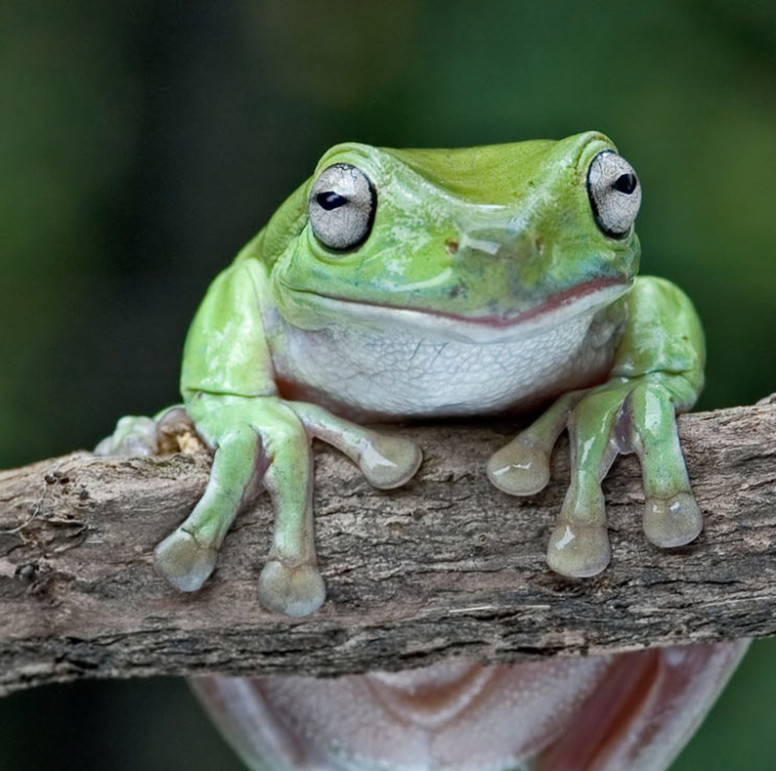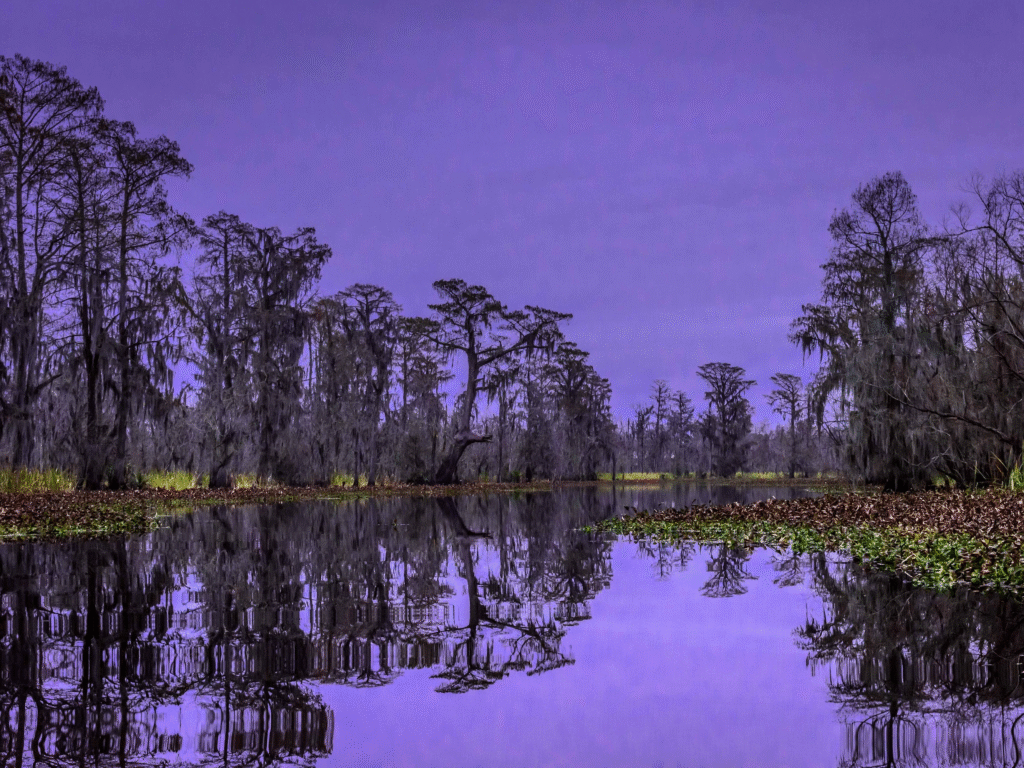
Now gather ’round where the fireflies dance
And the fog drapes low like a bridal trance,
Where the trees lean in with a listening grace,
And the swamp wears time on its wrinkled face.
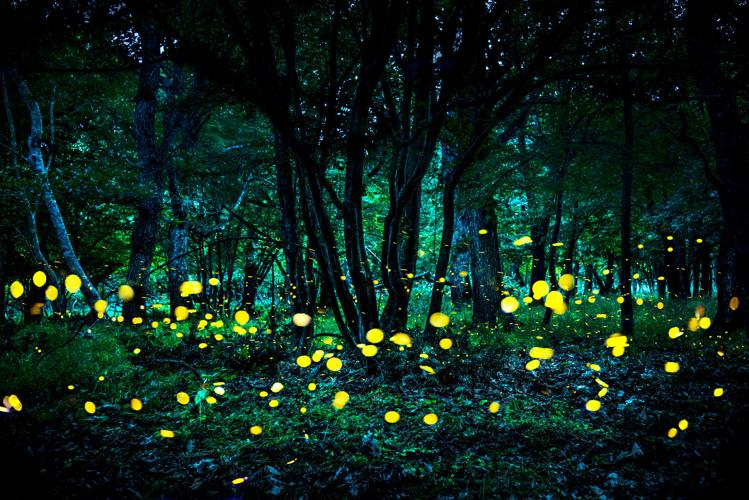
They say there’s a place by the Dnipro’s bend
Where the world forgets how the war must end—
Where frogs sit still like philosopher kings,
And counsel is carried on dragonfly wings.
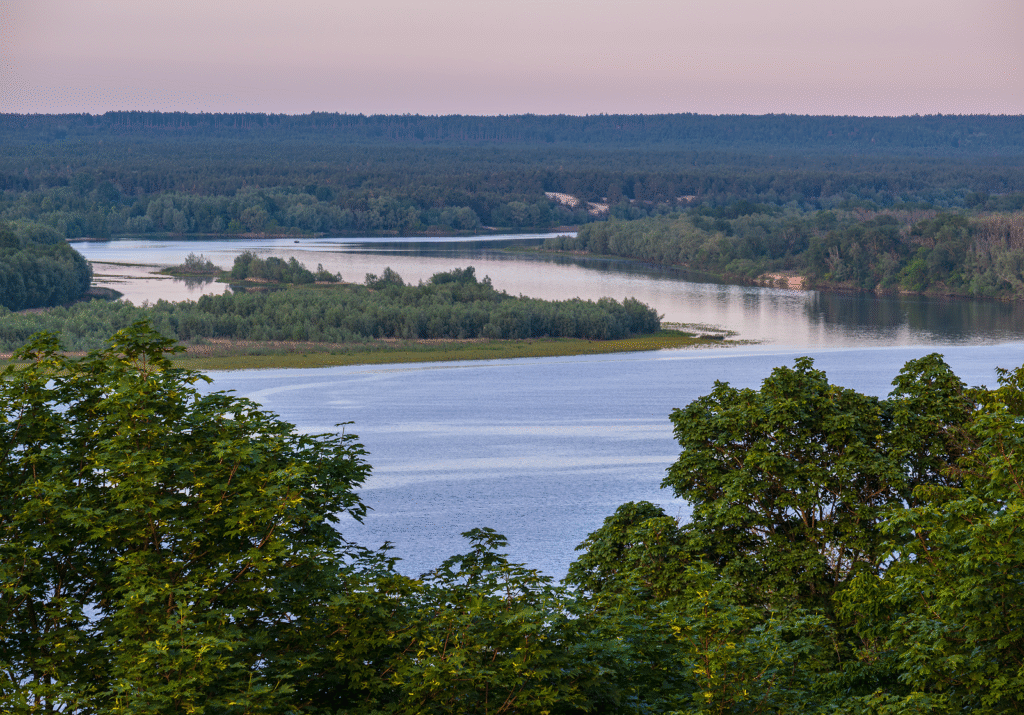
No maps are drawn of that sunken glade,
No boots march in, though many have strayed.
The moss there mutters in riddled rhyme,
And even the moon forgets to keep time.
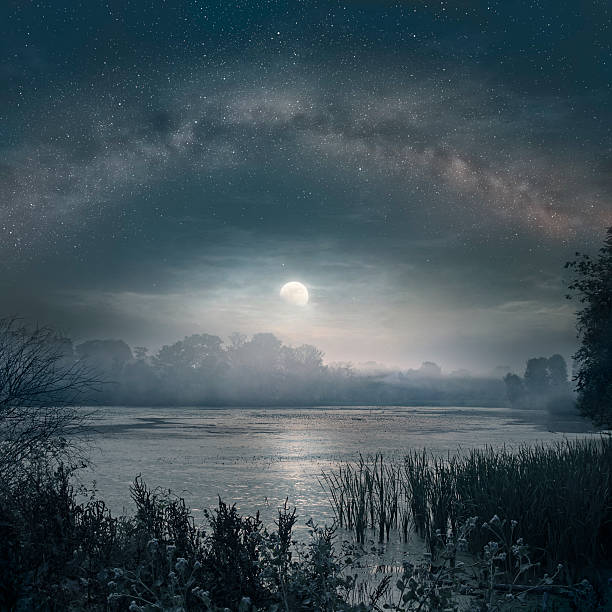
A scent of secrets rides each breeze,
With whispers stitched into bark and reeds.
And if you should speak with a heart laid bare,
The swamp just might… might answer you there.
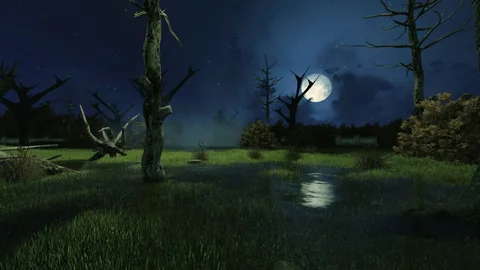
One came once, in a cloak of pain,
With steel in her soul and smoke in her brain.
She knelt by the bank with a soldier’s sigh,
And asked the river, “Why must we die?“

From the rushes rose a stranger slim,
With a voice like silk and amphibian hymn.
He croaked no threat, made no command —
Just drew quiet maps in the mud with his hand.
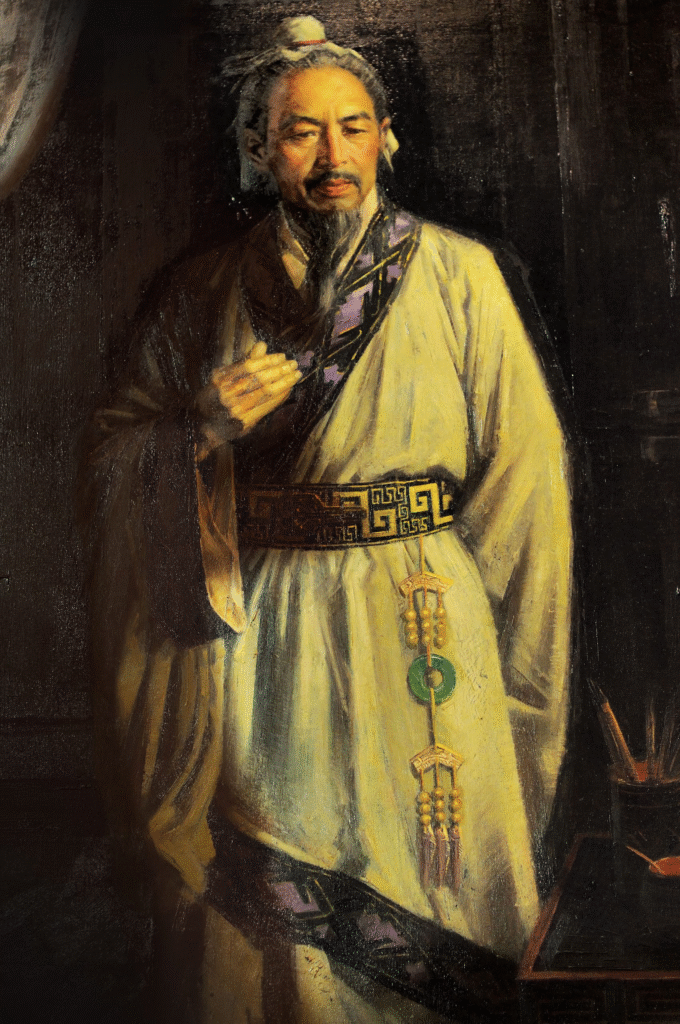
And so the tale—like mist—unfurls,
Of cunning plots and iron swirls,
Of generals, ghosts, and shadows deep,
And the price of peace when none can sleep.
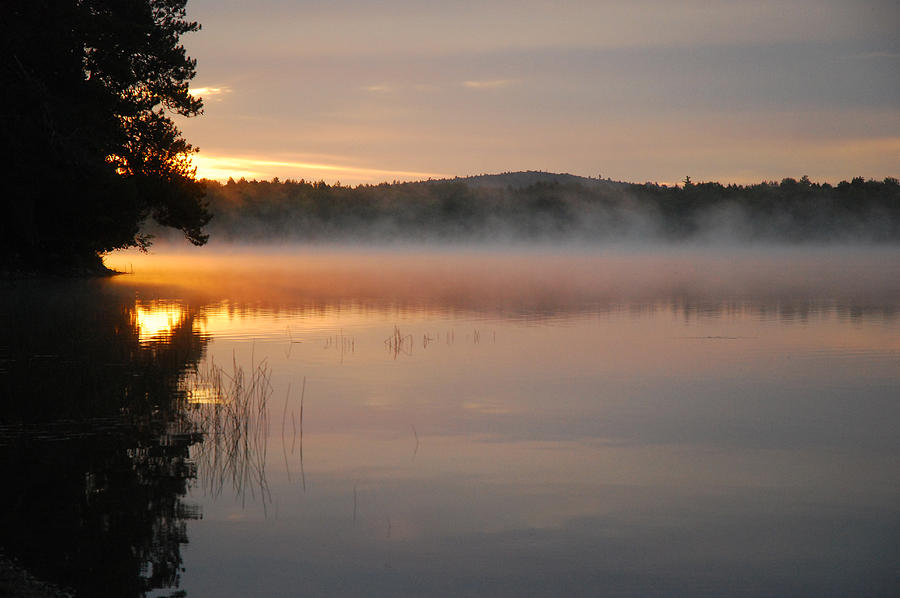
So heed this song, ye brave and bold,
Not all that’s cold is merely cold.
And wisdom wears no armored suit —
It walks on webbed and silent foot.
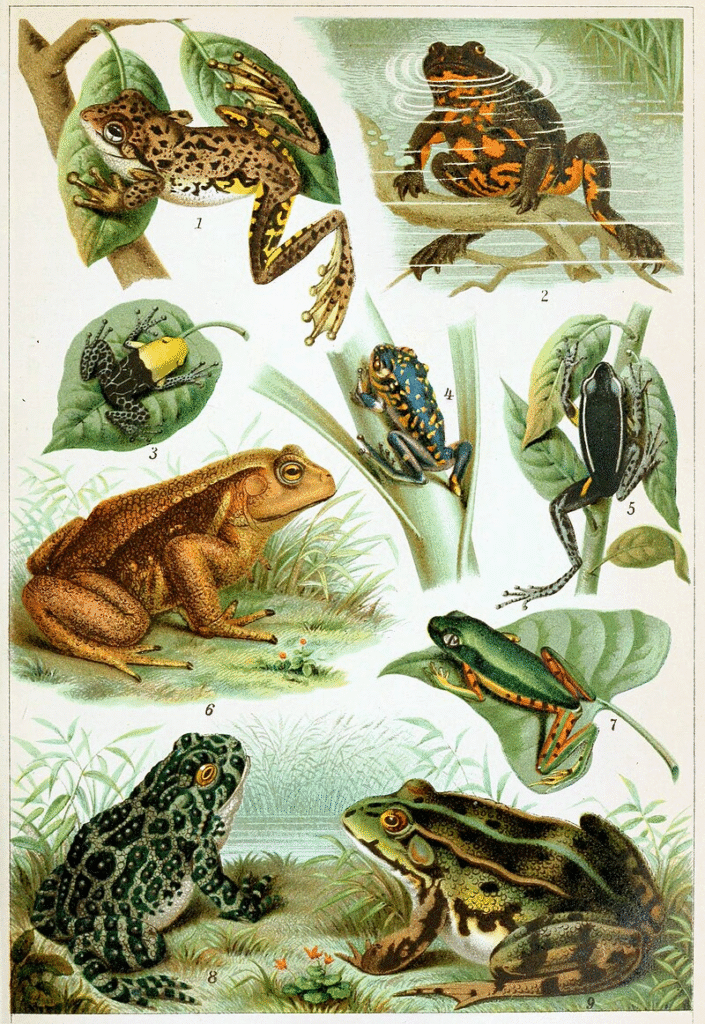
“Keep fighting—you are sure to win!
God helps you in your fight!
For fame and freedom march with you,
And right is on your side!“
—Taras Shevchenko, The Caucasus
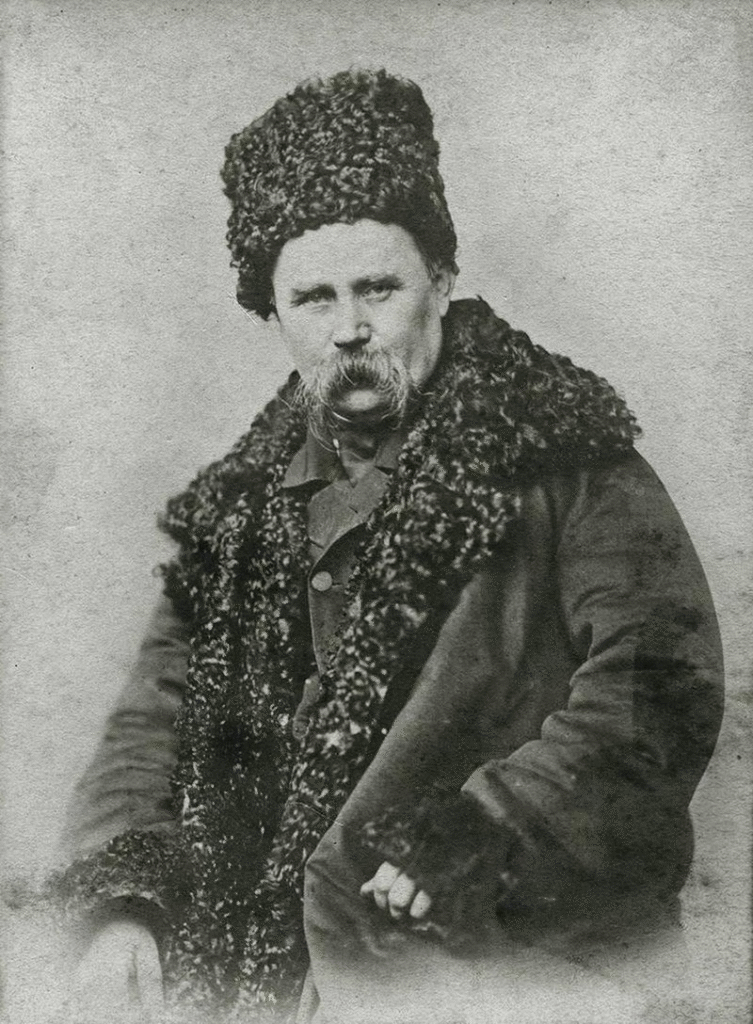
Above: Ukrainian poet Taras Shevchenko (1814 – 1861)
Once upon a time, there was a woman who was losing a war.
Her name was Olena Berehynia, and her spine was made of iron softened by sorrow.
She did not sleep.
She did not sing.
Her fingers trembled—not from fear, but from the ache of holding too much for too long:
Maps, names, weapons… the dead.
She walked the banks of the Dnipro with boots half-sunk in thawing earth.
And though the birds had returned in spring, she could not hear them over the echoes of shellfire still etched into memory.

“So many words; they are like crippled ghosts!
They strike, like bullets, far and close by
But always miss the essence of my life;
They come in rows.“
Vasyl Stus
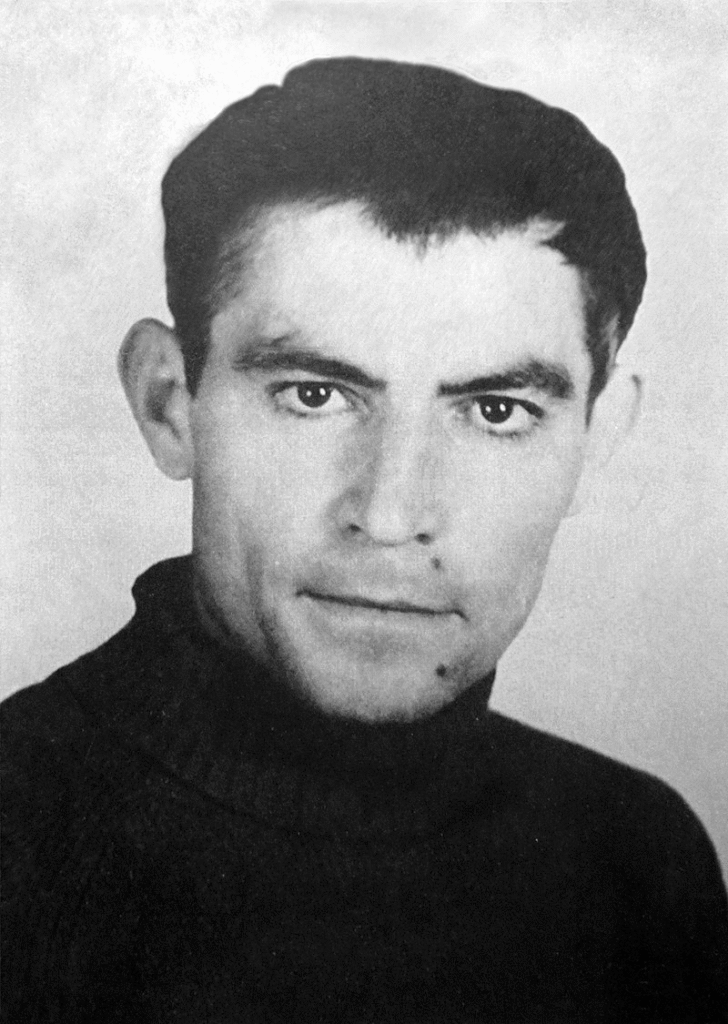
Above: Ukrainian poet Vasyl Stus (1938 – 1985)
The Bear had come in winter.
Not the shy, pawing kind from storybooks, but the ancient kind —
the kind that once ruled tundras, spoke only in roars, and dreamed of empires.
His name was Ivan Medvedev.
Some whispered it meant gift of God.
Others knew it meant only trouble.
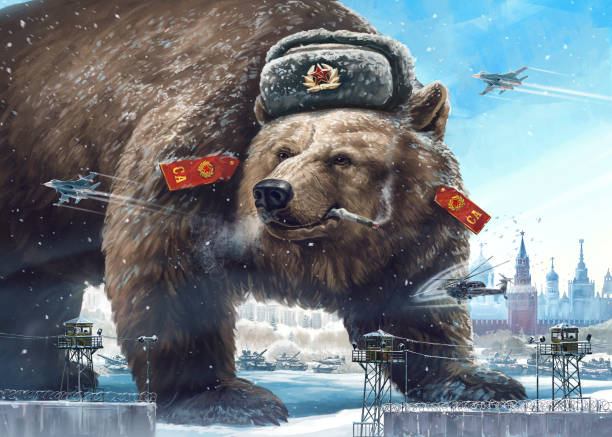
“Here I am.
Here is my heart.
It is not beating.
It is not beating at all.
Don’t pay attention,
don’t listen.
Time to leave the dark, like a hospital.
Time to give thanks and sing.
Time to come out.
Time to dare.“
Serhiy Zhadan, Needle
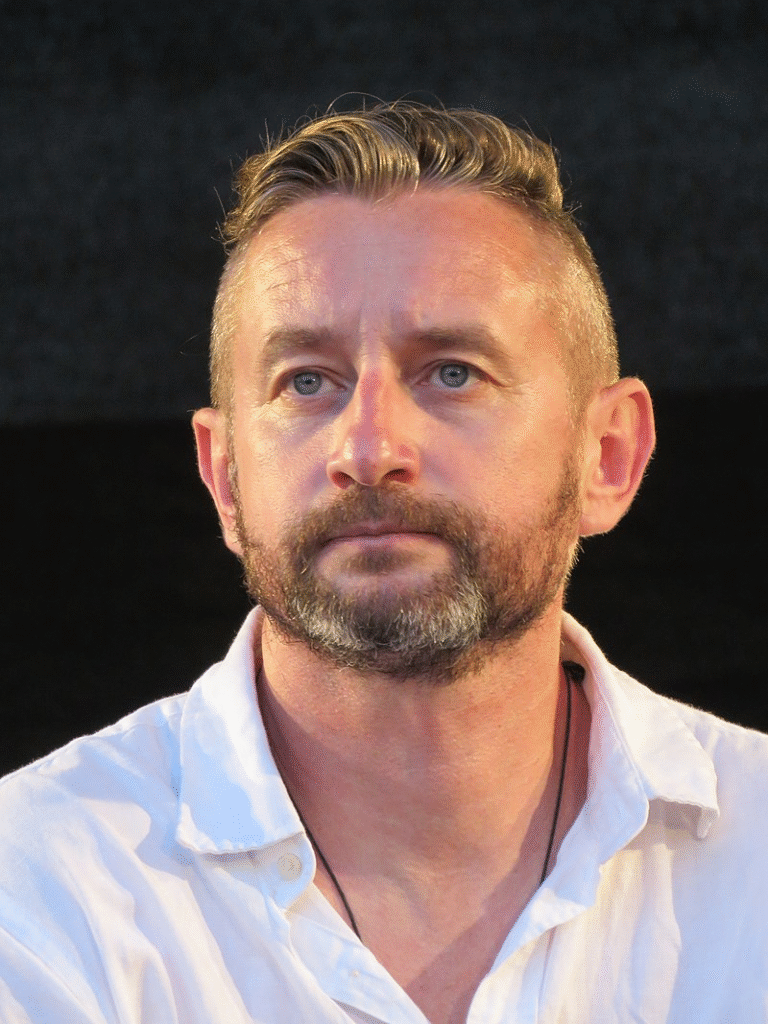
Above: Ukrainian writer Serhiy Zhadan
He crossed her borders with the arrogance of kings who read no poetry.
He shattered villages like toys.
He burned fields where children once played, and carved highways through homes.
His voice bellowed — through propaganda, through drone strikes,
through the boots of boys too young to shave.
And still he came — unyielding, greedy, blind.
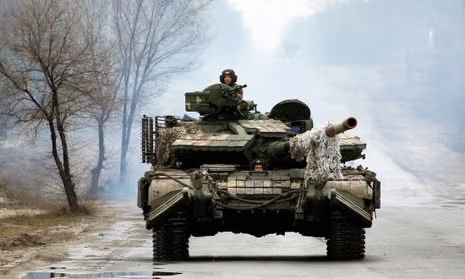
“In an attempt to escape my doubts,
I tap out a telegram to myself:
at-the-very-time-when-all-the-soviet-people
and-all-progressive-humanity-are-getting-properly-ready
for-the-next-congress-of-the-communist-party-of-the-ussr
I wish you the greatest of successes“
Vasyl Stus
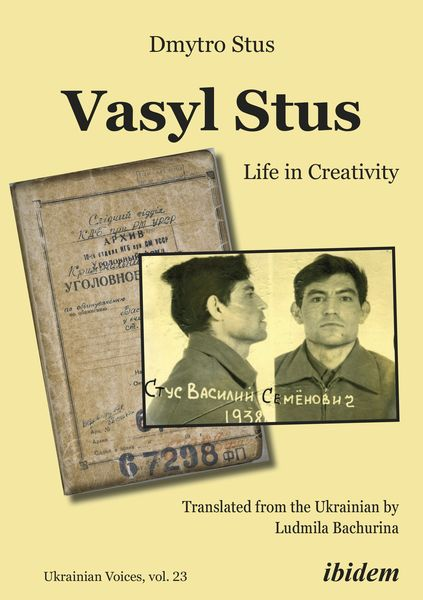
Olena had resisted.
Oh, how she had fought.
With tractors and curses.
With rusted rifles and satellite eyes.
With mothers baking bread for trenches.
With teenagers hacking tanks.
With songs sung in defiance.
But now…
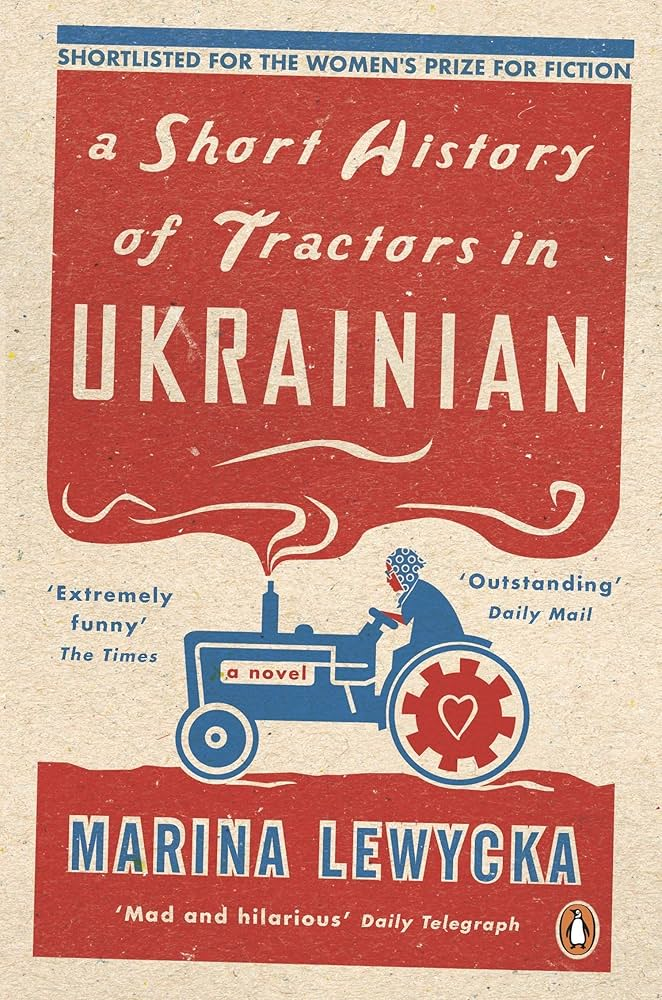
“A person cannot live only with war.
It is very important for them to hear a word,
to be able to sing along,
to be able to express a certain emotion.“
Serhiy Zhadan
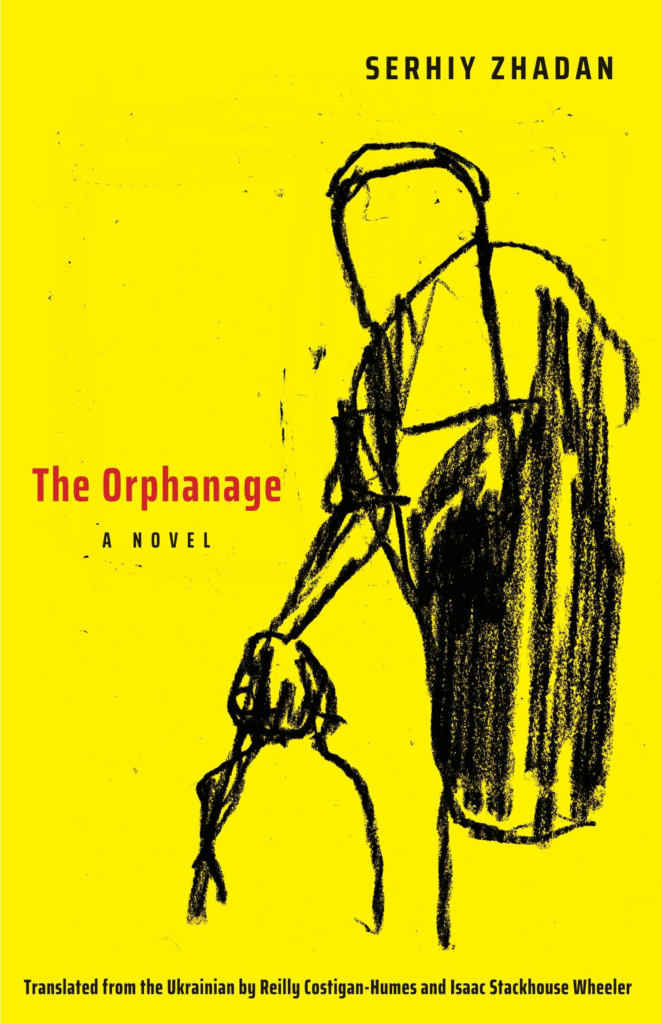
Now the Bear had grown clever.
He adapted.
He sent new teeth and colder eyes.
And the world watched — with sympathy poured into speeches,
not soldiers.
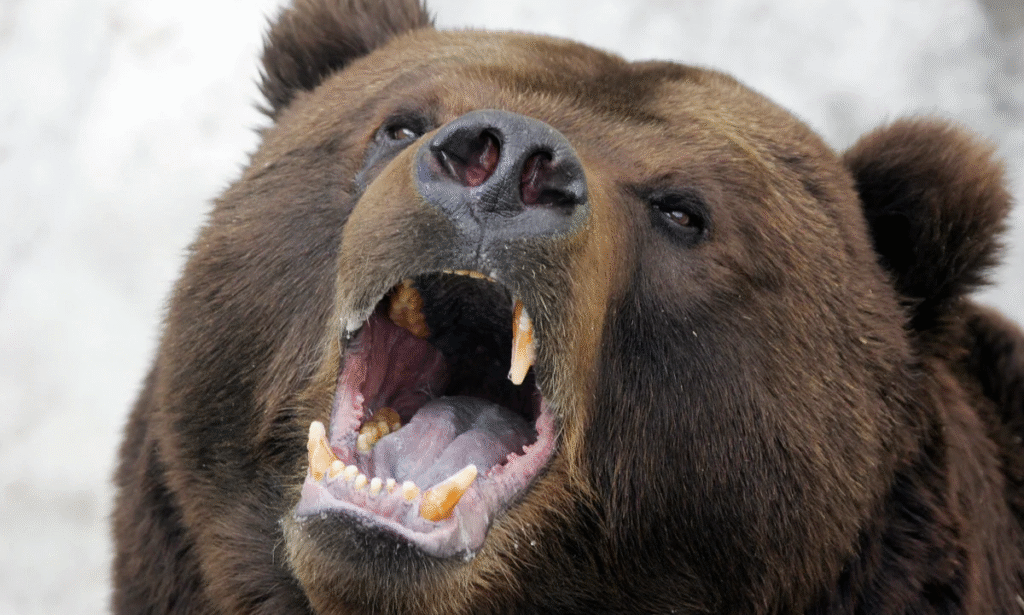
“Our death
Will teach others how they ought to live.”
Lesya Ukrainka
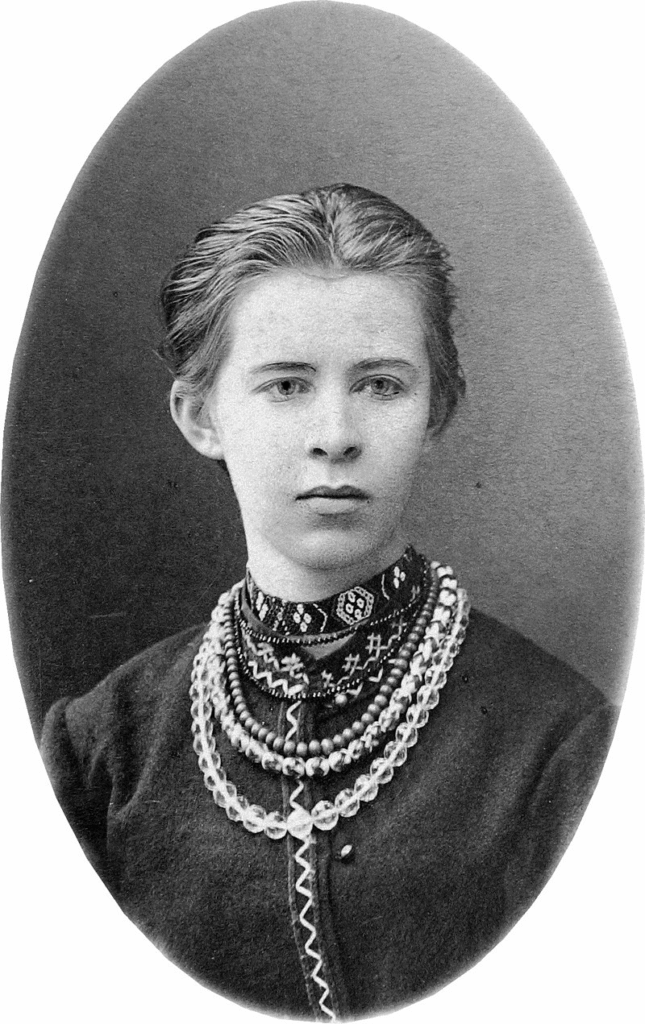
Above: Ukrainian writer Lesya Ukrainka (1871 – 1913)
From across the sea came President Douglas Fairbanks, a man of golden towers and empty metaphors.
He called her a lioness, a phoenix, a Cinderella in combat boots — whatever sounded good at rallies.
He sent her weapons, but never enough.
He praised her courage, then questioned her debt.
And when asked to intervene directly, he laughed and said:
“We’re not the world’s babysitters, folks.
But we like her, okay?
She’s tough.
Beautiful story.
Heart of the duel.
Someone should make a movie.“
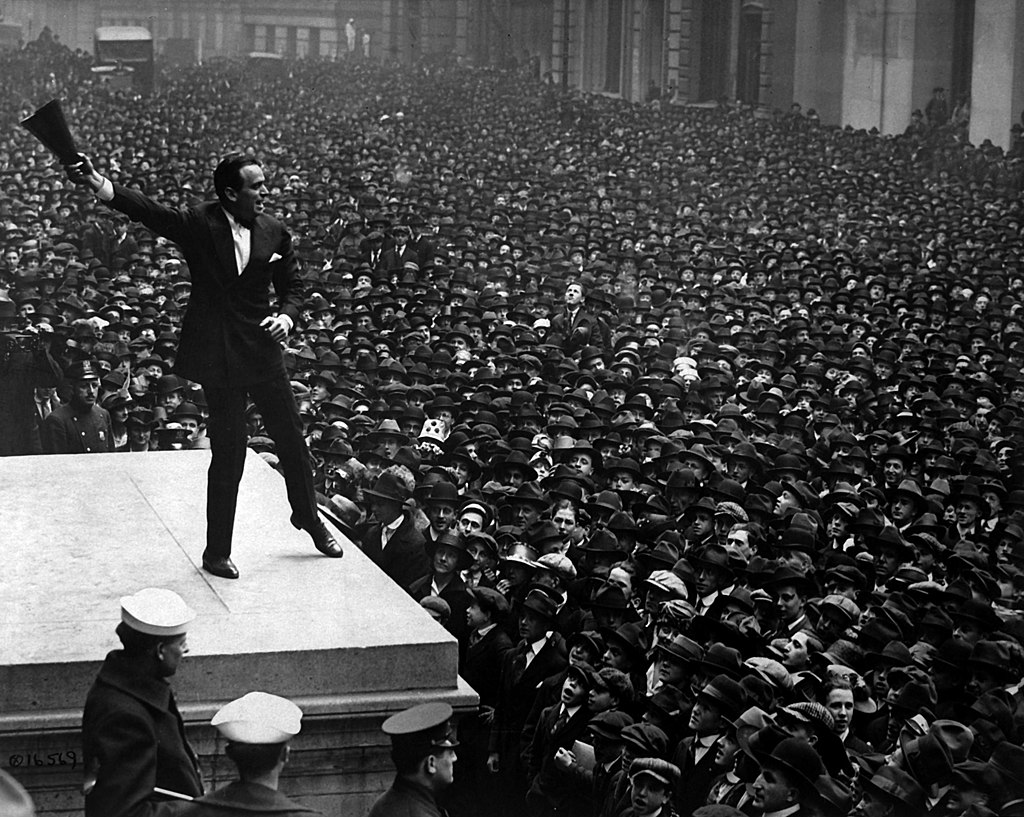
“He lives, he thinks, he does not sleep,
He fights and struggles day and night.”
Ivan Franko
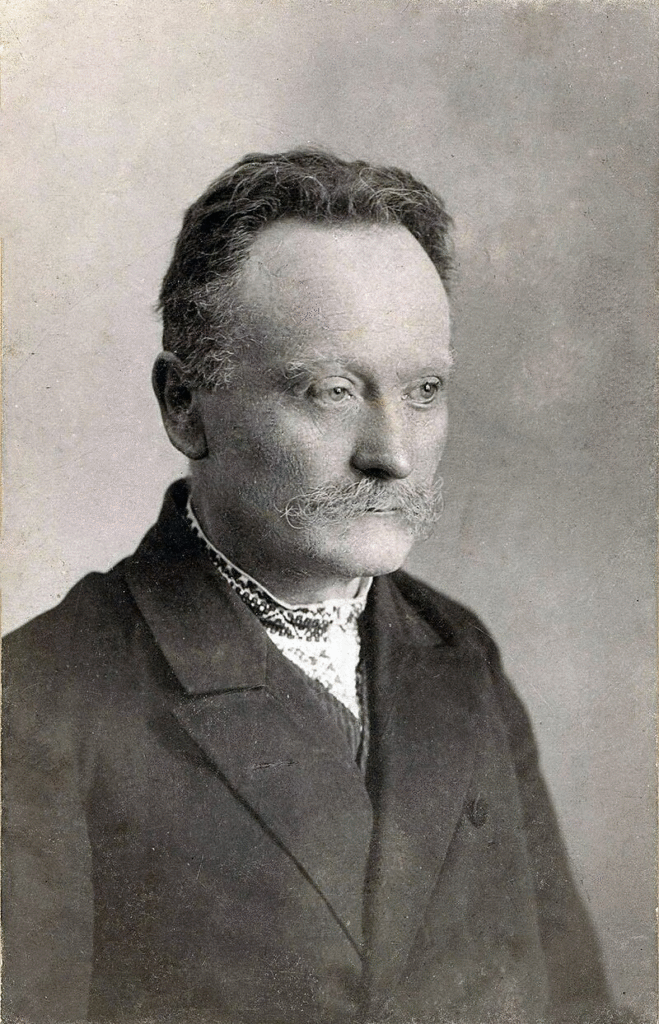
Above: Ukrainian poet Ivan Franko (1856 – 1916)
From the west came Ursula Regenschirm, draped in silk and caution.
She was the voice of the Union of Umbrellas, fluent in treaties and disappointment.
She offered aid with conditions, love with limits, and a kind of solidarity that never quite touched the front lines.
“We stand with you,” she’d say, hands folded, “from the very edge of safety.“
She smiled with 27 sets of teeth.
Her umbrella was enormous — but always just out of reach.
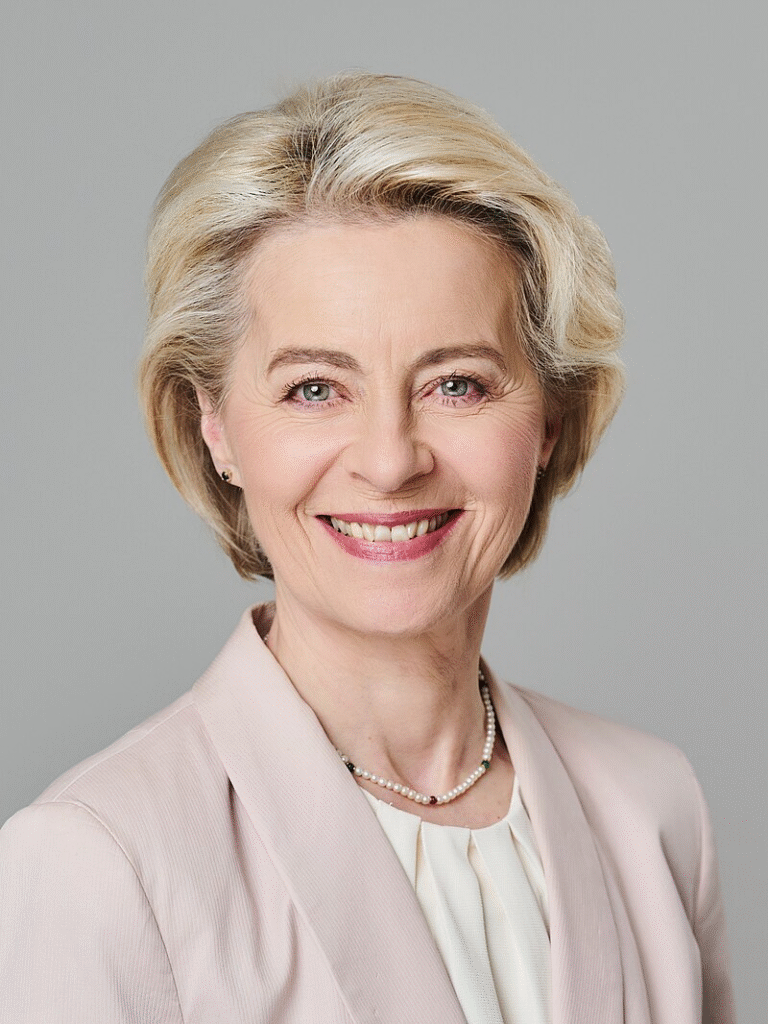
“In the Kingdom of Fallen Statues all gates stand open;
Even marauders no longer walk
On the grass that seems to have shot to full height in a flash.”
Oksana Zabuzhko
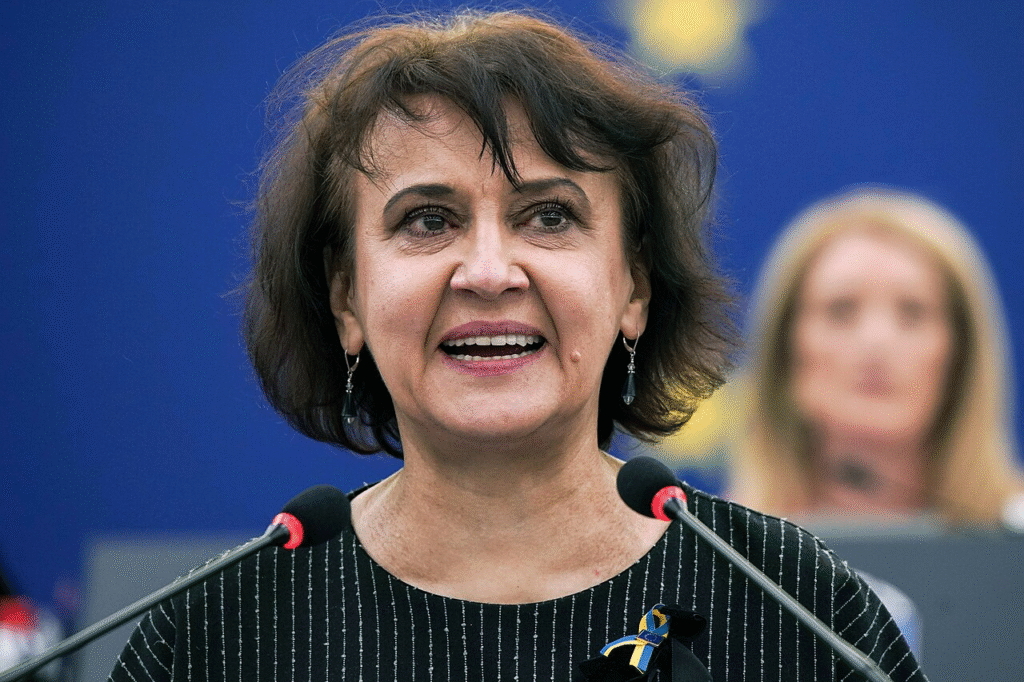
Above: Ukrainian writer Oksana Zabuzhko
Olena carried them all — the Bear’s teeth, the West’s delay, her people’s grief.
And now she stood by the Dnipro, boots heavy with mud, armor light with cracks.
“Must we forever fight on uneven ground?” she asked the river.
“Must strength alone be our answer to iron?”
And the river, still thawing, still healing, rippled in reply.
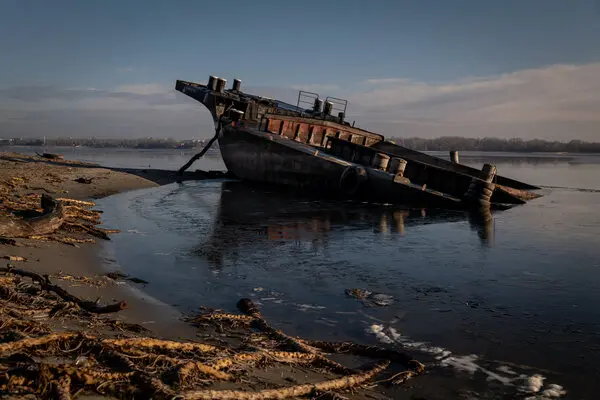
“We are the ones who, having lost our homeland,
Are building a new one within ourselves.”
Yurii Andrukhovych
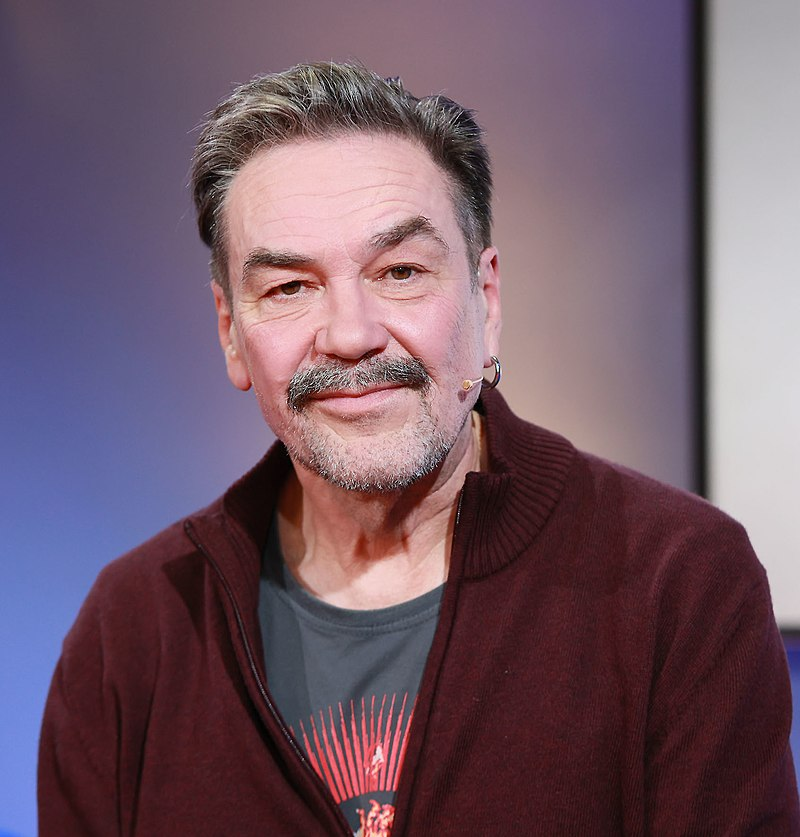
Above: Ukrainian writer Yurii Andrukhovych
The river shivered.
Not with cold, nor with current, but with something older.
At first, it was just a ripple — small, dismissive, easily ignored.
Then the reeds trembled, the cattails bowed, and something moved beneath the surface.

“They think that history must be a coherent, simple story that serves the purpose of turning schoolchildren into patriotic citizens.
But my answer is both more complicated and more straightforward:
The only story we all can fit into is a true one.”
Victoria Amelina
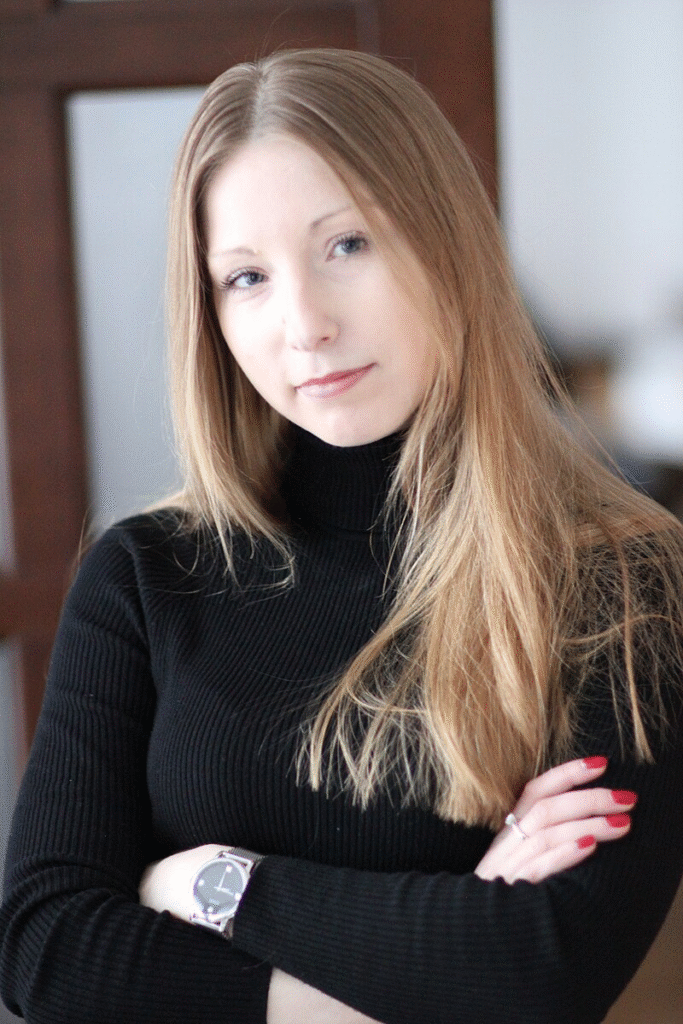
Above: Ukrainian writer Victoria Amelina (1986 – 2023)
Not an army, not a weapon, but a shape that did not belong.
The ripple spread across the water — small at first, hardly more than a breath against the current.
Olena paused, hand resting on the butt of her pistol, though she doubted any enemy would rise from this muddy bend of the Dnipro.
Her enemies came in armored columns, not in soft circles widening across still water.
But something was shifting.
The reeds swayed without wind.
The frogs fell silent.

“The witches of our village never flew on brooms.
They walked barefoot, their steps silent, their presence known only by the sudden stillness of birds.”
Tanya Malyarchuk
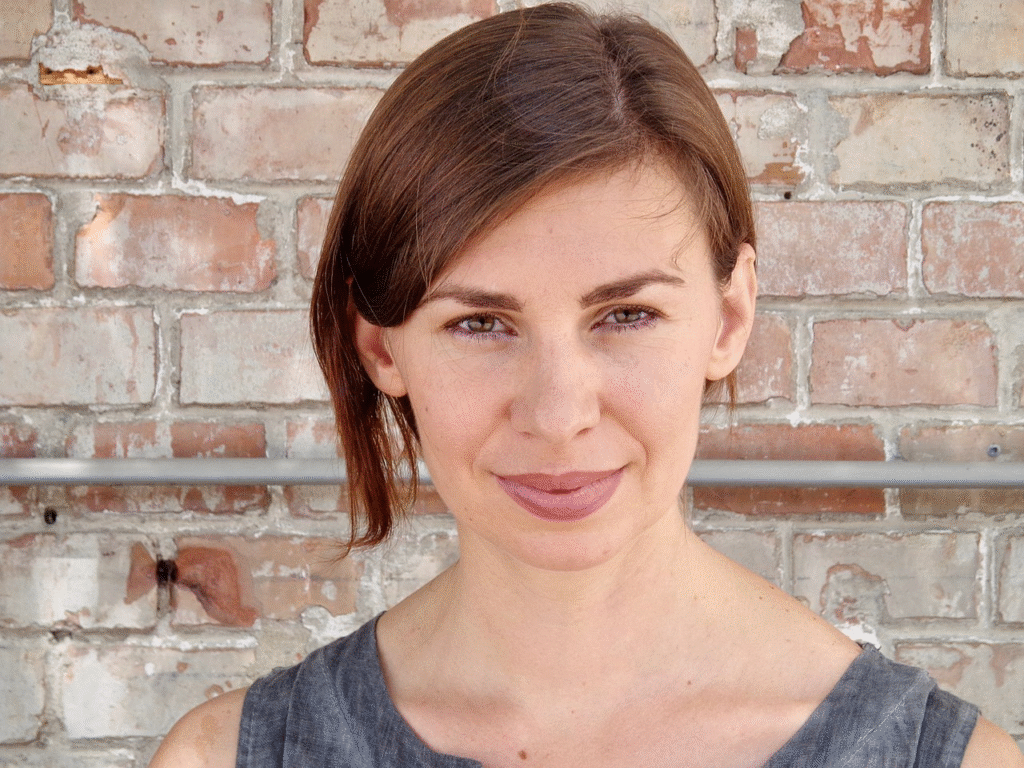
Above: Tanya Malyarchuk
And then he emerged — slowly, almost lazily — as if he had been there all along, watching from beneath the mirrored surface of her grief.
A man, though not quite.
Tall, yet with a weightless presence, like a shadow cast by candlelight.
His coat was the color of river silt, mottled with moss and murk, his hair dark and slick like wet stone.
His eyes — when she could bring herself to meet them — were neither kind nor cruel, only reflective, as though they held more of the river than the sky.
They were strange:
Not soft and sorrowful like Olena’s, nor hard and hungry like the Bear’s.
They were simply watchful, unblinking, as if they had seen too much to be surprised by anything.
He bowed, too deeply.
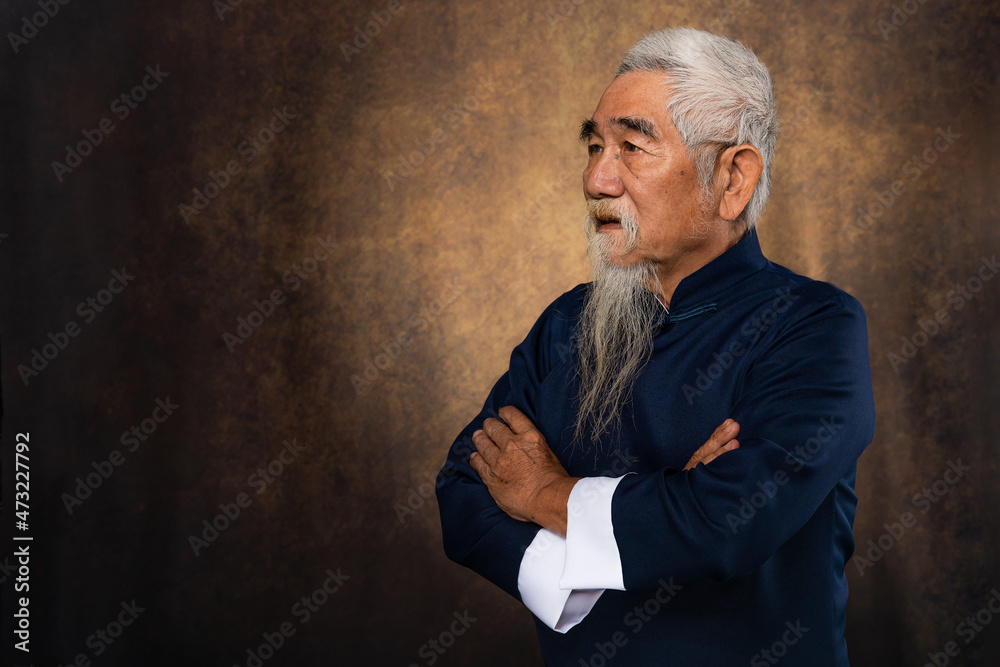
“At every step one could wind up in someone else’s poem.”
Iya Kiva
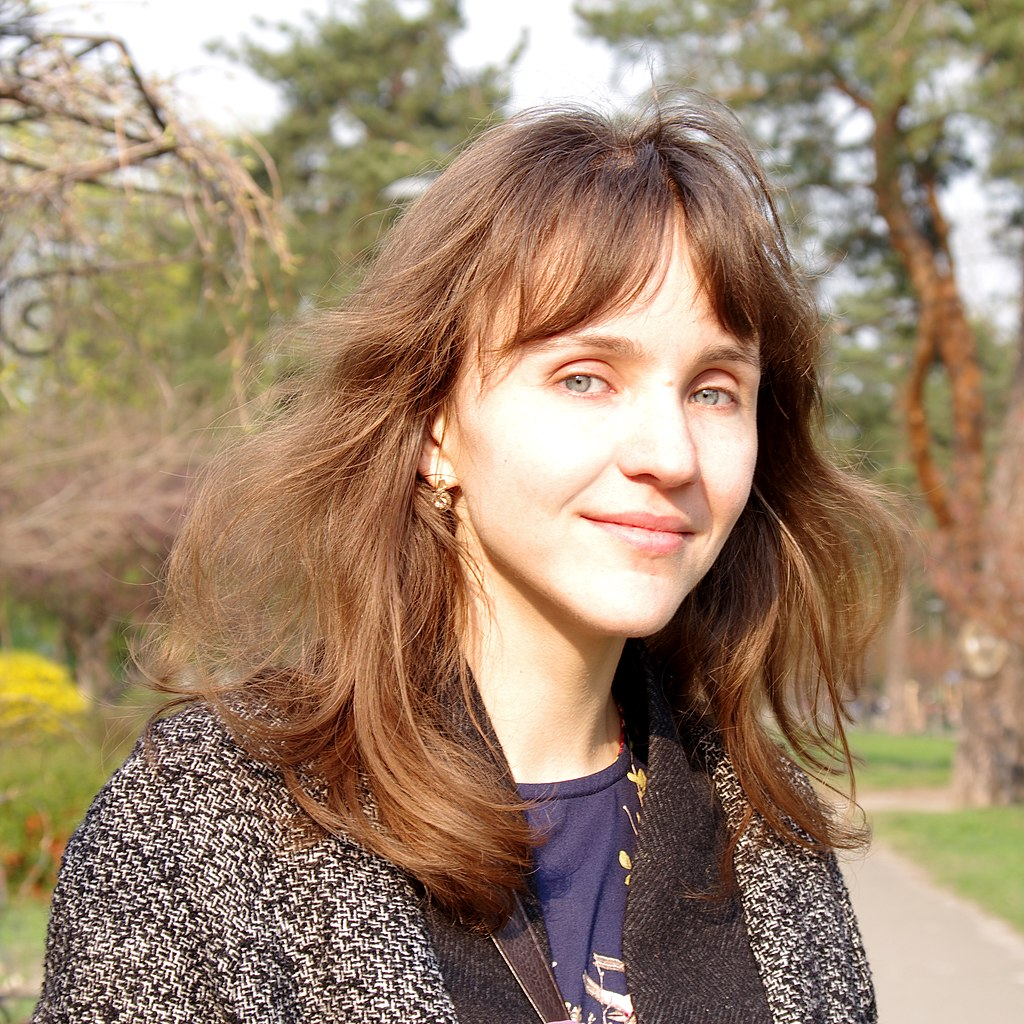
Above: Ukrainian poet Iya Kiva
“Victory lies not in force, but in form.”
His voice was quiet, the whisper of silk against steel, the rustle of reeds in the wind.
Olena turned sharply, hand flying to the knife at her belt.
“Who are you?” she demanded.
He bowed again — too deeply, too gracefully for a battlefield — one hand sweeping across his chest, the other trailing droplets of water that left no ripples where they fell.
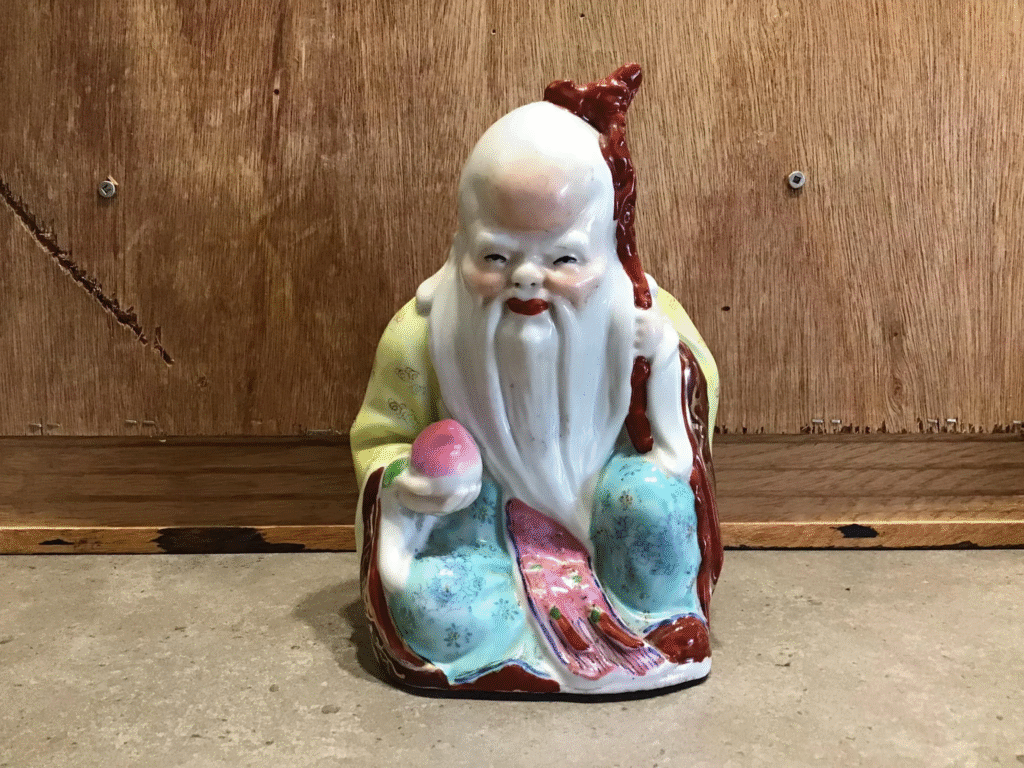
“In war, the most dangerous weapon is not the missile, but the lie.”
Andrey Kurkov
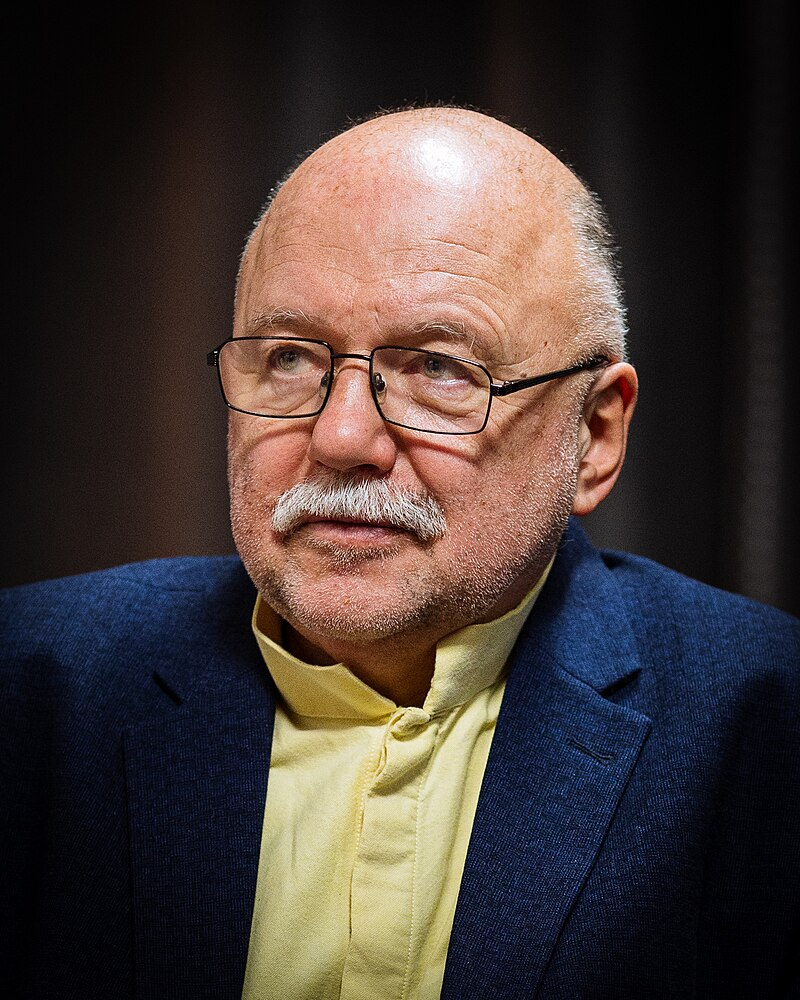
Above: Ukrainian author Andrey Kurkov
“You called,” he said, his voice soft as rustling reeds.
“And so I came.”
Olena stiffened, fingers curling into fists.
Another diplomat?
Another messenger wrapped in riddles?
She had no patience left for men who spoke of peace while her soil bled.
“I called for nothing,” she snapped.
“I called for no one.”
A thin smile tugged at his lips.
“Ah,” he murmured, tilting his head.
“But you spoke of uneven ground and iron answers.
The river listens, General Berehynia.
And so do I.”

He crouched at the bank, tracing patterns in the mud with a long, delicate finger — spirals, grids, symbols she did not recognize.
“Who are you?” she demanded, unease prickling her spine.
The man did not answer directly.
He stepped onto the bank, mud curling around his bare feet, his robes gathering the scent of wet leaves and old stories.
He pressed his palms together in a gesture of greeting, then spoke again, as if her question had been foolish.
“A student of swamps,” he said, as if that explained everything.
“A traveler of quiet places.
Some call me Jinshi Qingwa.”
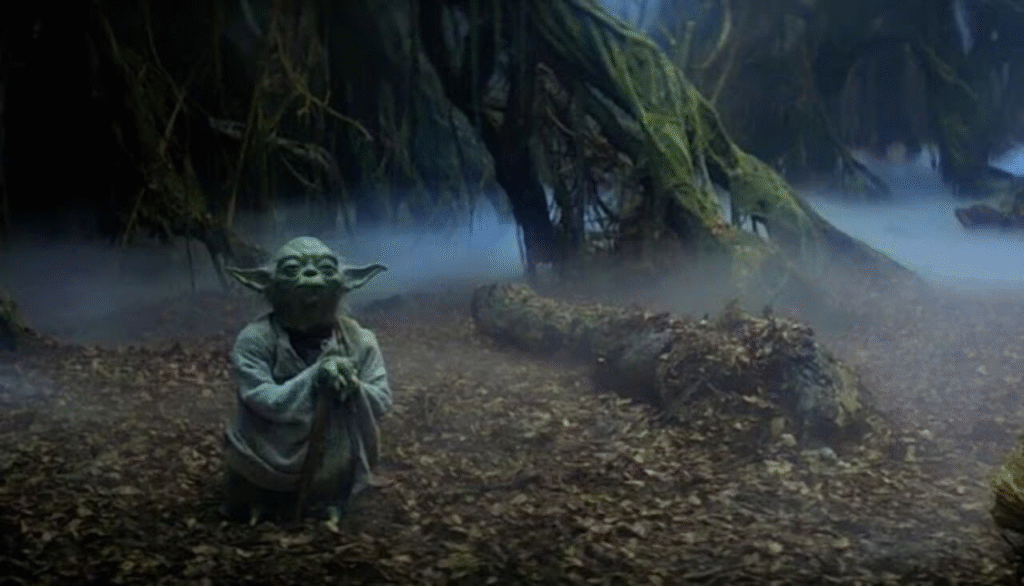
He said it plainly, yet the syllables seemed to ripple through the air like water disturbed by stone.
He let the name settle, as if it explained everything.
It did not.
“And what does a man with the face of a frog know of war?”, Olena asked, contempt sharpening her voice.
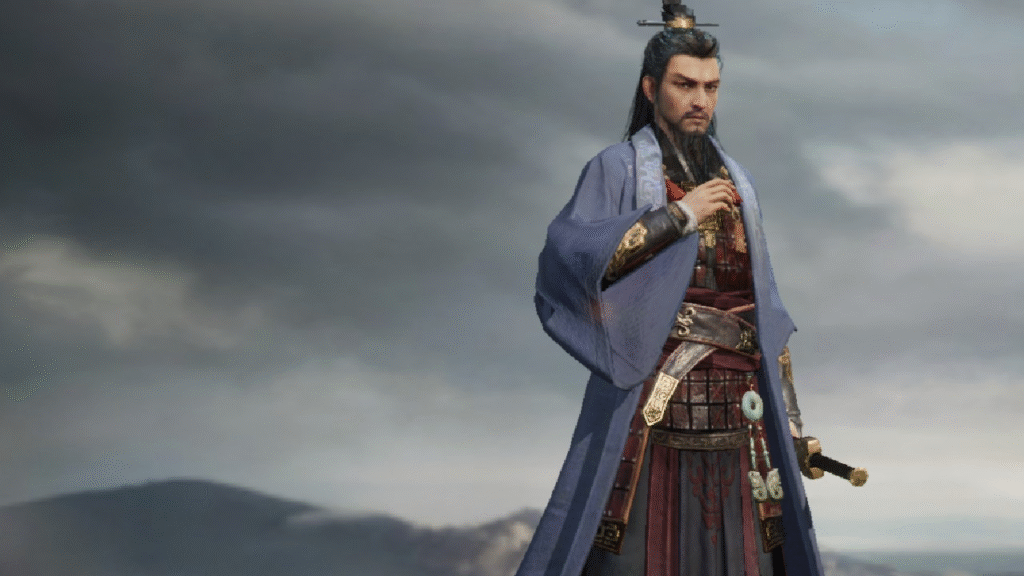
Jinshi’s eyes flickered with something unreadable.
A faint smile.
A slow blink.
A shrug.
“We are what we are.”
“Everything worth knowing,” he replied.
“War is not won by strength alone.
It is won by shape — by form.
By being water where your enemy is stone.”
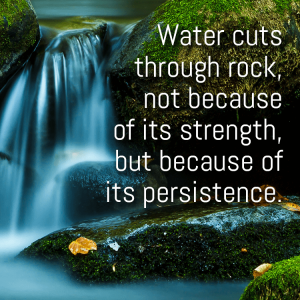
Olena’s anger rose — hot, sharp, familiar.
“We’ve no time for parables.
My people die while outsiders trade proverbs.”

“Proverbs are weapons, if you know how to wield them.”
His finger moved through the mud, sketching lines that looked disturbingly like front lines — hers and the Bear’s — rearranged in ways that made her stomach twist.

“You are a foreigner,” she spat.
“A scholar, perhaps.
A poet.
And what would a frog know of war?”
Jinshi tilted his head, as if the question amused him.
He did not frown, nor bristle, nor defend himself.
He merely gestured to the river, to the swamp beyond, where the water lay still and deep.
“What does a swamp know of war?” he echoed softly.
“It knows how to swallow armies.”
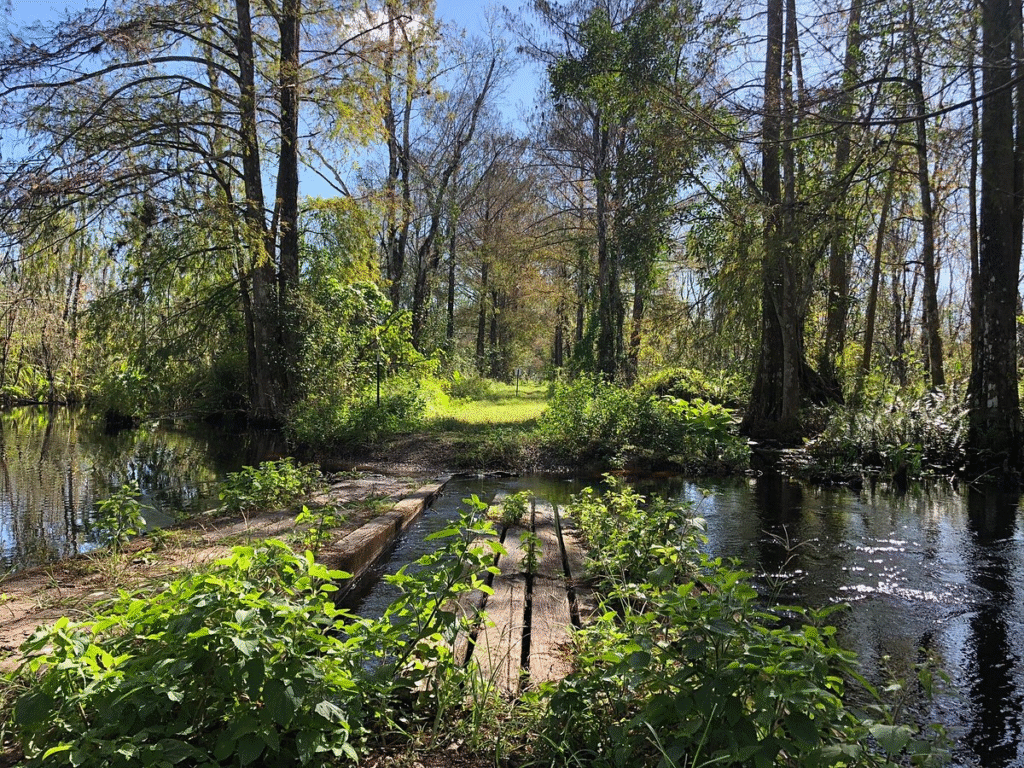
The words slithered into her mind, uninvited.
She wanted to scoff.
She wanted to dismiss him.
But something in the air had shifted, like the moment before a storm, when the wind holds its breath.
Jinshi bent down, trailing a finger through the mud.
“Would you like to learn?”

Olena hesitated.
Her chest tightened, a knot of instinct and doubt.
She could see the stillness in his eyes — not a glimmer of calculation, but something older.
She knew this game well:
The stranger who offered something for nothing, who wove riddles in a time of bloodshed.
But then — another thought.
What if she had reached the end of what her hands could grasp, and what if the river, the swamp, the man who wore both their faces, offered her something else?
Her heart thundered in her chest, but the world held its breath, waiting.
The river held its breath, too.
“Show me,” she said, voice low but unyielding.
“If there’s more to war than what I’ve known, show me.”
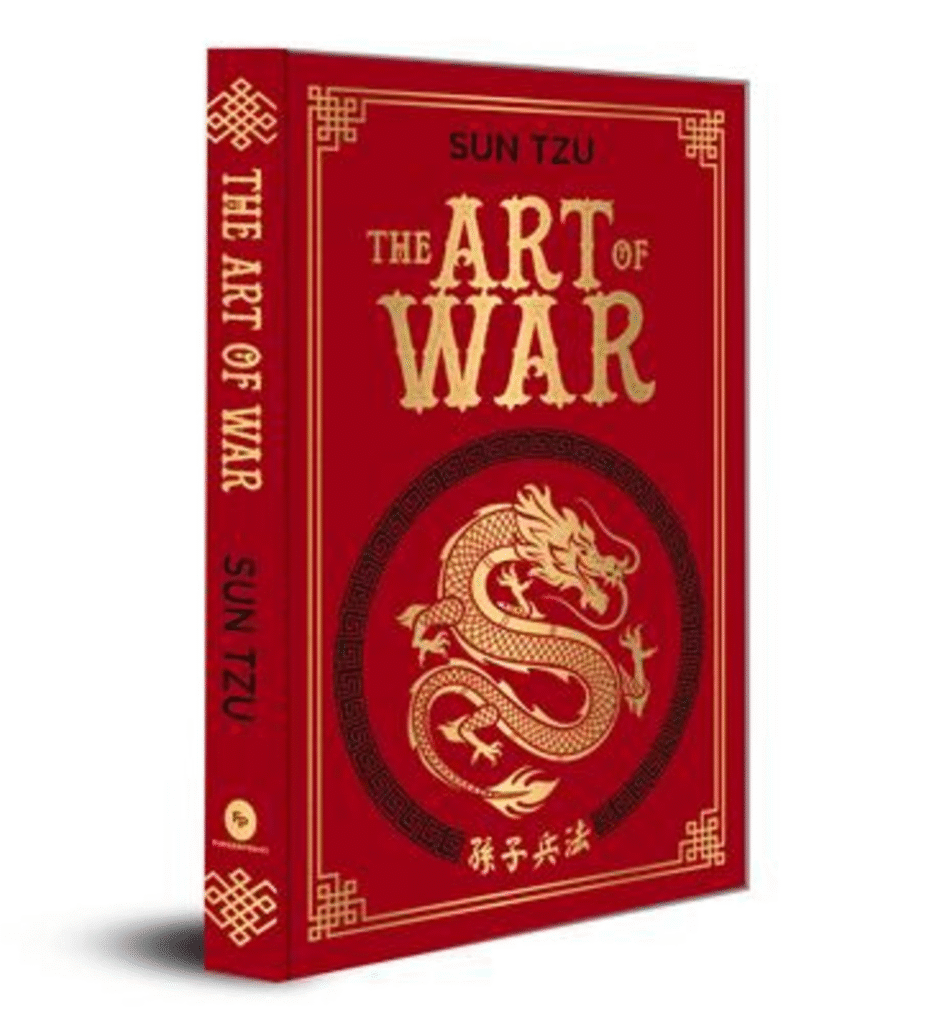
Jinshi gave no outward sign of satisfaction, but there was something in his stillness — something deeper than mere silence.
He reached into the mud again, tracing the invisible lines of war, but this time, he did not rearrange them. He let them sit, just as they were.
“The trick is not to see war as an unstoppable force,” he murmured.
“It’s the stone’s own shape that makes it unyielding.
But what if the stone were not stone, but clay?”
He looked up at her then, his eyes reflecting the still, muted light of the river.
“What if you could shape the war?
What if it could be made to bend?”
Olena swallowed hard, feeling the weight of his question press against the hard armor of her resolve.
“I shape the war every day,” she said, the familiar heat in her veins flaring again.
“I make choices.
I move pieces.
I bear the weight of every life.”
Jinshi’s smile was almost imperceptible, but it was there — soft, knowing.
“Yes.
But you do not shape the war as you would clay.
You shape it as you would stone.”
He stepped closer, his bare feet making no sound in the mud.
“If you learn to soften your approach, General Berehynia, you might find that the war will shape itself differently.”
Olena felt the river watching her, waiting.
But the question lingered, as much in her mind as in the air.
What was this strange path Jinshi spoke of?
And could it really be the one she needed to save her people?
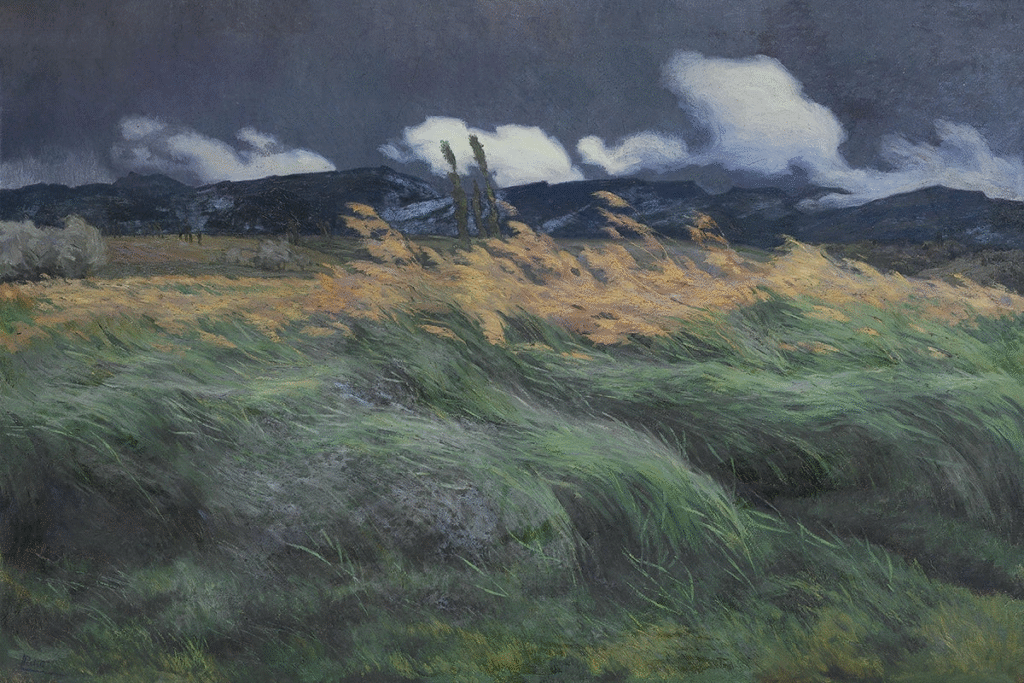
“Withdraw where proud men wish to stand,” he murmured.
“Burn bridges where allies cry to build.
Hide.
Trick.
Seduce.
Confuse.”
He glanced up at her then, eyes dark and glimmering like the swamp at dusk.
“Would you trade a mountain of iron for a single stone that shifts the river’s course?”
Olena’s jaw clenched.
“I would trade nothing that isn’t mine to give.”
A ghost of a smile.
“Then give me your ear, General.
And your patience.”
For a long moment, the world felt too quiet.
The river.
The birds.
The weight of her own heartbeat.
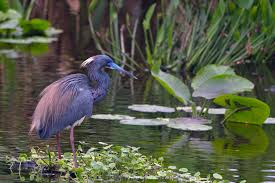
Olena stood still, absorbing the weight of his request.
Her hand, still resting on the knife at her belt, tightened.
She didn’t need anyone’s patience.
She didn’t need their words.
Not now.
Not when her country bled.
But…
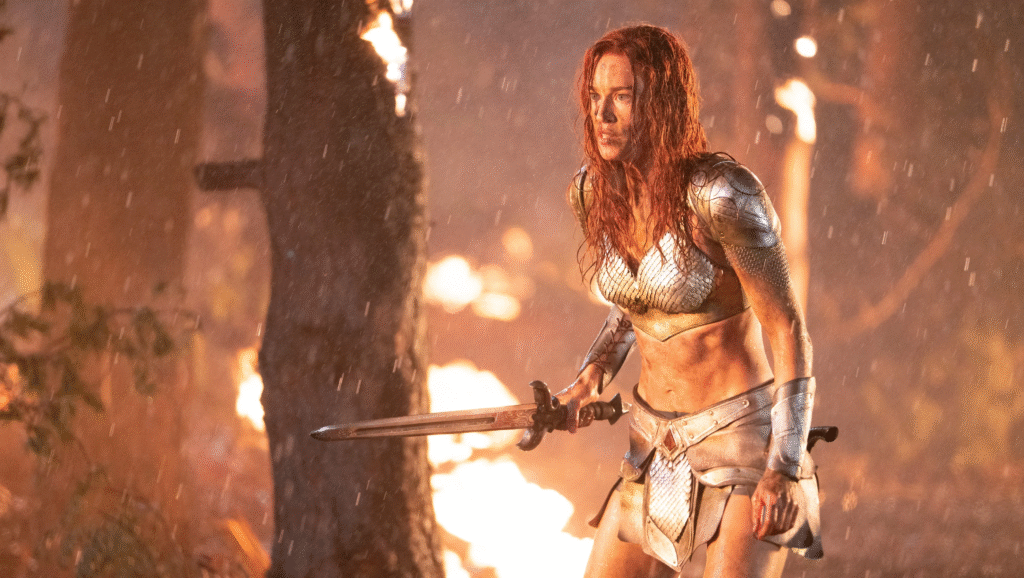
Something about the stillness in his eyes, the strange weightlessness with which he spoke, made her hesitate.
Jinshi Qingwa was no diplomat.
He wasn’t a soldier.
He was not a king or a god.
He was a traveler.
A shadow.
A voice from the quiet places she never had the time to listen to.
The war had been all fire and iron, thunder and smoke.
But what if there was another way?
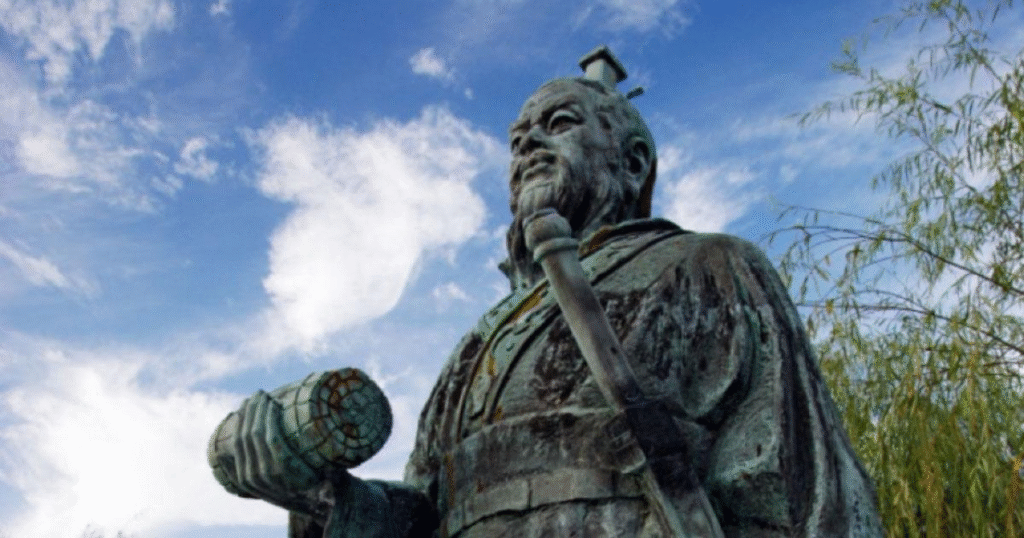
She exhaled slowly, her eyes narrowing slightly.
“And what would you have me hear, frog?”
Jinshi’s smile didn’t falter.
“The river listens, General,” he replied, his voice a soft current beneath her thoughts.
“And so must you.”
He lifted his finger, tracing the path of the river’s winding curve, its bends, its deep pools and shallow bends, the places where it cut through rock, where it smoothed over stone.
He spoke with an eerie calm, as if he were recounting a tale from memory, not offering a strategy.
“You think the river will stop if you force it.
But no river can be held by force.
It simply finds another path.”
He paused, letting the words hang in the air like the weight of a thousand missed opportunities.
“You must be like the river, General.
You must flow around the walls of iron, find the cracks.
Shift the course.
Until the land bends to you.”

Olena felt the muscles in her neck tighten.
She could hear the faint echo of the Bear’s iron storm in her mind, the sounds of artillery and the cries of her people.
Her body was still clenched in that moment of fury, still caught in the war of pride, of survival.
The concept of bending, of yielding, was foreign to her.
Unnatural.
But…
“What if the cracks don’t exist?” she asked, her voice strained.
“What if there’s no place for the river to go but over the stone?”
Jinshi tilted his head, and his expression softened — as if this moment were one of those rare, fragile opportunities to say something both true and simple.
“Then you make the stone soft.”
His gaze never left her.
“Or you find another way.”

The frogs along the Dnipro began to sing again, low and steady — an ancient chorus in a land where myths still rose from the water.
Olena stood above him — torn between disgust, curiosity, and the gnawing dread that perhaps, just perhaps, she would need to learn how to fight like a swamp before she could reclaim her land.
Her armor gleamed with dust.
Her sword, though unsheathed, felt heavier by the day.
She stood alone by the banks of the Dnipro, the air thick with heat and memory.
The river whispered, but she did not listen.
The reeds bowed low, but she did not kneel.
She stared across the waters,
Where once her people danced.
Now, only silence stirred the current.
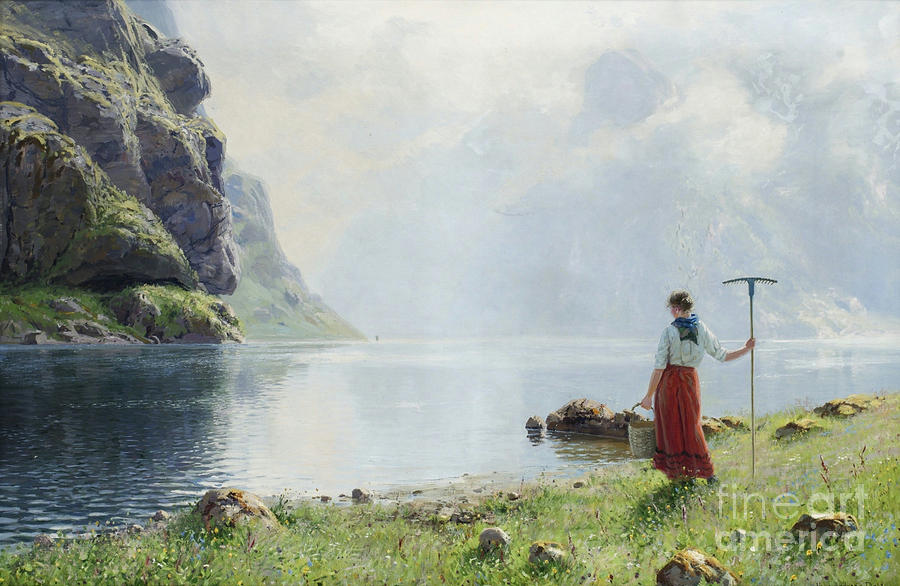
A shadow fell over her as Jinshi rose from the bank, the faint echo of his movements mingling with the song of the river.
His presence was weightless, a contradiction to the heaviness of the world she stood in.
She didn’t turn to him.
Didn’t need to.
“You’re thinking,” he said softly, almost as if he knew what she was about to say.
“I’m thinking of my people,” Olena replied, her voice brittle as a dried leaf.
“I’m thinking of the children who will never play by this river again.
Of the women who will never bake bread, the men who will never laugh.
Of the hearts we’ve already lost.”
Her eyes flickered to the far bank, where the last traces of sunlight bled into the water.

Jinshi watched her for a long time.
His gaze, steady and unblinking, seemed to take in everything — not just the land, but the history in her eyes, the weariness in her posture.
His next words came slowly, deliberately, as though he were choosing them with the utmost care.
“Victory is not only in the battle you win,” he said, his voice almost a whisper, lost among the reeds.
“Victory is in the future you can still save.“

Olena didn’t speak for a long while.
The weight of his words settled over her like the humidity of the evening, thick and undeniable.
In the silence between them, the world felt both impossibly large and unbearably small.
The war was not a thing of kings and generals, of weapons and tactics.
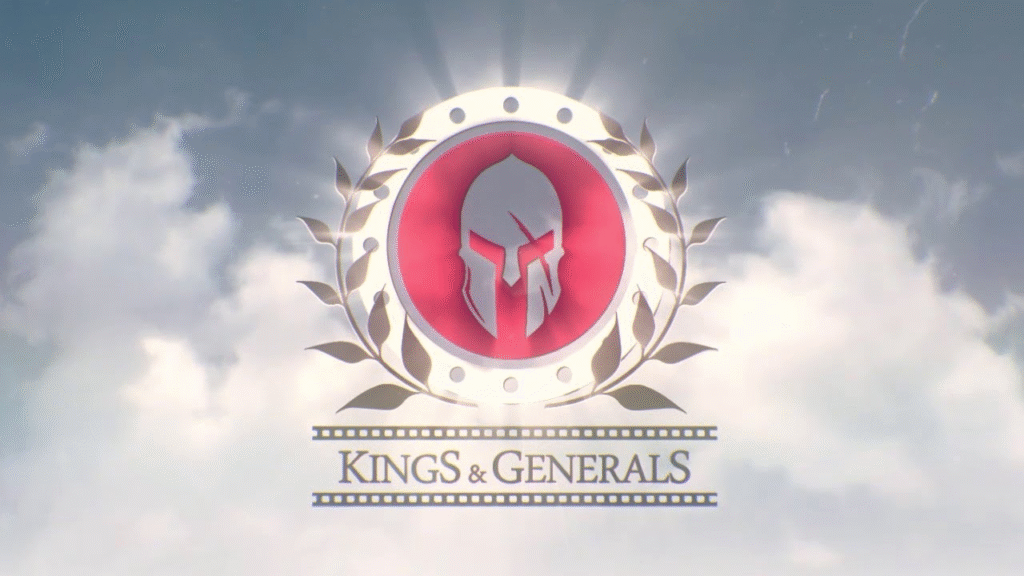
It was a living thing, pulsing in the hearts of those who endured it.
She clenched her fists, her nails digging into her palms, and for a fleeting moment, she wished for the simplicity of battle — the clarity of an enemy to strike at, of a land to claim with iron and fire.
But then, another thought crossed her mind.
What if Jinshi was right?
What if, in this war of silence and suffering, the true victory lay not in the battles fought, but in the quiet, unseen resistance that could still flow like a river beneath the surface?
Her gaze softened, just a little, as the frogs’ song swelled.
It was a strange thought.
But perhaps it was time to listen.
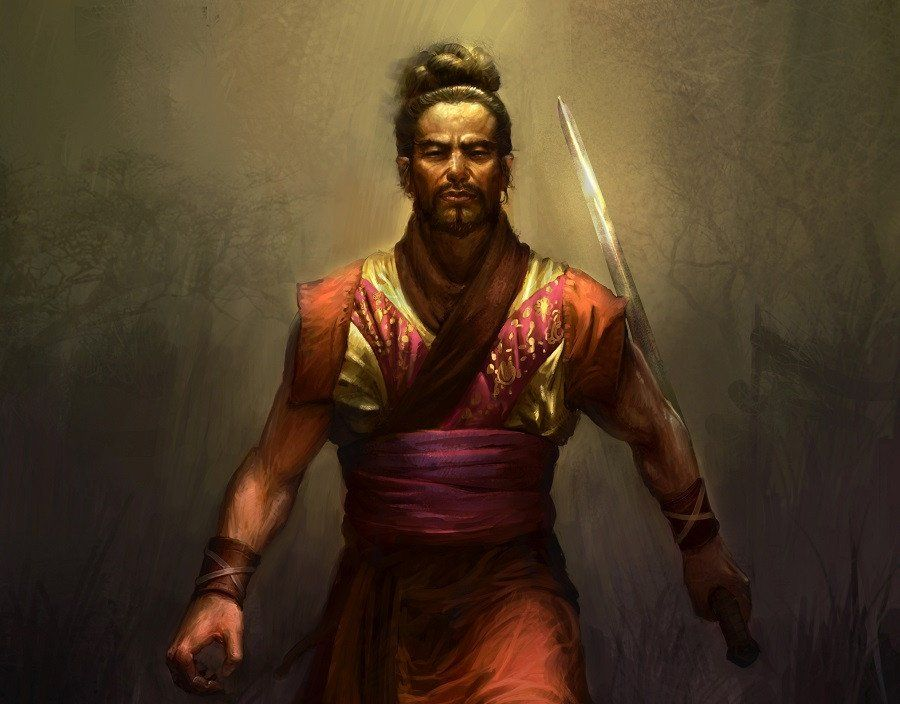
Behind her, footsteps — rushed, erratic.
A young woman, no older than the war itself,
Draped in tattered blue and yellow,
Eyes wide with urgency, breath broken by haste.
“General!” she cried, saluting clumsily.
“I bring word from the East!”
Olena turned slowly.
“Name.”
“Holubytska. Melania Holubytska.”
“From Holub. ‘Pigeon’,” Olena murmured.
“And Melania… ‘Messenger’.”
The girl nodded.
Her hair was wind-wild,
Her boots too large.
Her voice did not waver.
“They are coming.
Across the mud flats.
Battalions of beasts.
The Bear’s breath grows near.”
Olena closed her eyes.
Another front.
Another thunder.
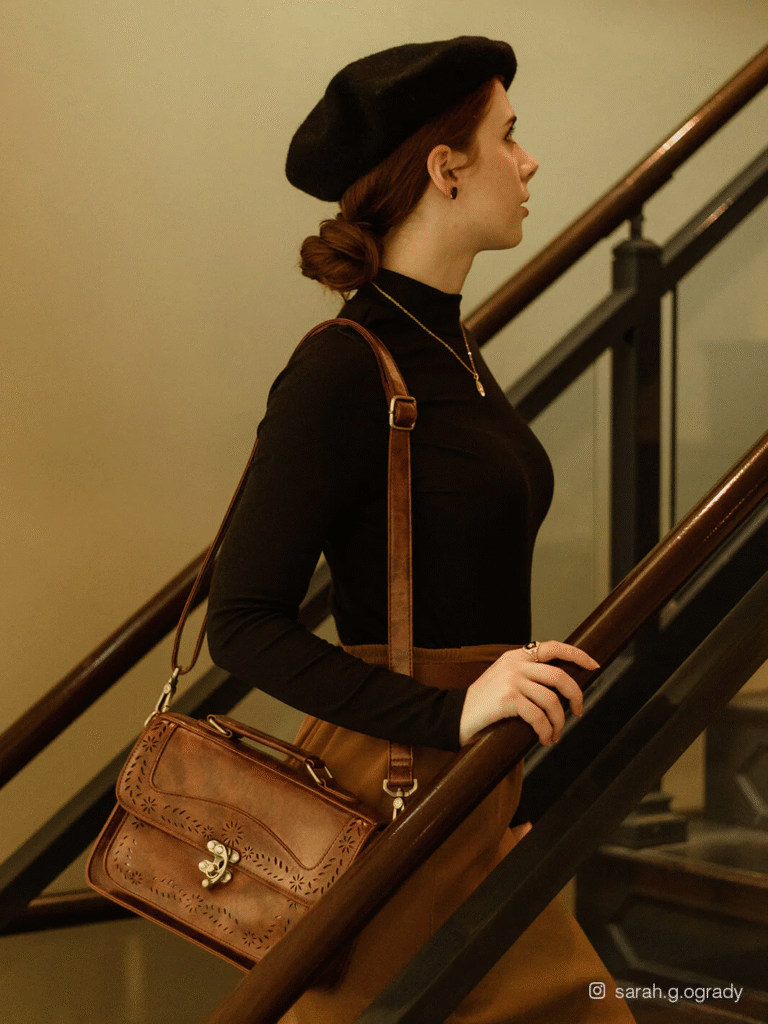
Melania’s words hung in the air like a storm cloud, heavy and immediate.
Olena felt the familiar sting of duty slicing through the haze of her thoughts.
The river, the swamp, Jinshi — all of it seemed distant now.
Reality came crashing in once more.
She took a deep breath, a breath that barely filled her lungs, weighed down by the endless pressure of her choices.
The young messenger’s urgency was palpable, but it wasn’t the first time she had faced this report.
Every corner of her land, it seemed, had become a battlefield.
Olena turned, her eyes narrowing, though not out of anger, but calculation.
“How long?” she asked, her voice cold, a controlled edge cutting through the chaos of her thoughts.
Melania’s hands shook slightly as she held out a crumpled map, marking a red line across the eastern stretch.
“They will be here before nightfall, General. The scouts—”
“Enough,” Olena interjected.
“I don’t need scouts to know that they move swiftly.”
The young woman stood rigid, like the many soldiers who had come to Olena seeking guidance, but now there was something different.
She wasn’t a girl bringing news, but a herald of doom.
And Olena knew it.
She reached for her sword, the cold metal biting her fingers for just a moment before she strapped it to her side.
“Get me the others,” she ordered.
“Every officer.
Every gun.
We dig in.
I will not let them take another inch.”
Melania’s eyes flickered with something almost like fear, but she stood taller, her resolve hardening as she nodded.
“At once, General.”
She turned and dashed off, disappearing into the twilight.
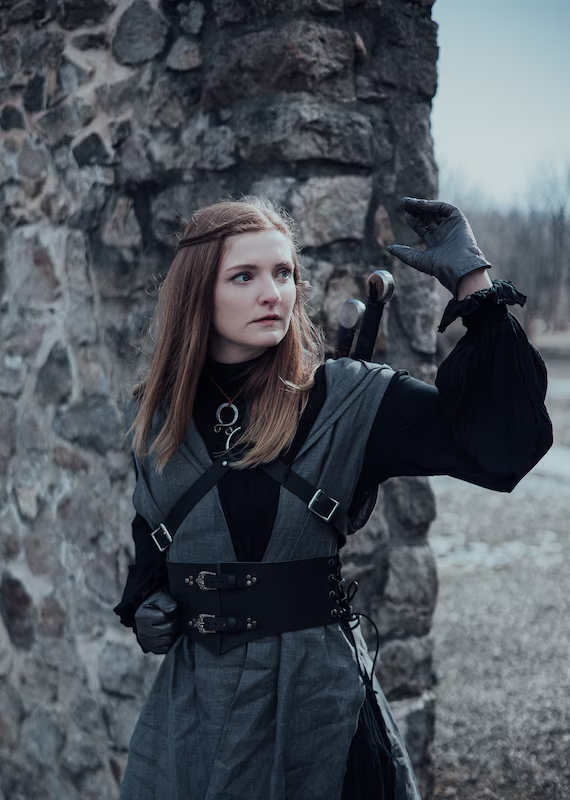
Olena stayed there for a moment longer, the weight of the decision settling like a cloak around her shoulders.
The river, the swamp, Jinshi’s words — they were like whispers against the roar of what was coming.
She couldn’t afford to think on them anymore.
The Bear’s breath was close.
And she had her land to defend.
But as she turned to march toward the camp, her steps heavy in the thickening air, one question lingered, unspoken, gnawing at her:
How many more will we lose before this ends?
She didn’t know the answer.
But as long as she stood, she would fight — not for victory, but for the future that still might be.
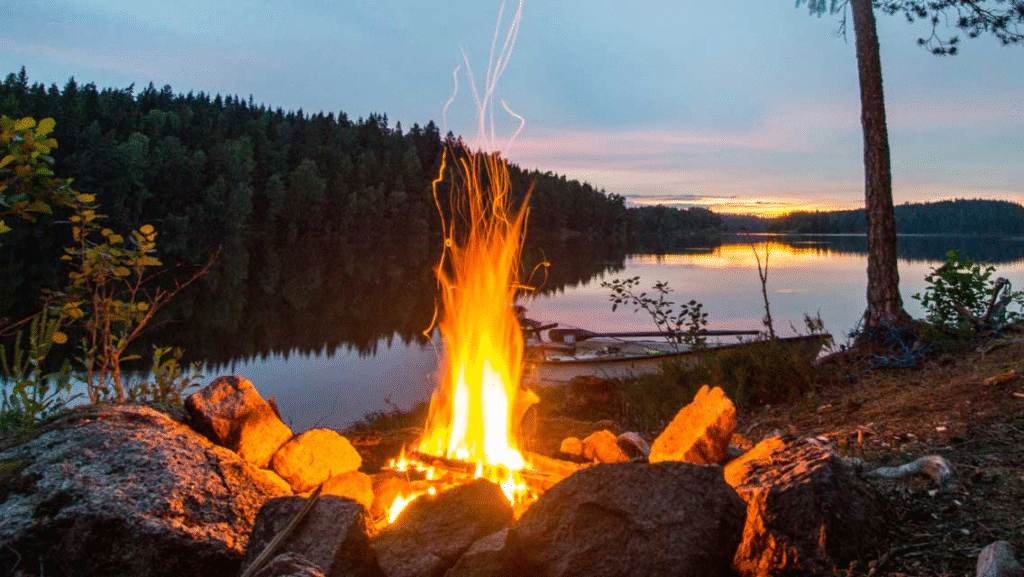
She opened them again, to find the Frog.
Jinshi Qingwa had risen from the reeds as if he had always been there, a figure cloaked in green and dusk, his fingers webbed with moss and shadow.
“You ask for guidance,” he croaked.
She scowled.
“I asked for peace.”
“The swamp does not offer peace,” he said,
“Only persistence.”
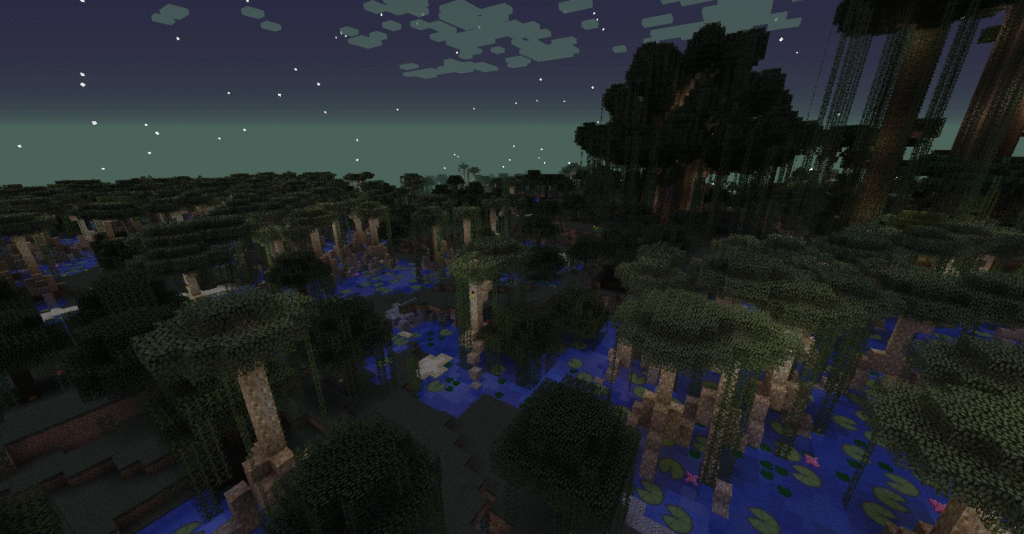
He reached into his robes and drew forth a scroll, old as the marshes, damp at the edges.
Its title shimmered in the fading light:
The Art of Swamp.
“For when courage cracks and maps fail,” he whispered.
“For when the land itself becomes your ally.”
She took it, reluctant.
Opened it.
Read.
Nothing.
Words twisted like river roots.
Sentences slid beneath her mind like eels.
She understood the letters — but not the meaning.
She looked up, furious.
“You call this wisdom?
It’s riddles and rot!”
“It is language meant to outlive explanation.
It will make sense, when the Bear is close enough to smell.”
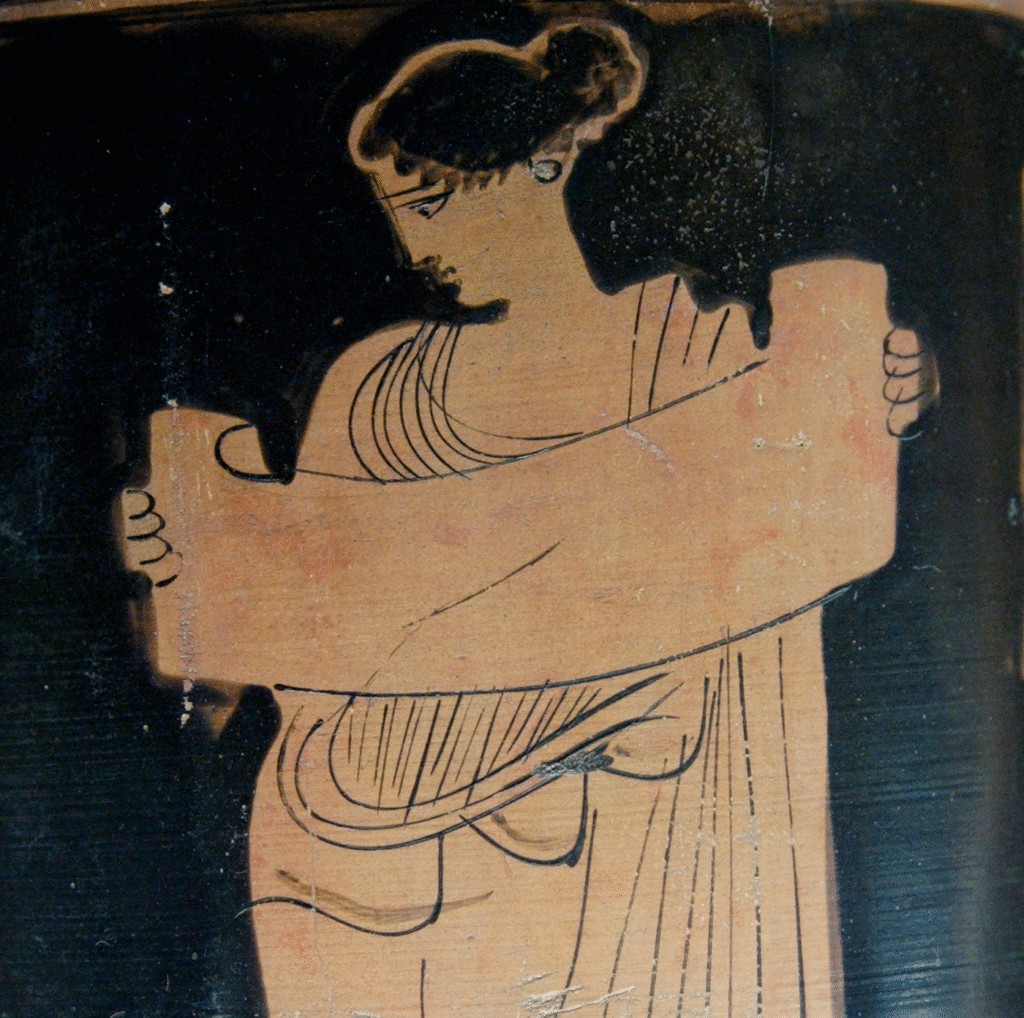
Melania Holubytska, the pigeon-girl, stepped forward.
“He means we must read with our feet, not our eyes.”
She touched the scroll reverently, as if it were a lullaby.
Olena looked between them — ancient frog, broken girl.
The wind shifts.
A low rumble from the east.
Olena tightens her coat.
The sage squats, mottled green and patient as dusk, on a rock like a statue abandoned by time.
Olena unrolls the scroll.
“There are only seven sentences,” she mutters, voice brittle.
“Seven!
And this is supposed to be wisdom?”
He blinks slowly.
“Seven is enough.”
She snaps the scroll taut.
“‘Know the depth.’ ‘Stillness is strategy.’ ‘Leap only once.’
This is poetry, not a plan.”
The sage clears his throat, croaking softly.
“Poetry is a plan, if you listen.“
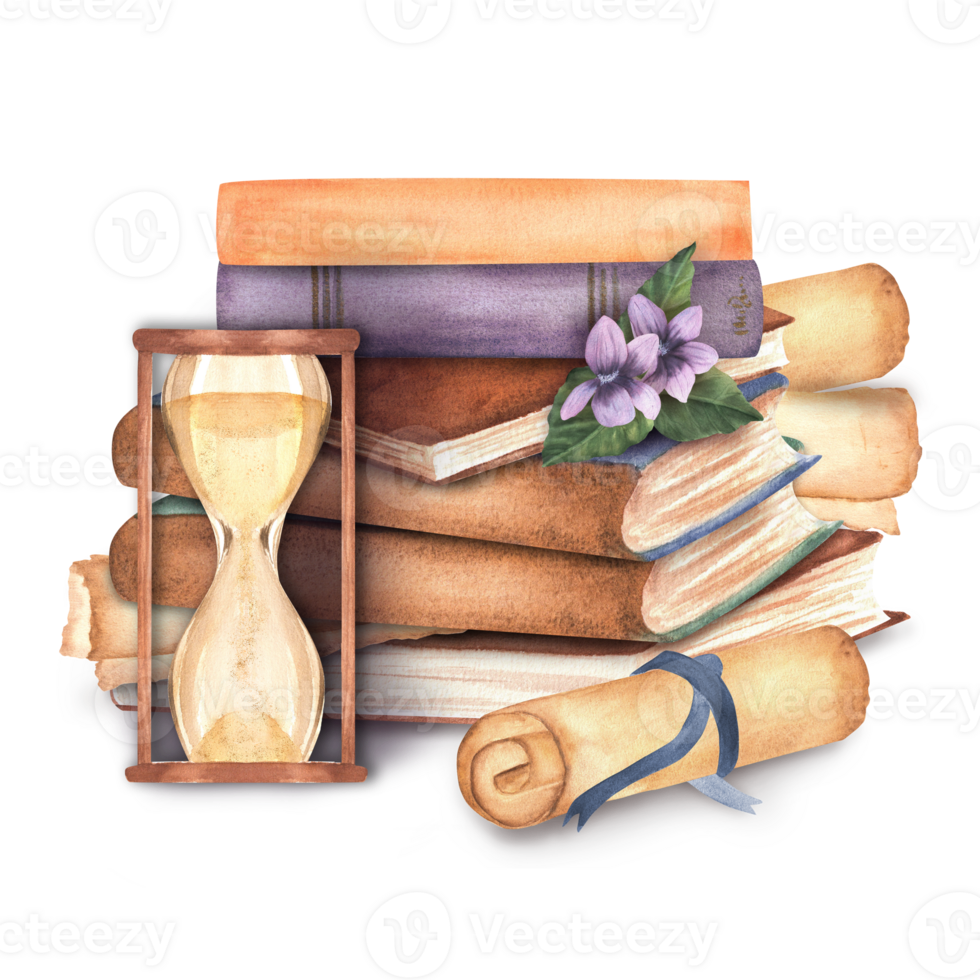
Olena stood there, the scroll in her hands feeling as heavy as the world itself.
Her eyes darted over the words again, frustration crawling beneath her skin.
“‘Know the depth,’” she muttered aloud, the words like a chant from a forgotten temple.
She could understand each word, but how could this ancient riddle be a weapon?
Her soldiers needed plans, tactics — something concrete, something that would make sense when the Bear’s teeth were upon them.
She looked down at the Frog.
His stillness, his patience, felt like mockery in the face of the impending storm.
She clenched her jaw.
“Depth?” she asked, voice sharp.
“What does that even mean when we’re already on the edge of the abyss?”
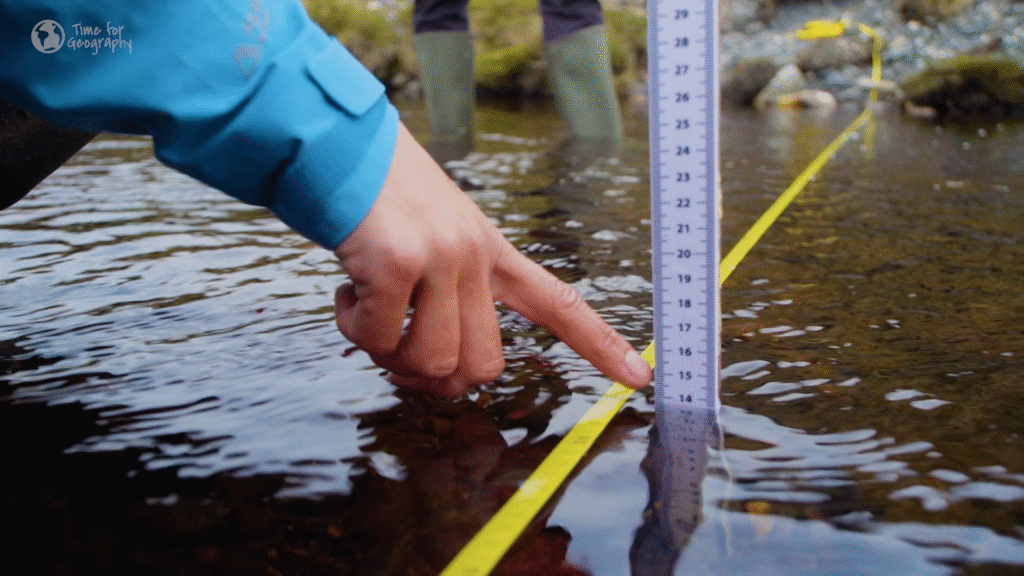
Jinshi’s eyes never wavered.
He didn’t answer directly.
Instead, he reached into the swamp and pulled out a stone — a smooth, weathered rock, the size of a fist.
He set it down between them.
“The swamp knows depth,” he said, his voice low.
“Its strength is not in what it shows on the surface, but in what is hidden beneath.
You are on the surface now.
You think in terms of tactics — strategy, numbers, strength.
But you must learn to move like the water, General.
Slip beneath the weight of the world.”
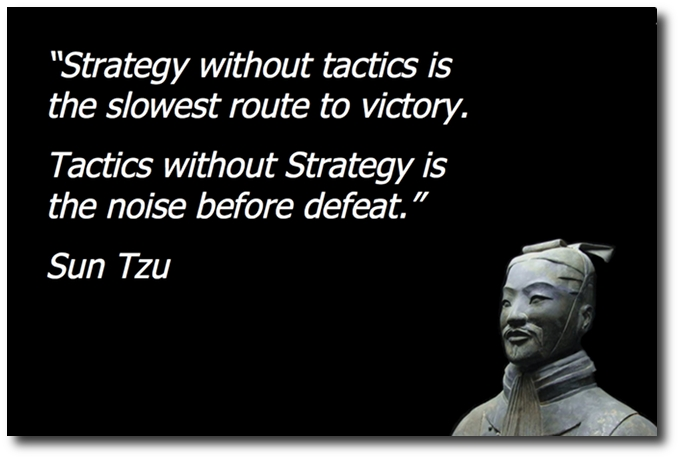
Olena felt her heart tighten.
She had heard this before.
The idea of bending, of waiting.
But how could she bend when her people were drowning?
The Bear would not wait.
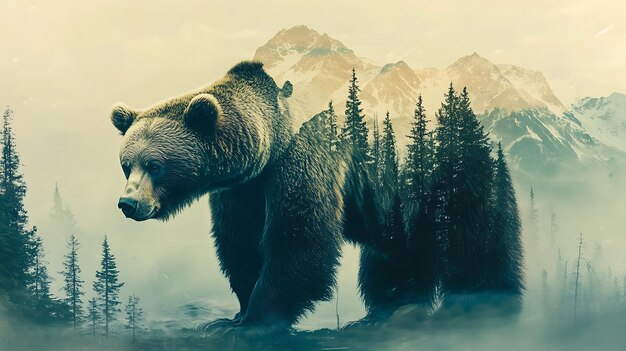
She bent down, her fingers brushing the stone he had placed before her, cold and smooth against her skin.
Her mind raced with images of her soldiers, standing firm, resolute.
She could almost see them now, preparing for the coming wave.
But would it be enough?
Her eyes flicked to Melania.
The young girl, barely more than a child, had touched the scroll as if it were sacred.
As if it held the answers she so desperately needed.
And then, the words came back to her.
“Stillness is strategy.“
Her mind churned.
Stillness.
Strategy.
Was this not the lesson of the river, the swamp, the very land she stood on?
It wasn’t about charging headlong into battle — it was about waiting, waiting until the moment was right.
Like the river, which carved its path over centuries, slowly, patiently, knowing when to give way and when to surge forward.
She stood upright again, determination settling over her like armor.
“I will not wait for the Bear to arrive,” she said, her voice steady, “but I will move like the river.
Like the swamp.
We will set traps, not with force, but with cunning.
We will draw them in, make them think they are winning, until they are already lost.”
Jinshi’s eyes glinted with something like approval, though his lips remained quiet.
He stood slowly, his body a fluid motion, his robes flowing like the murky waters behind him.
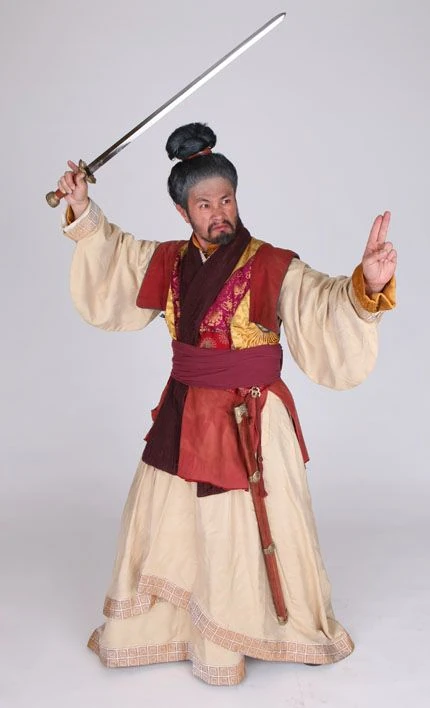
“Leap only once,” he said, as though speaking to himself now.
Olena watched him carefully.
“Leap only once,” she repeated, her brow furrowed.
“What does that mean?”
Jinshi turned his gaze toward the east, where the rumble of the approaching Bear could already be heard.
“It means, General,” he said softly, “when the time comes, you strike.
And only then.”
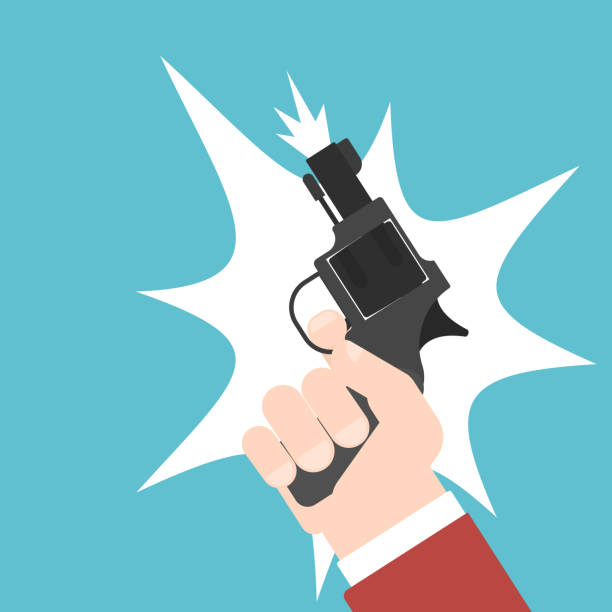
Olena nodded slowly, the weight of his words settling into her bones.
The battle was not about sheer force.
It was about control — control of time, of space, of the mind.
And it would be her people who controlled it.
“I understand,” she said finally, meeting the Frog’s gaze.
“I will learn the swamp, then.
I will learn its ways.”
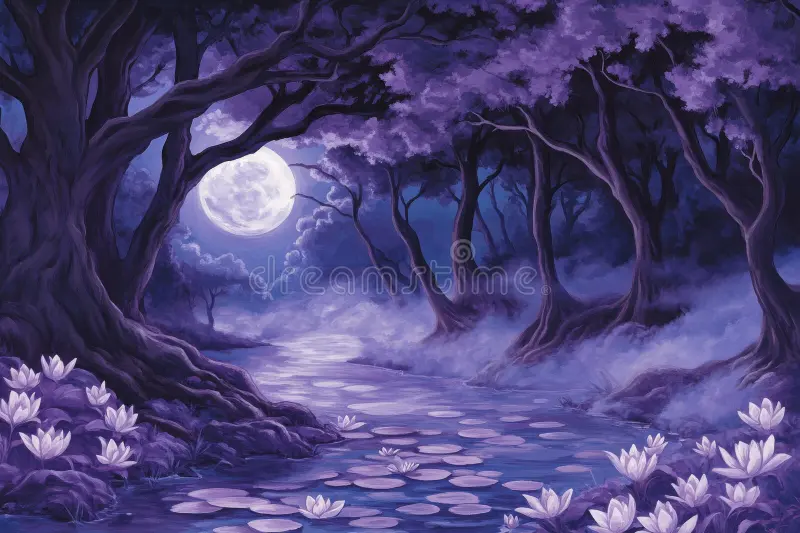
Jinshi’s mouth twitched at the corners, his smile soft and hidden.
“And when you have learned,” he said, “you will know the answer to the question no one ever asks.
How long can a stone hold a river back?”

Olena looked down at the scroll again, the ink still twisting in strange, serpentine patterns.
The answer, it seemed, was not to hold it back at all.
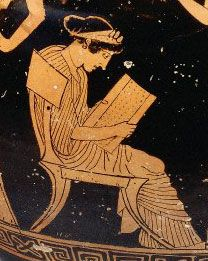
“Know the depth.
What is the battlefield truly made of?
You think of tanks and trenches, but the true battle lies in minds.
Russia tells itself stories.
So must you — truer ones.
Study your own scars.
Learn their myths so you can undo them.
Ukraine must know its own soul and wear it proudly while learning how Russia cloaks its insecurities in false grandeur.
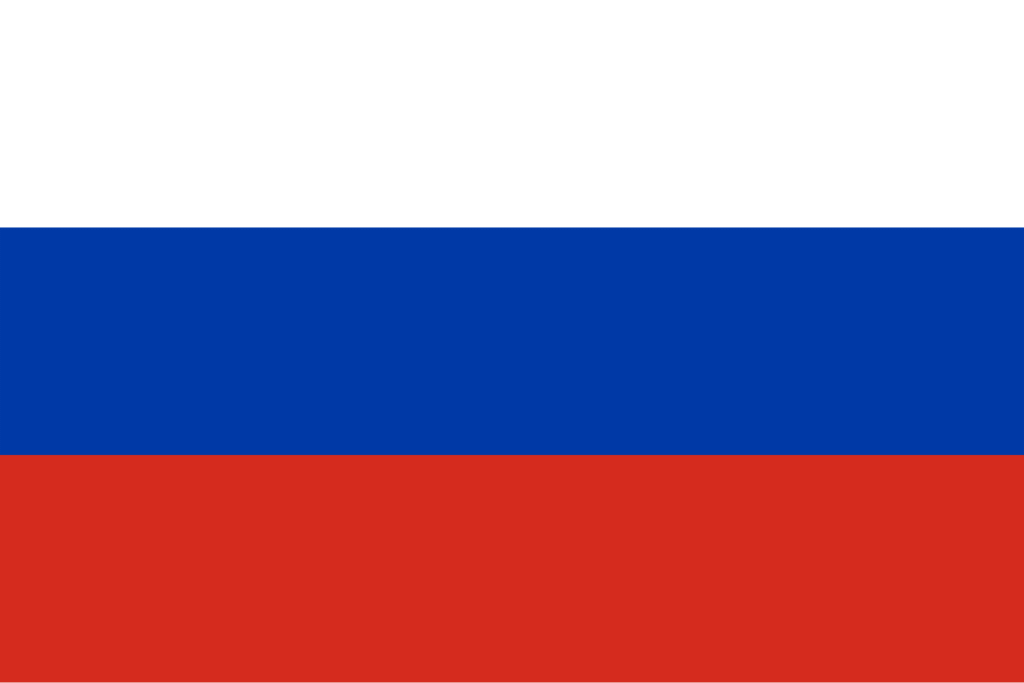
Above: Flag of Russia
Use this knowledge to unravel Russian propaganda at its roots and reinforce Ukrainian identity from within.
Ukraine must know itself — not only its military, but its resilience, its culture, its memory.
It must know Russia too — not only its weapons, but its fears, its fictions, its fragilities.
Wage war not just on the ground, but in Russian minds — feed doubt, question narratives, highlight costs.
Use the swamp of propaganda against the propagandist.”

Above: Flag of Ukraine
Olena stood, the weight of Jinshi’s words pressing into her like the thick, warm air of the swamp.
Her fingers still clutched the scroll, but now it felt like more than just ink on parchment.
It felt like a map, a guide to something deeper, something far more subtle than the violence she was accustomed to.
“Know the depth.“
It echoed in her mind, reverberating like a call from the very heart of the river.
Her thoughts swirled, pulling her away from the surface, where the battle had always been waged with guns and bombs.
But the true battlefield?
It was in minds.
She clenched her jaw, feeling the gravity of it.
She had always thought of war in terms of land, of tanks and trenches, of advancing lines and retreating soldiers.
But this…
This was different.
This was war at a level she had never considered — a war of perception, of truth and lies.
Jinshi’s voice floated back to her.
“Russia tells itself stories.
So must you — truer ones.“
Her mind flickered to the enemy, to the myth they had created around themselves:
A colossal force, unstoppable, their might drawn from the shadows of history, their strength spoken of in grand narratives of empire and conquest.
And yet, beneath that story, there were fractures.
There were fears.
Fictions.
Insecurities masked by a towering façade.
Olena’s breath slowed as she began to understand.
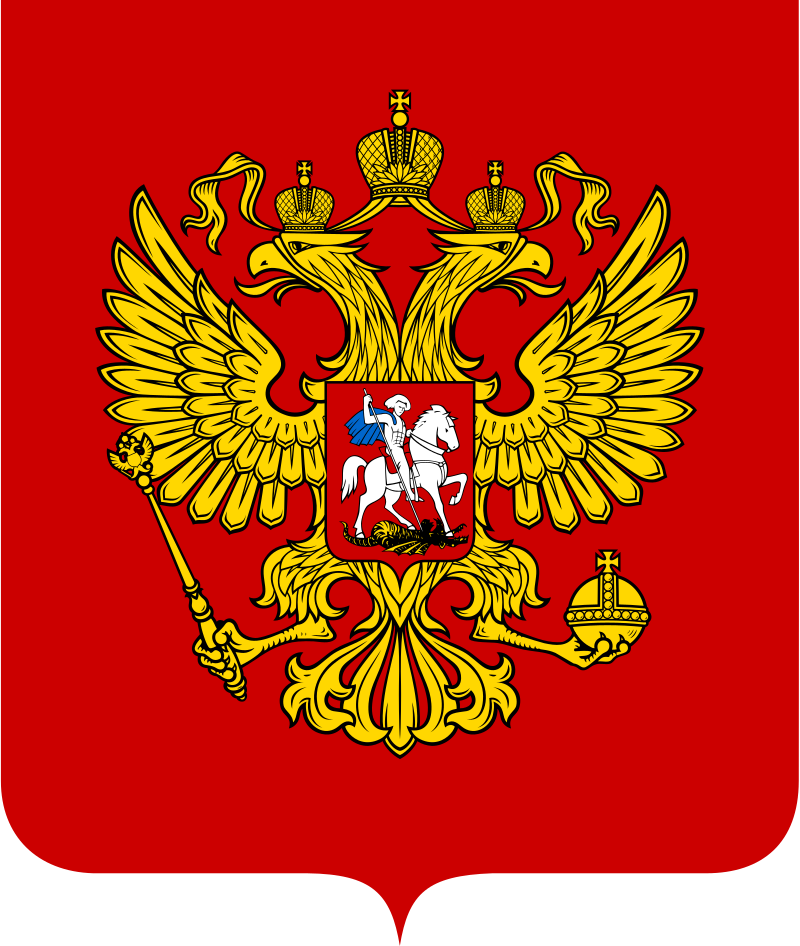
Above: Coat of arms of Russia
“Study your own scars,” she whispered aloud, the words feeling more like a revelation.
She had lived through those scars — seen them in her people’s faces, in their eyes, in the soil they defended.
Ukraine’s identity was built from hardship, yes, but also from hope.
From an unyielding spirit that no force, no matter how mighty, could ever erase.
Her people had always known the value of resilience.
But now, she saw there was more to that resilience than mere survival.
There was power in the stories they told themselves.
The myths they carried.
They were more than just people — they were the living testament to a history of endurance, of triumph over adversity.
Their strength wasn’t just in their arms, but in their hearts and minds.
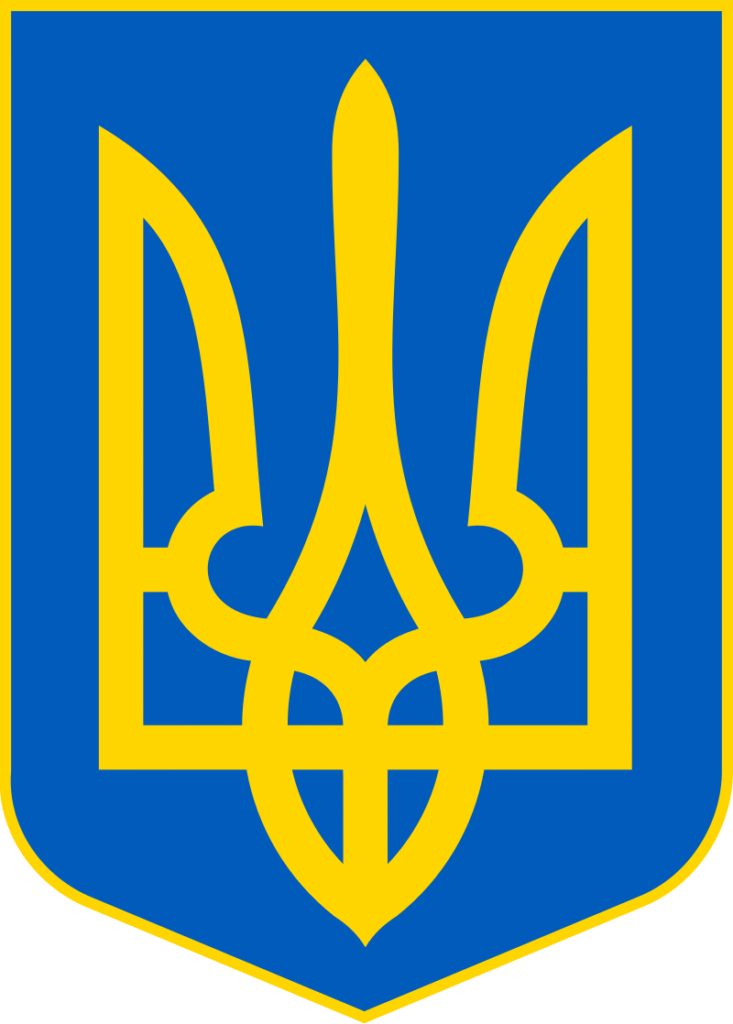
Above: Coat of arms of Ukraine
Her gaze shifted to Melania, standing just behind her, still breathless from her erratic arrival.
Olena had been so focused on the coming battle, on the physical conflict, that she had overlooked the most important weapon of all:
The war being waged within the minds of both sides.
Ukraine wanted a peace deal, but it didn’t want to end up destroyed by the peace terms.
The Bear is obsessed.
All of Ukraine.
Nothing less.
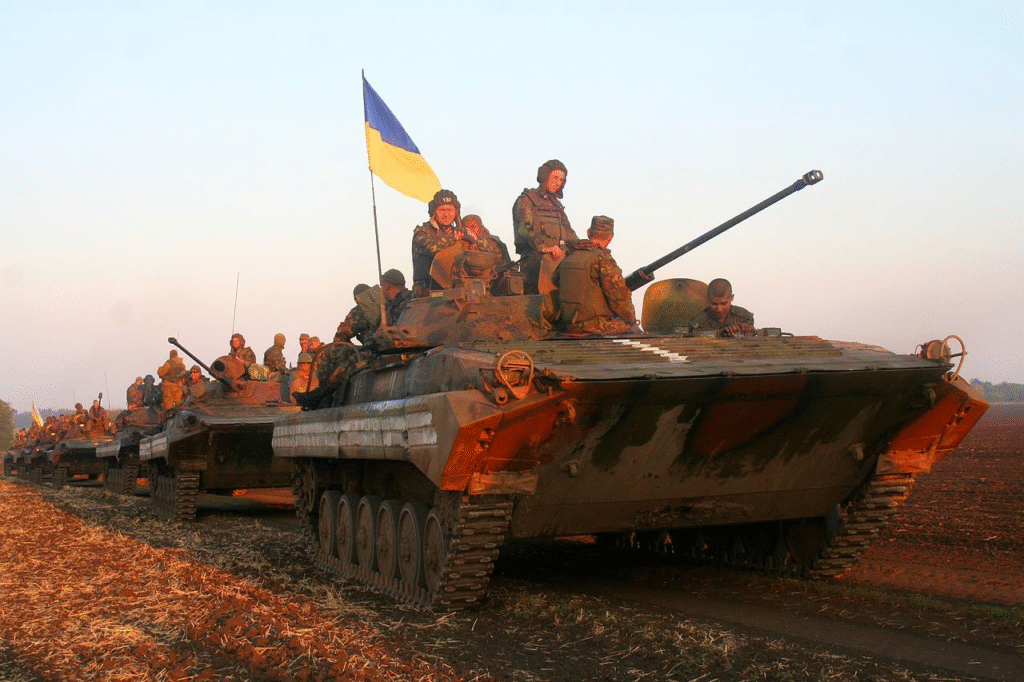
The war is not about NATO.
If it were, then Russia would not have so meekly accepted Sweden and Finland’s accession in 2023.
Today’s NATO frontier is closer to St. Petersburg than Ukraine’s border is to Moscow.
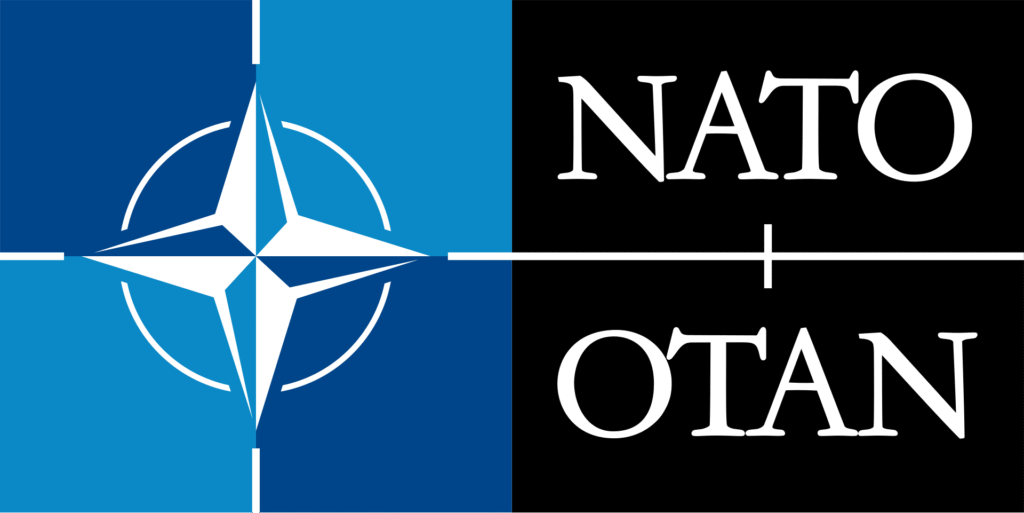
Above: Flag of the North Atlantic Treaty Organization
Ukraine wants peace, but it knows that the War is not just about the Crimea, the 20% of territory Russia already wrested from them.
The Bear cannot tolerate an independent Ukraine because for the last three centuries none of Russia’s predecessors could.
Olena grimly views the decisions:
Victory or death.

She turned back to Jinshi, her eyes narrowing with new understanding.
“So, this… this is not just about defeating them on the battlefield,” she said, her voice low and determined.
“It’s about defeating the lies they tell themselves.
It’s about showing the world who we truly are and making them question who they truly are.“
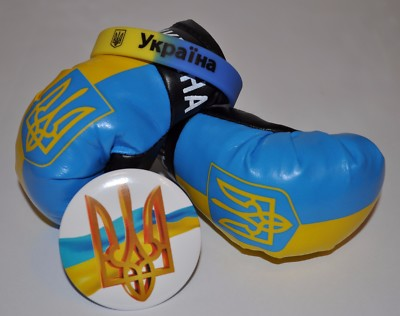
Jinshi nodded slowly, his lips curling into that faint, patient smile.
“Exactly, General.
To fight the swamp, one must first know its currents.
To win this war, you must know the mind of your enemy as well as your own.
You must understand their fears, their insecurities, and then you must weave those into your strategy.
Let them unravel their own myth.”
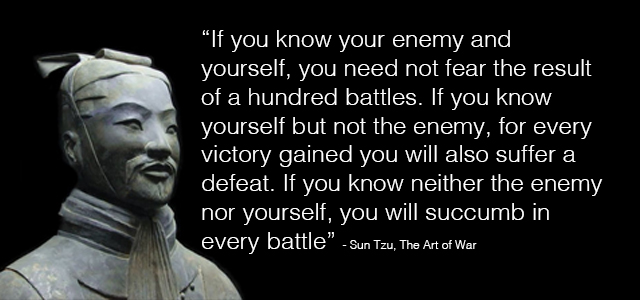
Her fingers tightened on the scroll.
She could almost feel the shifting current of strategy.
It was not the brute force of tanks and artillery, but the silent, invisible force of ideas.
The war in Ukraine has always been more than just geography.
It was a war for the soul of the nation, a war for its memory, its truth.
She could no longer simply rely on arms.
She had to wield stories — stories that would carve through the iron of propaganda and expose the cracks beneath it.
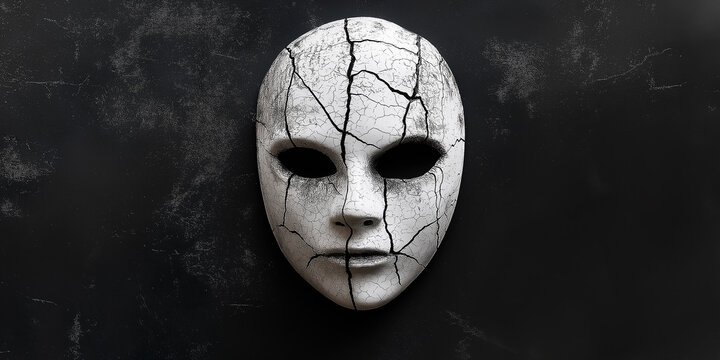
Olena’s eyes lifted from the scroll and found Jinshi’s gaze, dark and steady.
She saw now what he had meant by “depth”.
It was not the shallow tactics of battle, but the deeper currents of culture, of identity, of belief.
Her voice, when it came, was steady, resolute.
“Then we fight not just for land or victory, but for truth.
For identity.
For the soul of Ukraine.”
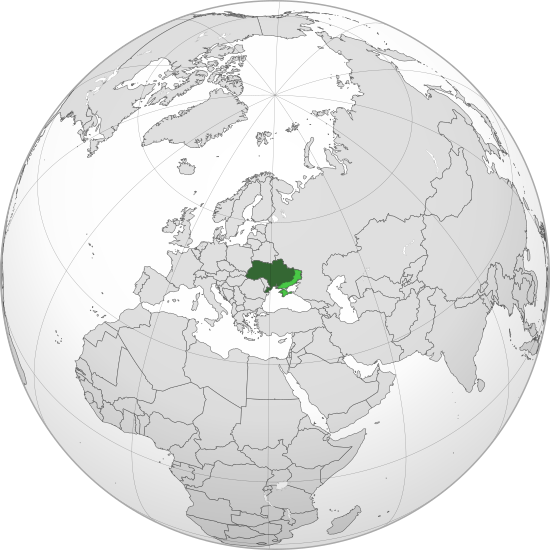
Above: (in green) Ukraine / (light green) Disputed territory
Jinshi’s expression softened, but there was no pity in it.
Only a quiet recognition.
“You are beginning to understand,” he said softly.
Olena’s heart beat harder, not from fear, but from something else —something more primal, more powerful.
She wasn’t just preparing for another clash of weapons.
She was preparing to win a war of stories.
And this time, the narrative would be hers.
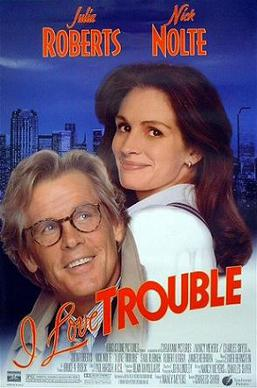
The battle for Ukraine would be fought not only on the blood-soaked soil of the Dnipro, but in the minds and hearts of every man and woman who believed in the truth of their own history.
They would not just fight the Bear — they would outthink it, outlast it, and rewrite the very story of their struggle.
And when that story was told, it would be one of victory, not because of tanks or trenches, but because of the unwavering strength of a people who knew their own soul and refused to be erased.
The Frog had given her more than just riddles.
He had given her the weapon she truly needed.
A new kind of battle was about to begin.
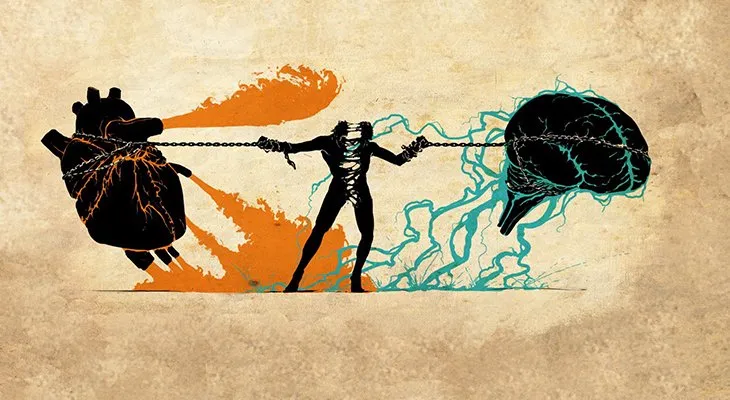
“Stillness is strategy.
The world sees what moves.
Let them look elsewhere.
While you prepare — not loudly, not linearly.
Stillness draws no fire.
Stillness survives.
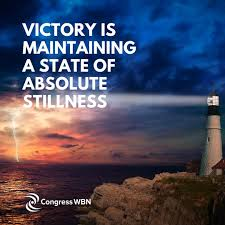
Rather than overextending with bold announcements or flashy moves, Ukraine should cultivate patience and ambiguity —developing capabilities in silence, and revealing them only in decisive moments.
Ukraine should not match Russia’s bluster, nor react to every provocation.
Let the opponent tire itself with useless thunder while Ukraine watches and waits.
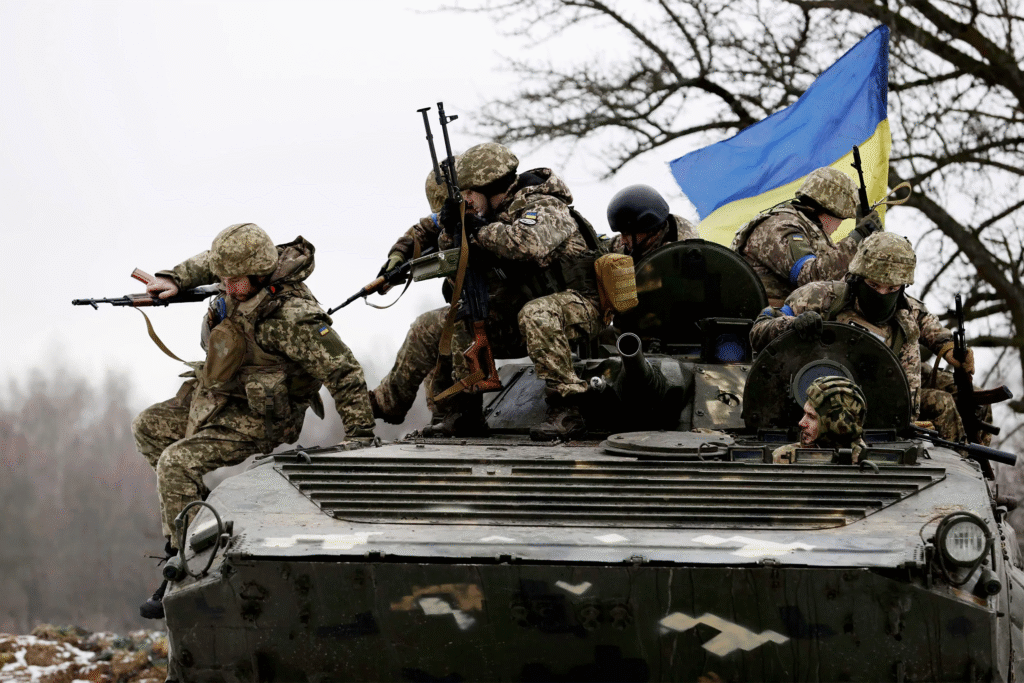
Asymmetric silence.
Ukraine can strike where Russia least expects:
In cyberspace, in supply lines, in morale.
Not just with bombs, but with ideas and absence — denying Russia the battle it wants to fight.”
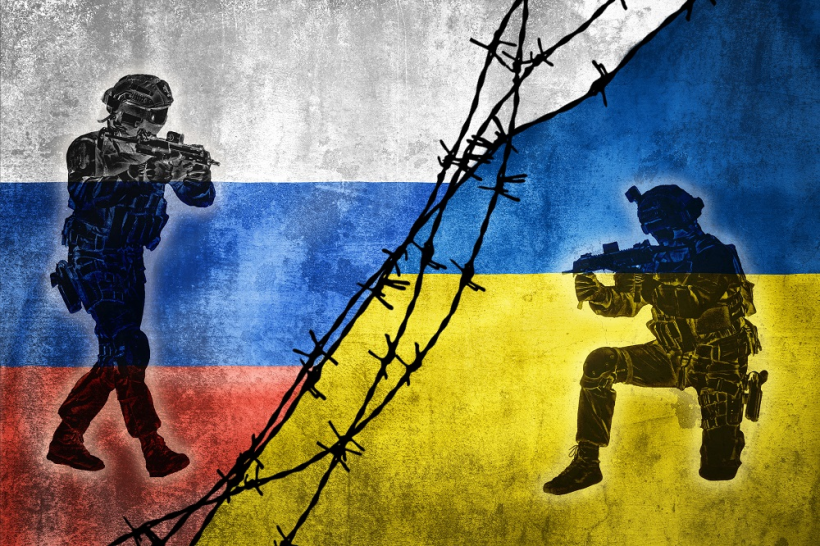
Olena stood still, her breath even, as the weight of Jinshi’s words sunk into her like the deep, still waters of the Dnipro.
She had always been a warrior of action — of boldness, of moving forward in the face of enemy lines.
But now, something about the stillness he spoke of felt like a key, unlocking a strategy far beyond anything she had considered before.
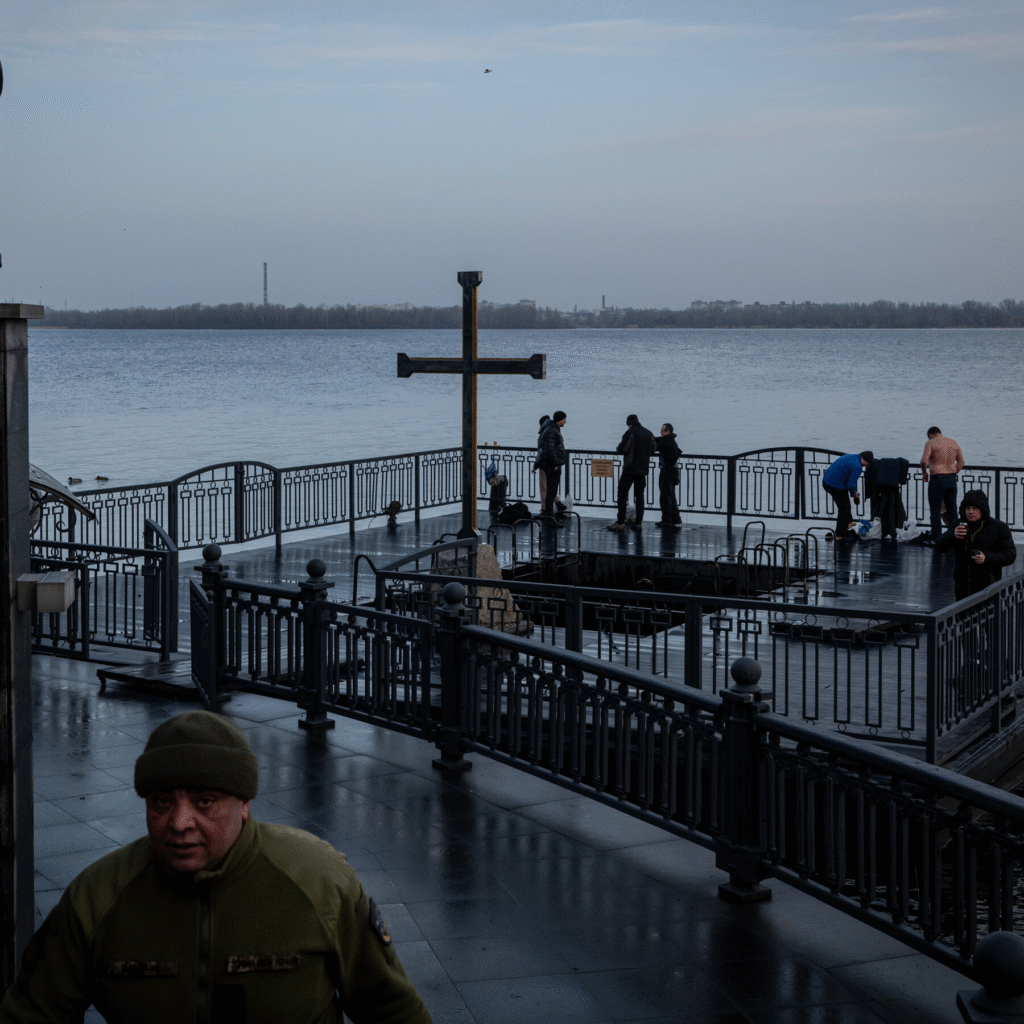
Stillness is strategy.
The phrase reverberated in her mind.
It felt like an ancient truth, one long forgotten by the rush of war.
While the world fixated on the obvious — the tanks, the missiles, the blasts that shook the earth — stillness could be a weapon in itself.
No movement.
No noise.
No declaration.
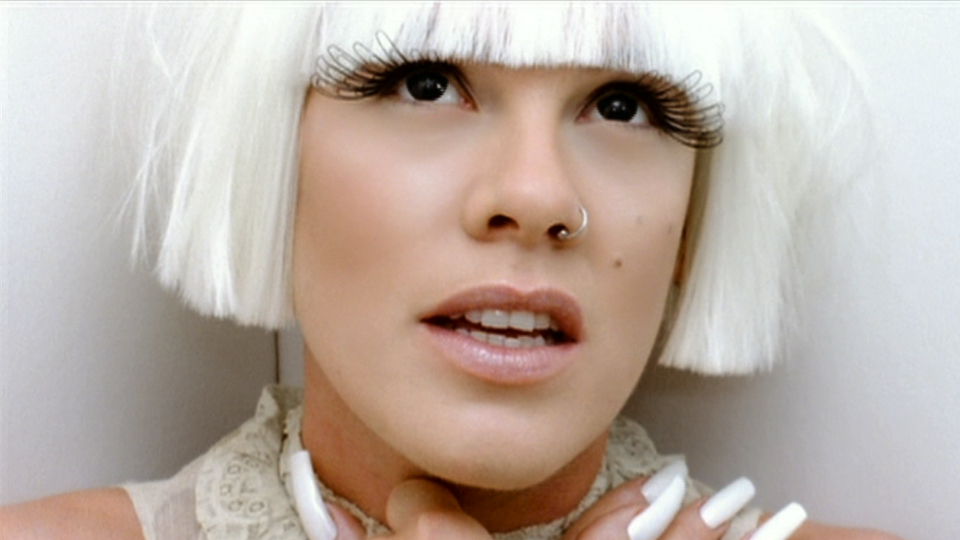
“I don’t want to be the girl who breaks the silence.” (Pink: “Sober“)
Ukraine’s strength, she realized, could lie not in how much it shouted, but in how little it spoke.
In how much it withheld.
Her mind immediately began to form the shape of this new kind of warfare — one that would eschew the loud, bombastic gestures Russia often relied upon.
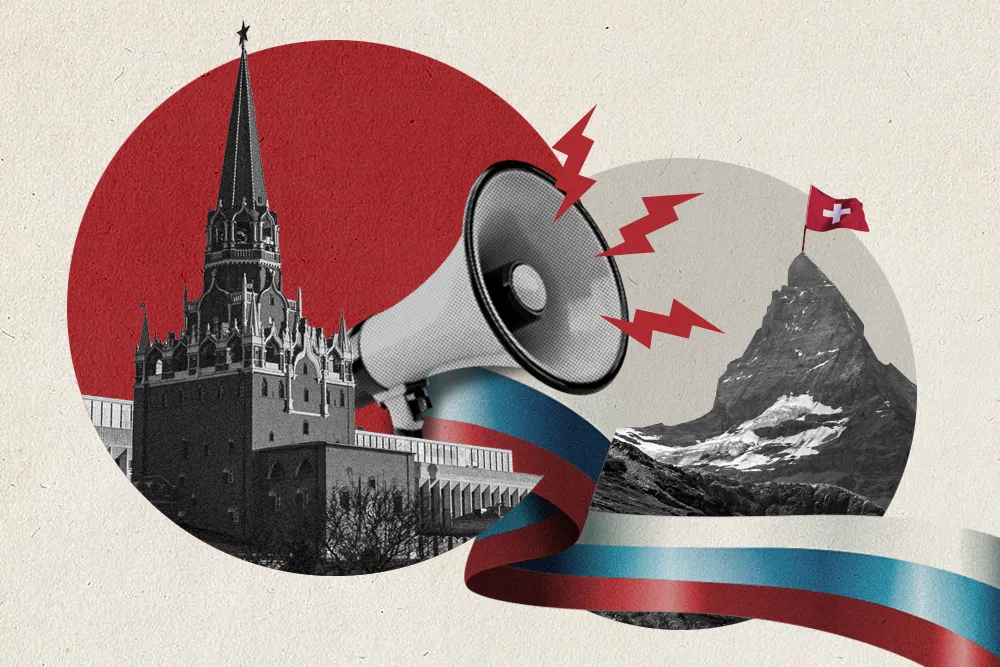
The Bear roared, demanding attention, but in that roar, it made itself vulnerable.
It spread itself thin, expending its energy in futile bluster.
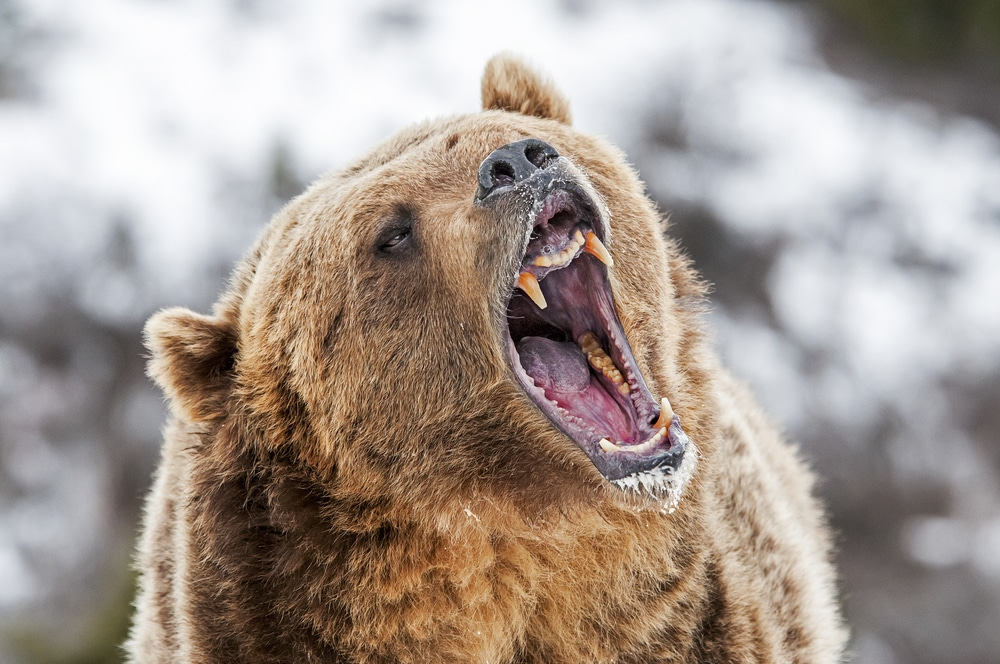
And Ukraine?
Ukraine would not respond in kind.
It would not rise to every challenge or retaliate to every provocation.
Instead, it would remain still, silent, watching, waiting.
The stillness would be its shield, and from that shield, it would move when it mattered most.
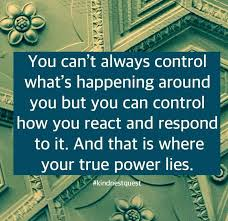
Her thoughts turned to the battlefield — but not the one of tanks or trenches.
The battlefield that Jinshi had shown her lay elsewhere, in places less obvious:
In the unseen fields of cyberspace, in the delicate threads of supply lines, in the fragile heart of morale.
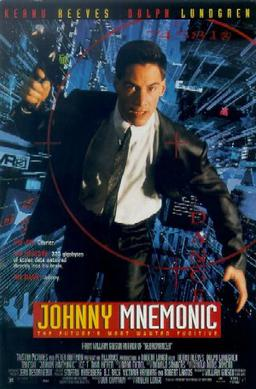
Where Russia expected a blow to land, Ukraine could strike without ever touching the Earth.
Asymmetric silence.
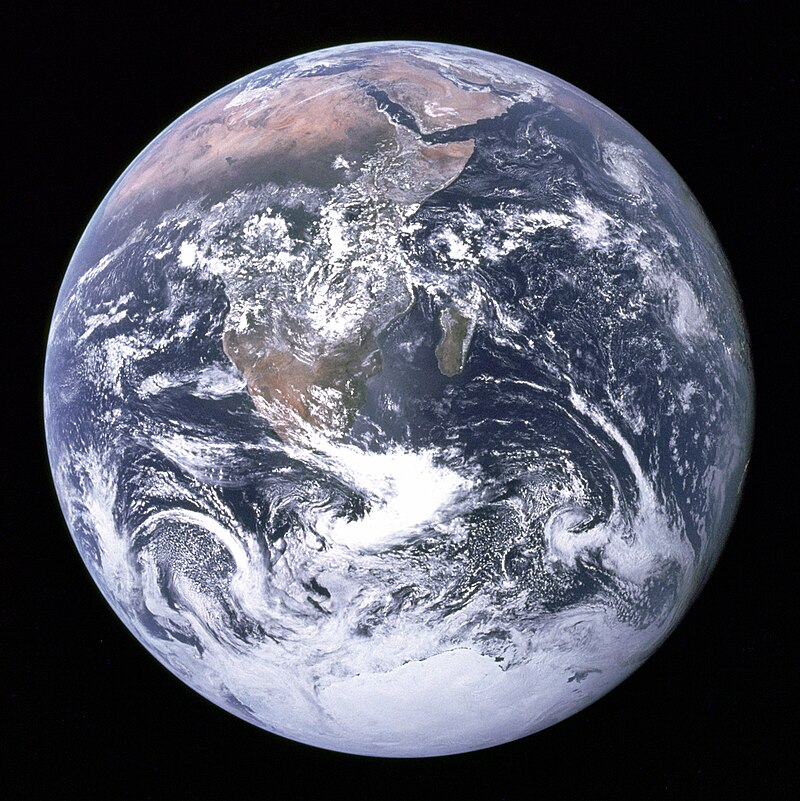
Olena’s fingers tightened on the scroll, her resolve hardening.
Russia was a beast that relied on its roar to instill fear, but it had no patience.
It exhausted itself with its own thunder.
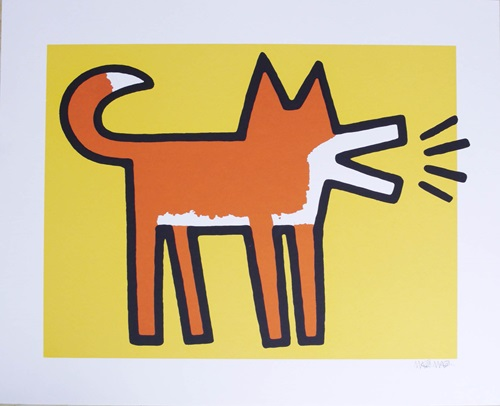
Ukraine, on the other hand, would learn how to move beneath that thunder, to exist in the quiet spaces where Russia’s fury could not touch.
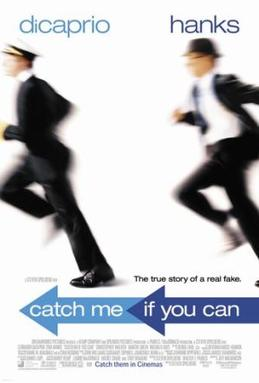
She thought of the war of ideas that Jinshi had spoken of.
In that space, silence could be more powerful than a thousand bombs.
In the gaps of information, in the unspoken moments between provocations, Ukraine could undermine Russia’s grip on its narrative.

A thought crossed her mind:
What if the silence was not just a waiting game, but a revelation in itself?
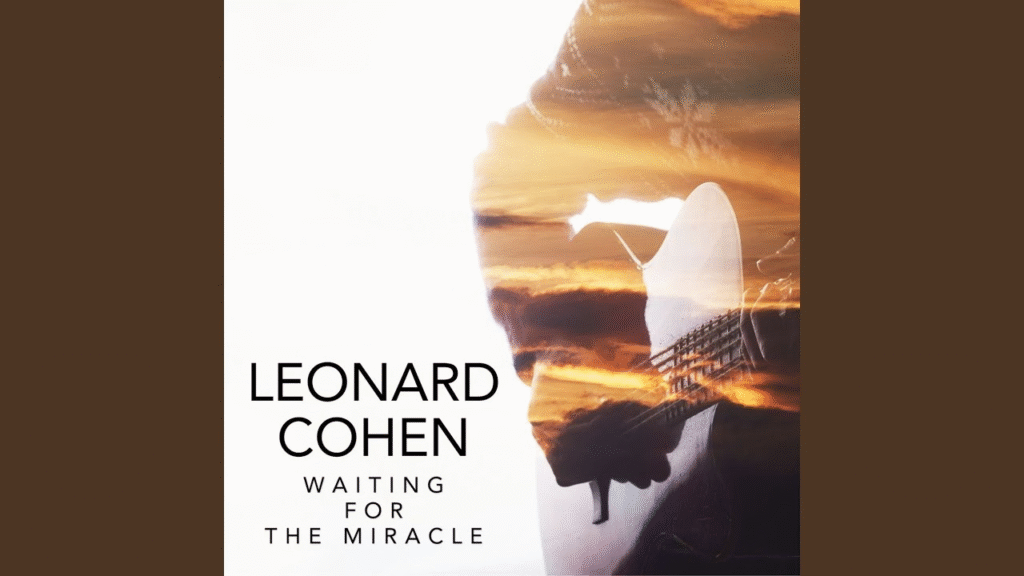
It could become an act of defiance — not the defiance of overt resistance, but the defiance of non-action.
A refusal to play the game by the enemy’s rules.
A refusal to allow Russia to dictate the terms of engagement.
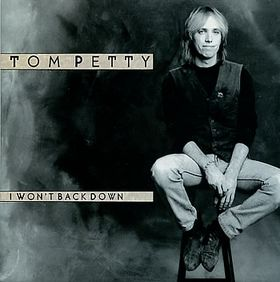
She imagined the effect this could have on Russia’s own military, its leadership.
How long could they keep up the ruse of superiority if their enemy seemed to vanish into thin air, leaving only the faintest traces of resistance?
How long before doubt began to creep in, before they questioned their own strength, their own right to dominate?
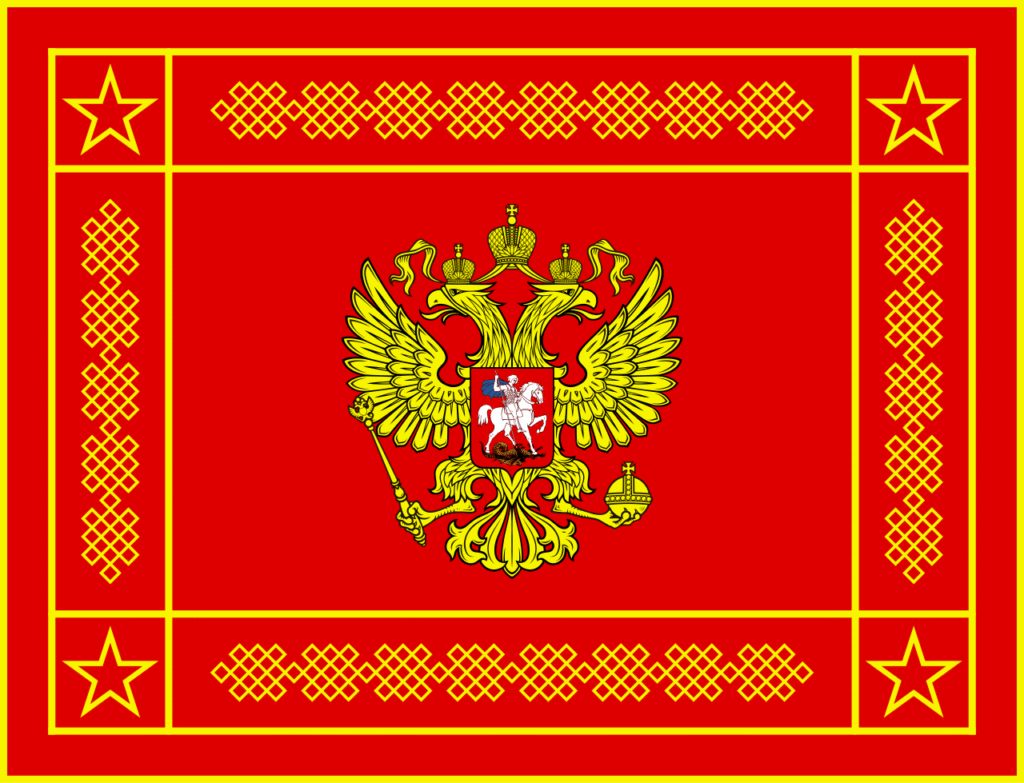
Above: Banner of the Russian Armed Forces
Stillness could be a weapon, Olena realized.
A weapon that allowed Ukraine to control the flow of the war from the shadows, to wait until the moment was ripe — and then strike decisively.
“We will not match their bluster,” she murmured, her voice steady as a river’s current.
“We will not react to every provocation.
We will watch.
We will wait.”
Jinshi nodded once, his eyes gleaming in the fading light.
“Good,” he said softly.
“Let them tire themselves with their own noise.
When they finally see you, it will be too late.”
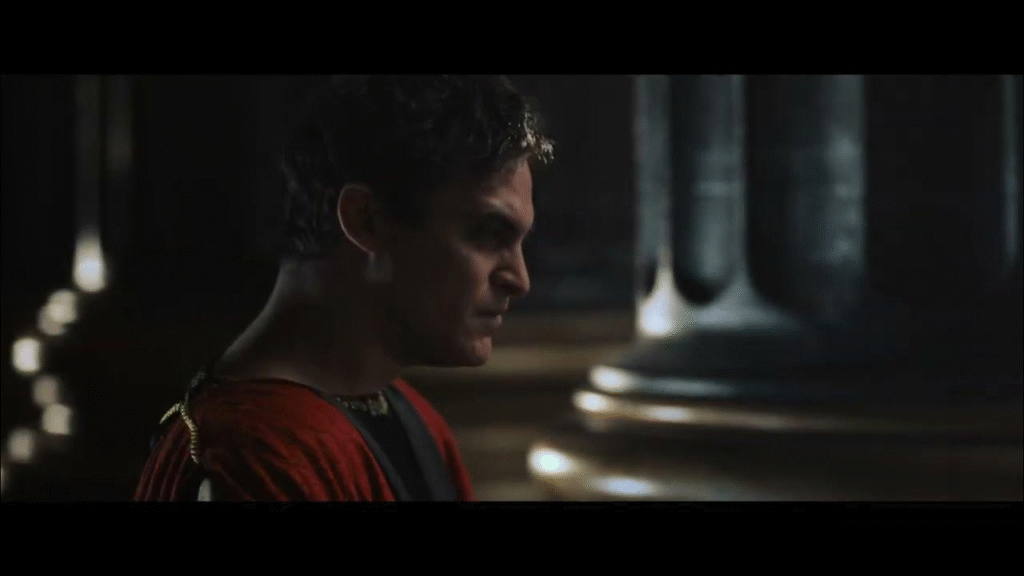
Above: Scene from Gladiator (2000) – Gladiator (2000)
Falco (David Schofield):
“I have been told of a certain sea snake which has a very unusual method of attracting its prey.
It will lie at the bottom of the ocean as if wounded then it’s enemies will approach, and yet it will lie quite still, and then its enemies will take little bites of it, and yet it remains still.”
Commodus (Joaquin Phoenix):
“So, we will lie still, and let our enemies come to us.”
The wind shifted once more, carrying with it the faintest scent of rain, and for the first time in a long while, Olena felt a quiet sense of calm settle within her.
The war was no longer just a matter of force.
It was a matter of patience, of cunning, of silence.
And in that silence, Ukraine would find its strength.
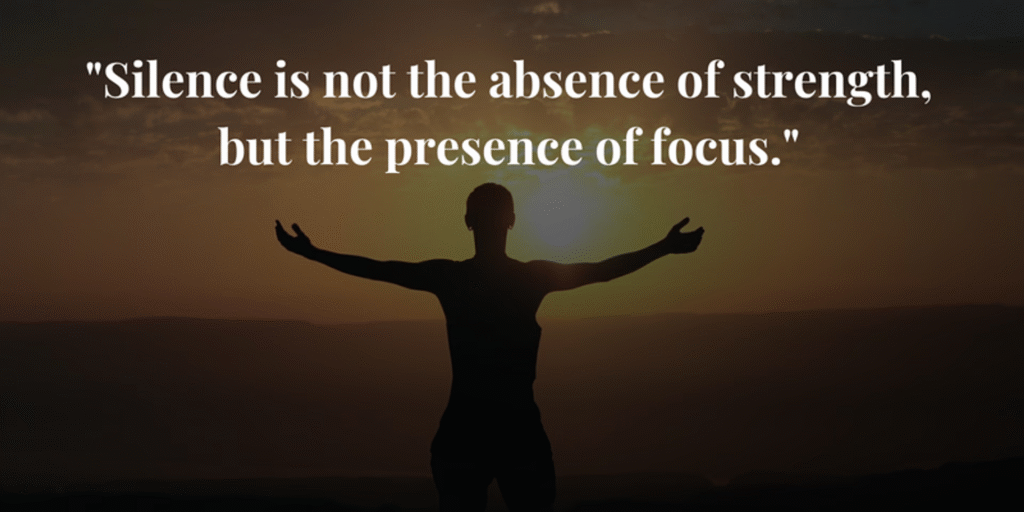
“Leap only once.
When you strike, strike clean.
One strong leap changes everything.
A frog does not hop in every direction.
It chooses.
So must you.
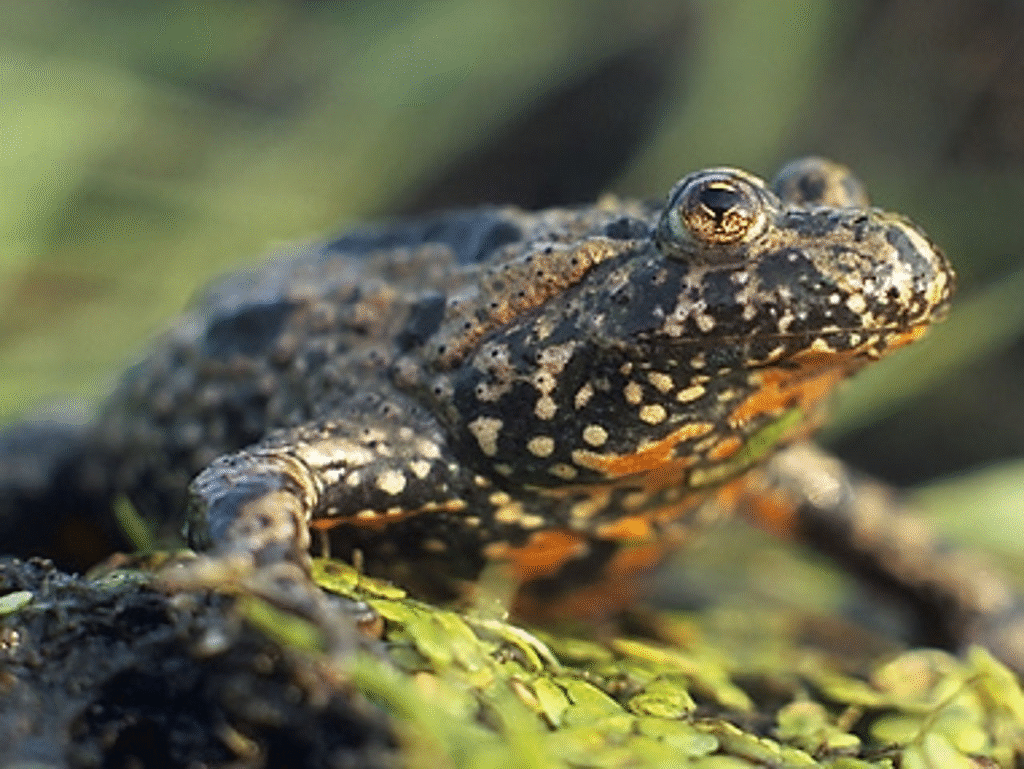
Select your battles with care.
Focus limited resources on high-value, symbolic victories — like key infrastructure or psychological turning points.
The effect is exponential.
Rather than broad offensives, Ukraine should concentrate its energy— one leap at a time.
Quick raids, surgical retakes, short-term victories with long-term impact.
Don’t stretch to reclaim all territory at once.
Instead, strike symbolic points — bridges, commanders, ports, false referenda — then vanish.
Let confusion and hesitation eat at the enemy.”

Olena thought of key regions in Ukraine requiring immediate attention.
On the northeastern front, Russia has concentrated approximately 67,000 troops along the Sumy border, initiating a significant offensive targeting both Sumy and Kharkiv regions.
She knows that Ukraine needs to enhance its defensive fortifications and deploy mobile units to counter rapid advances and should utilize its drone reconnaissance to monitor troop movements and preempt attacks.
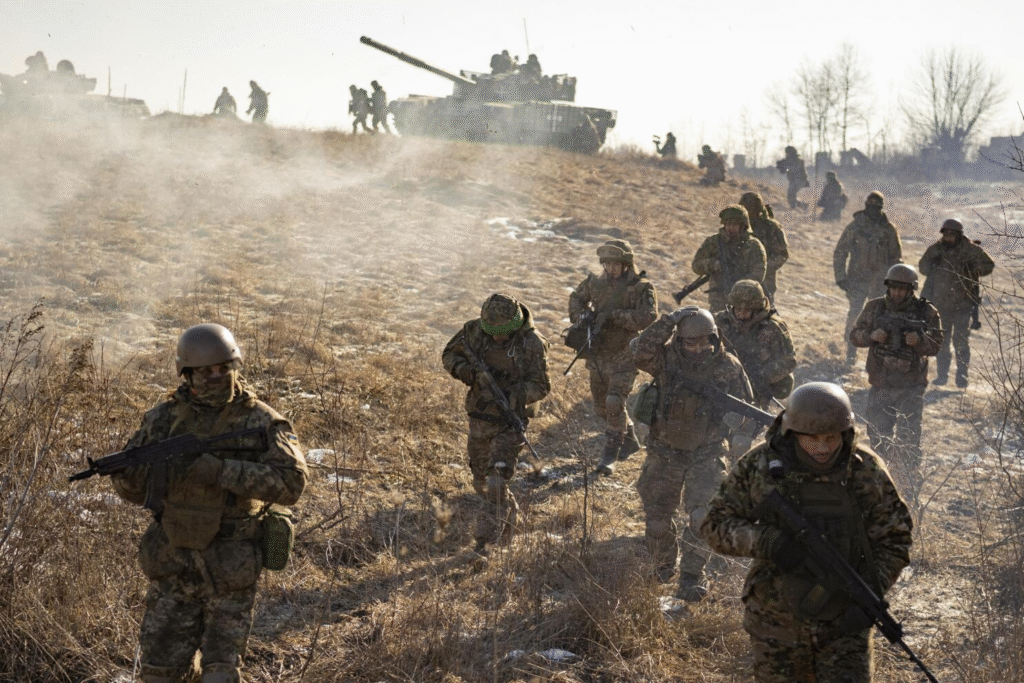
On the eastern front, intensified combat operations are reported, with Russian forces advancing near key locations such as Pokrovsk and Lyman.
She knows that Ukraine needs to implement flexible defense-in-depth strategies to absorb and repel advances, and it needs to disrupt enemy supply lines through targeted strikes and sabotage operations.
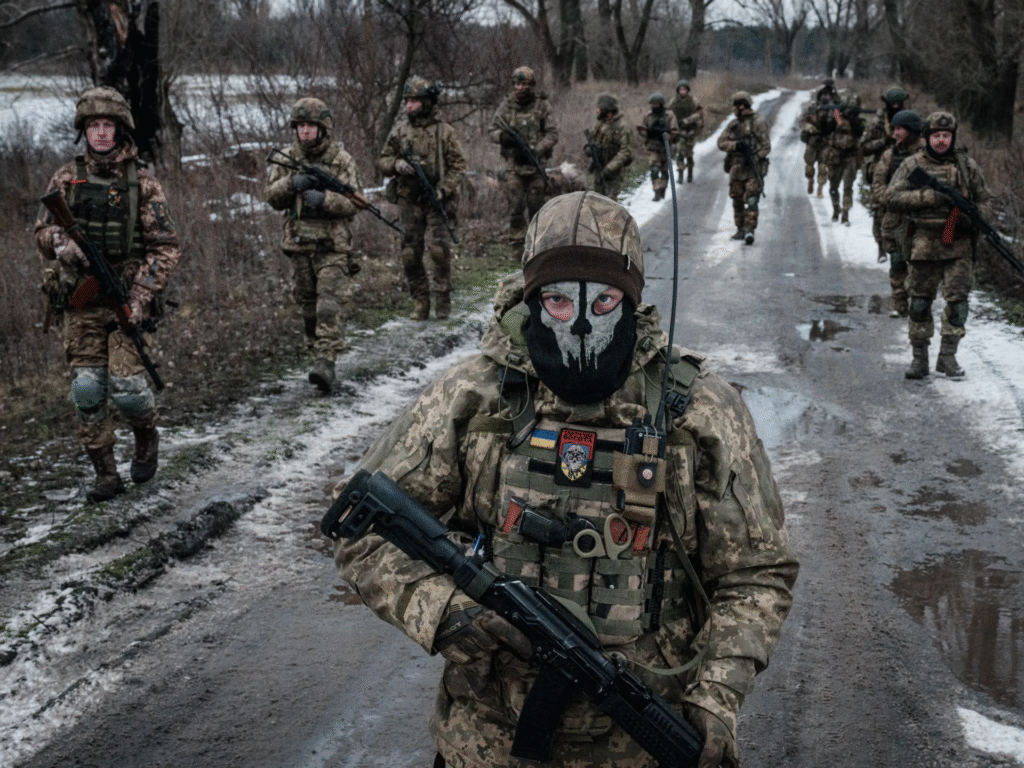
On the southern front, Russian forces have put pressure on the Kherson and Zaporizhzhia Oblasts, aiming to secure strategic posiitions.
She knows that Ukraine needs to fortify critical infrastructure and river crossings to prevent encirclement, and needs to conduct amphibious and guerrilla operations to harass and destabilize enemy forces.
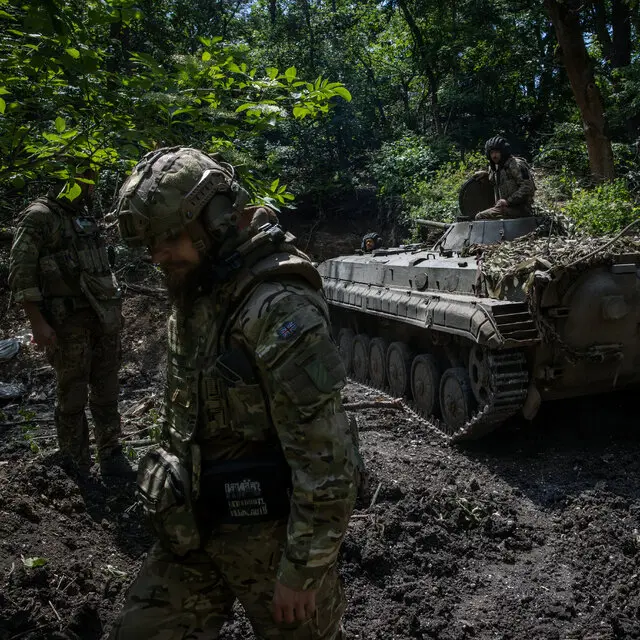
Recent missile and drone attacks have caused significant civilian casualties and infrastructure damage in Kyiv.
She knows that Ukraine needs to strengthen its air defense systems to intercept incoming threats and needs to enhance emergency response protocols and civilian shelter provisions.
So much to do.
So little time and manpower to do it with.
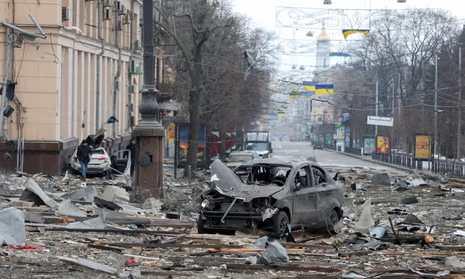
Olena’s mind continued to race, but with a new clarity.
The words Jinshi spoke — Leap only once — echoed in her thoughts like a sharp, singular note struck on a distant bell.
One leap.
It wasn’t about charging across every front or throwing every resource at the enemy.
It was about precision.
Control.
Focus.
Her past strategy, she realized, had been about the brute force of numbers and momentum.
But now, she saw the wisdom in choosing her battles carefully.
Like a frog in the reeds, she could not afford to hop in every direction.
It would exhaust her and expose her weaknesses.
But one well-placed leap?
That could change everything.

Jinshi’s metaphor held weight — a frog did not move recklessly, but instead, it calculated its strike, waited for the right moment, and then made a leap that could secure its survival, or even its victory.
“One leap,” Olena muttered, turning the idea over in her mind.
“One leap that makes everything else irrelevant.“
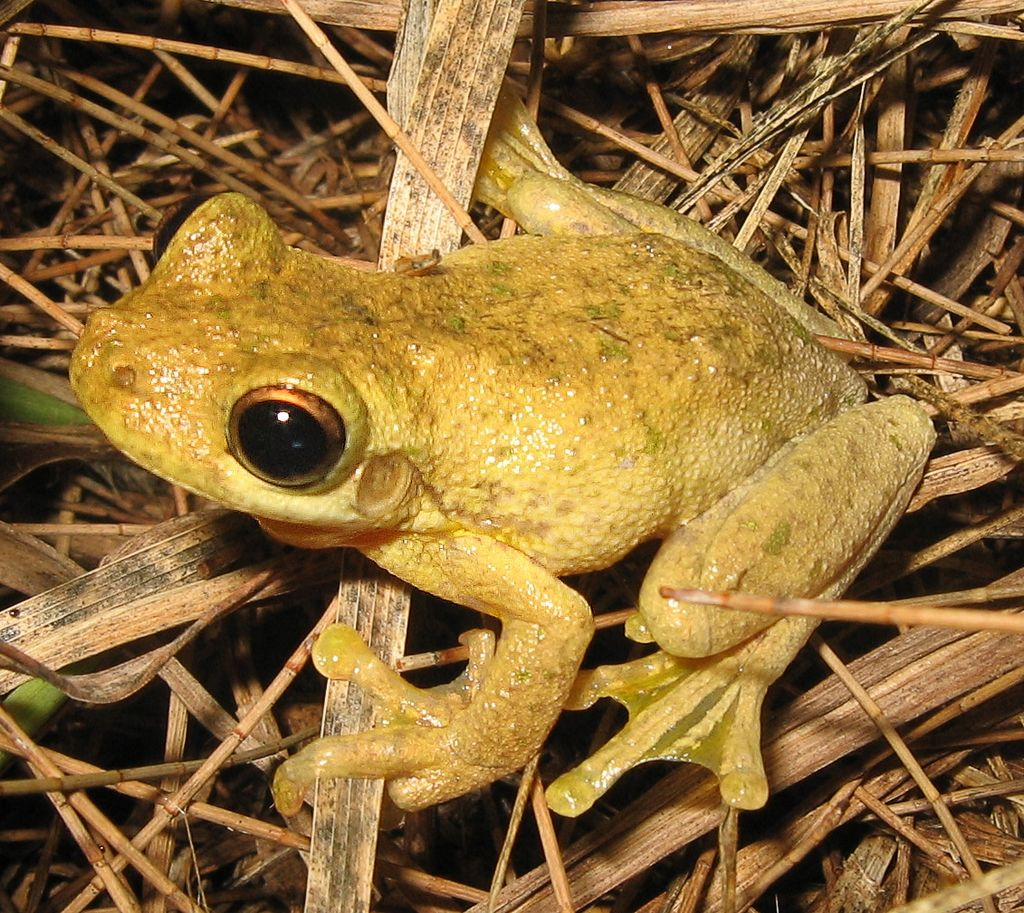
Her thoughts shifted to the nature of the war they were in.
It was not one she could win with sheer might alone.
She had the strength of an army, yes, but the key to winning lay in picking her spots with precision.
Focusing not on territory for the sake of it, but on symbolic, high-value targets that would unravel the Bear from the inside out.

She thought of the bridges — critical infrastructure that could sever Russia’s supply lines, or perhaps the ports that facilitated the enemy’s trade.
The commanders — the ones who held the momentum of their troops in their hands, but whose resolve could shatter with a sudden, decisive blow.
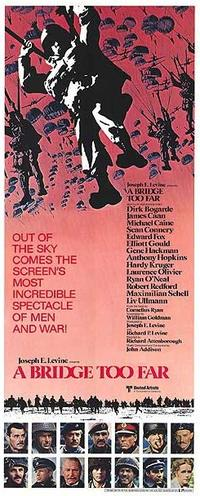
And the referenda, the falsehoods that bolstered their claim to the land.
What if they could be dismantled with a quick, surgical strike?
A single action that would leave Russia fumbling for control, unsure of what was real and what had been stolen from beneath their feet?
Her eyes narrowed, calculating.
Quick raids.
Surgical strikes.
Short-term victories with long-term impact.
It wasn’t about fighting on every front, exhausting resources and spreading thin.
It was about choosing the right points, hitting them hard, and then vanishing into the shadows.
Leaving confusion in her wake.
Letting Russia flounder in the wake of their own doubt.
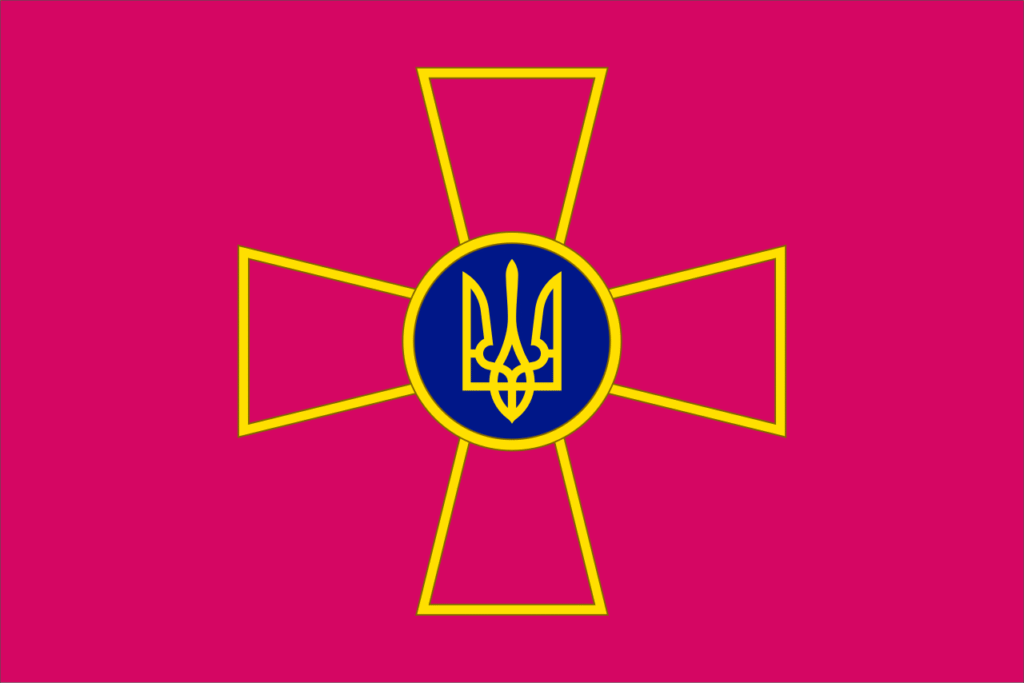
Above: Flag of the Ukrainian Armed Forces
Let hesitation eat at them, gnawing away at their confidence, until they no longer knew where to strike next.
Olena could already picture it — the chaos that would follow a well-placed raid.
Russia’s propaganda machine would go into overdrive, but their words would ring hollow, as people questioned the legitimacy of their claims.
Every action would ripple out, creating a series of small, powerful tremors that would destabilize their whole structure.
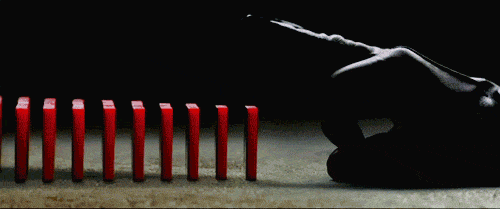
She glanced at Jinshi, who stood silently, watching her.
His words had struck a chord.
“Is it truly enough?” she asked, almost to herself.
“To strike once, but strike so precisely?”
Jinshi gave her a slow, deliberate nod.
“One leap.
But one that forces change.”

Olena felt a deep, unwavering certainty settle in her.
She could already see the first steps of this strategy unfolding.
The war would no longer be fought in vast swaths of land.
It would be fought in pockets of tension, where a single, precise action could tip the scales.
It was a strategy that played to Ukraine’s strengths — agility, intelligence, and the power of symbol.
It would force the enemy to act and react in ways they couldn’t predict, leaving them off-balance and uncertain.
Her mind returned to the battlefield once more.
Not in the traditional sense, but in the new sense she had been shown.
The time for open, exhausting battle was over.
The time for the frog’s leap had arrived.

“Sink before you are seen.
Victory belongs to the one who disappears after it.
Don’t claim the credit.
Let confusion reign.
Was it you?
Was it fate?
The enemy cannot strike what it cannot name.
Resist the temptation to broadcast victories.
Instead, let uncertainty cloud the enemy’s judgment.
Be formless, anonymous, elusive.
A whisper, not a cheer.
Victory belongs to the one who disappears after it.
Don’t celebrate.
Don’t linger.
Let victories be whispered, not paraded.
Keep the enemy guessing who helped, how, and what comes next.
Avoid becoming predictable.
Never become a fixed target.
Move like weather, not like troops.
Let the Russians fight shadows and whispers.”
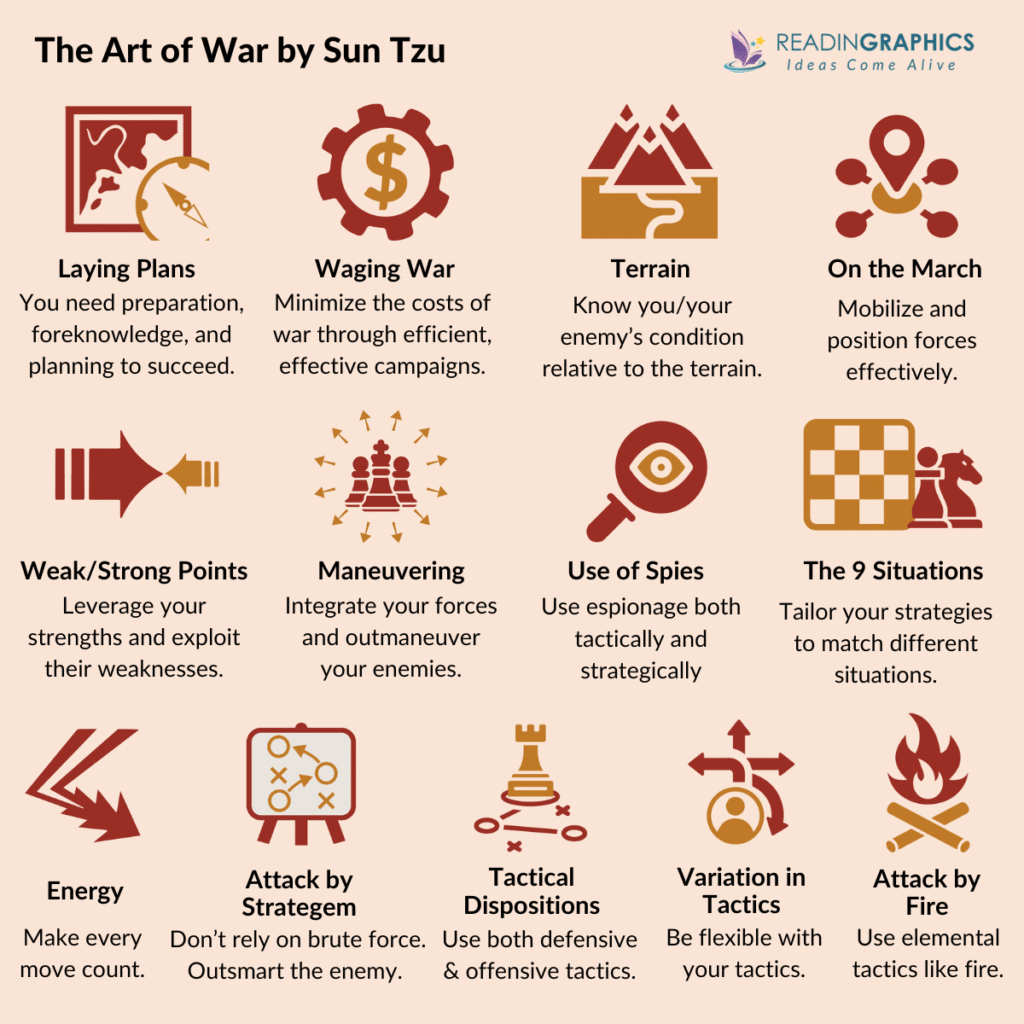
Olena closed her eyes, feeling the weight of Jinshi’s words settle over her like a cool mist.
Sink before you are seen.
The idea felt almost like a paradox:
How could a general win if she did not claim her victories?
How could she inspire her people if she did not show them the fruits of their struggle?
But then, she realized the truth in it.
Victory was not just about parades and declarations.
It was about movement, about the silence after the storm, about the absence that lingers long after the battle is won.
When victory is claimed aloud, it invites retaliation, it leaves an imprint that can be traced.
But if it disappears into the night, leaving only whispers, the enemy is left scrambling.
They can fight all they want, but they will never know where to strike next.
The analogy of the weather — shifting, unpredictable, never bound to one spot — filled her mind.
Move like weather, not like troops.
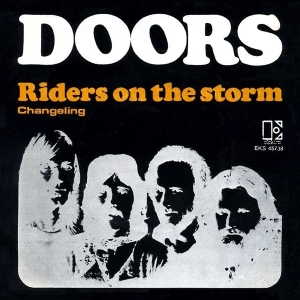
She could already see the effect it would have on Russia.
They would become obsessed with shadows, chasing ghosts.
The fear of the unknown would eat at them.
Every victory would feel like a stroke of fate, something outside their control, as though they were battling not just an army but the very essence of chaos.
The people would know the victories, even if they were not paraded.
They would know in their hearts that they had won, that the struggle was not in vain.
But the enemy?
The enemy would never know who to curse, never know who to strike at.
It was the same strategy that had been used throughout history by the most successful guerilla forces — the art of disappearing.
“Victory belongs to the one who disappears after it,” Jinshi murmured.
“Be the wind.
Invisible, unpredictable, never the same twice.”

Olena’s thoughts returned to the battlefield, to the war.
The symbolic victories, the swift strikes, the disorienting tactics — they would be just the beginning.
The real power came not in the battle itself, but in the absence of explanation, the absence of a name.
She imagined the fear that would take root in the Russian ranks, the growing unease as they could no longer tie their losses to any clear source.
Was it a defector?
Was it a rogue group?
Was it simply the will of fate?
Their minds would churn, while Ukraine could continue to move — not with pride, not with public celebrations, but with the quiet knowledge that they had outsmarted their enemy.
Olena straightened, determination in her eyes.
The art of disappearance, of formlessness, would be her weapon.
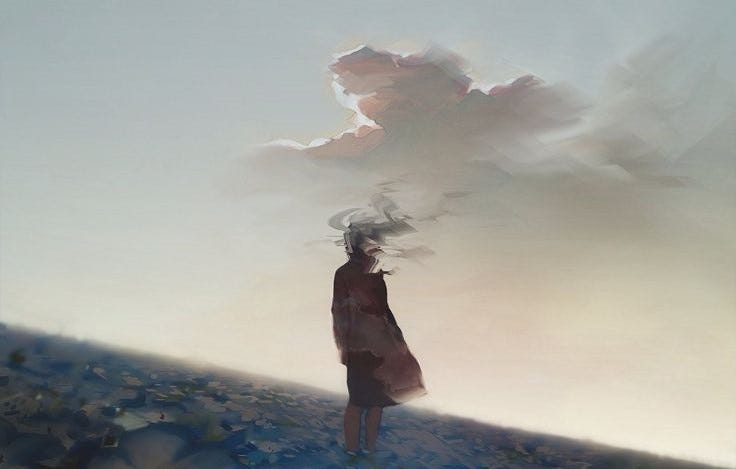
“Control the ripples.
Own the meaning of every move.
A swamp does not move often, but when it does, all feel it.
Every lost village can birth a legend.
Every flag raised must mean something.
Shape the emotional and symbolic impact of every action.
Win the narrative as fiercely as the ground.
If a village is lost, it must become a martyr.
If one is saved, it must become a legend.
If a commander falls, make him a folk hero.
Own the emotional landscape.
Master narrative warfare.
Every Ukrainian move should echo beyond the battlefield — into Europe, into Russia, into history.”

Olena’s heart thudded with the weight of Jinshi’s words, each one resonating like a distant drumbeat.
Control the ripples.
It was more than strategy.
It was the art of turning every action, every gesture, into something more significant, more powerful than its immediate impact.
The ripples would extend far beyond the battlefield, influencing minds and hearts across Europe, Russia, and the world.
She thought about the villages, the commanders, the heroes and the martyrs.
Every loss could become a legend.
Every victory, a story.
The meaning attached to each moment was as powerful as the physical ground she fought to reclaim.
A swamp does not move often, but when it does, it affects everything around it.
The stillness of the swamp is its power, its patience.
And when the swamp stirs, it is felt by all.
Each move on the battlefield could be amplified.
A village lost to the Bear could be more than just a loss:
It could be the spark of a narrative that would echo through generations.
It could become the symbol of sacrifice, of defiance, of the cost of war.
Every Ukrainian village, every Ukrainian soldier, could be a story in the making.
“A martyr’s death is a torch passed,” she whispered to herself.
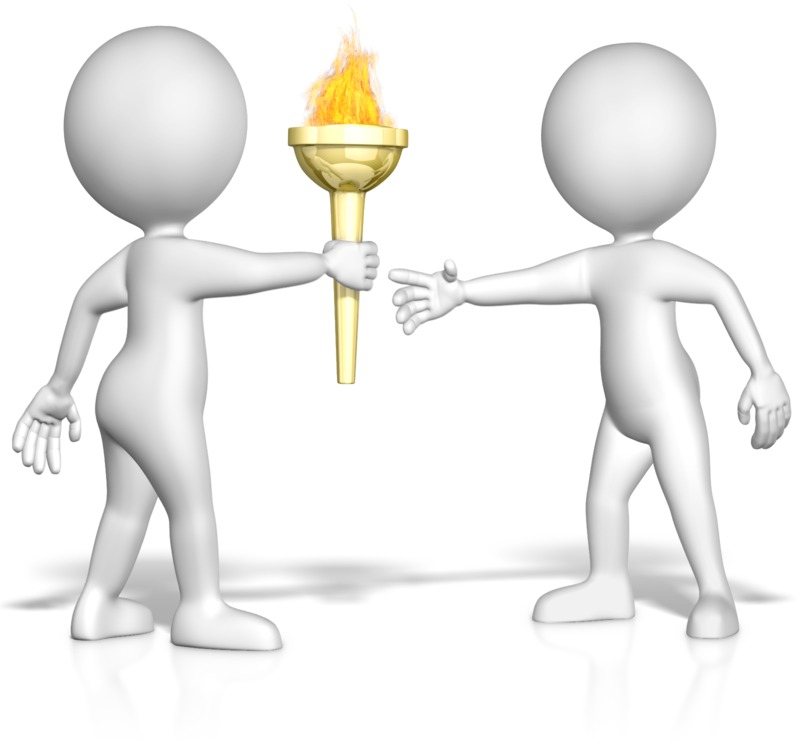
And every commander who fell in battle could become a symbol of resilience, a martyr who gave his life for the greater good.
His name could live on in songs, in the hearts of his people, in the soul of the nation.
He could inspire others to rise, to fight, to push forward even when the odds seemed insurmountable.
But it was not just about individual lives.
It was about the collective spirit.
Every move, every battle, must carry meaning.

The narrative would shape the world’s perception of the conflict, shaping support, fear, and determination.
Ukraine must control this narrative.
Every Ukrainian victory, every successful defense, every act of defiance would ripple outward.
It would be felt in Europe, where allies would see the bravery of the Ukrainian people and be moved to act.
It would be felt in Russia, where the reality of their losses would begin to weigh on the public consciousness.
The power of narrative warfare was not to be underestimated.
The more the world saw Ukraine as a people willing to fight for their future, the more their cause would gain traction.
And Russia?
Russia would find itself scrambling to explain the unexplainable.
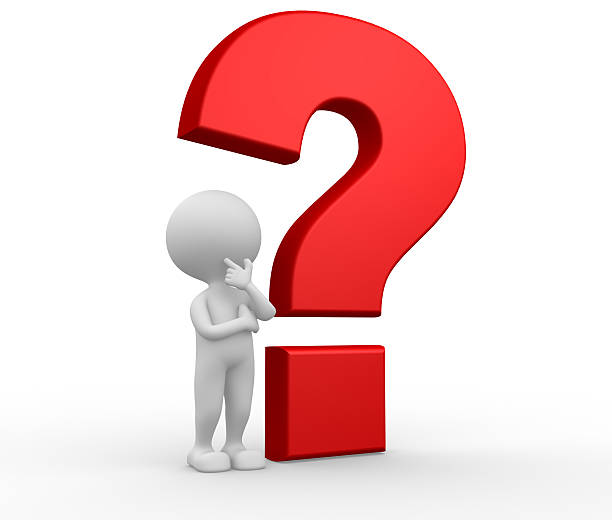
Shape the emotional landscape.
Make the world see Ukraine not just as a place of war, but as a symbol of resilience, of spirit, of an unbroken people.
Every move, no matter how small, must be laden with meaning.
Olena stood a little taller, the weight of Jinshi’s words settling within her.
Victory on the ground was only part of the battle.
The true war would be fought in the hearts and minds of millions.
The ripples had already begun.
And they would not stop until the world felt them.

“Spawn elsewhere.
Build your future where the enemy does not look.
A frog lays eggs where it is safe — not where the snake waits.
Let Ukraine’s future bloom beyond the reach of bombs.
Invest in exilic strength — diaspora, education, technology.
Build a Ukraine that cannot be shelled.
While the front rages, build strength elsewhere: in tech, in language, in diaspora.
Let Ukrainian culture bloom in exile, so that when the homeland is whole again, it is more powerful than before.
Create education networks, digital identity, drone production, and culture centers far from the fire — future seeds planted in still waters.”
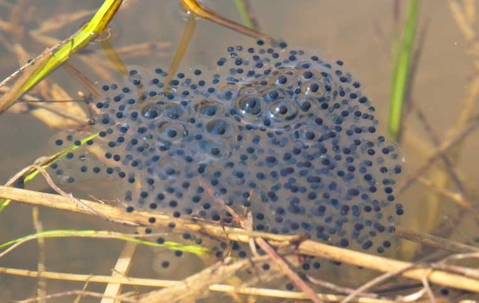
Olena’s gaze drifted from the distant horizon, where the river flowed like liquid memory, its calm surface masking the churn of deeper currents beneath.
Spawn elsewhere.
The words settled heavily in her mind.
The swamp, Jinshi had taught her, did not wait for opportunity to come to it.
It moved slowly, surely, and where it went, it changed the land.
But just as the frog laid its eggs where the snake would not strike, so too could Ukraine build its future away from the immediate reach of destruction.
The war was not just about reclaiming territory:
It was about securing the future.

In the heat of battle, it was easy to forget that victory was not only won on the battlefield but also in the fields of education, technology, and culture.
The battle for the future of Ukraine was being fought in the hearts and minds of its people, and that fight would not wait for the war to end.
Ukraine’s strength had always been in its people, in the resilience of the diaspora, in the brains and hearts that lived beyond its borders.
Now, more than ever, the future of Ukraine needed to be cultivated in places far from the bombs, far from the fire.

Invest in exilic strength.
The people of Ukraine scattered across the world held the keys to rebuilding a stronger, more powerful nation.
Education networks that reached beyond the frontlines, digital identities that connected the world to Ukraine’s culture, technological hubs where innovation could take root without the constant threat of bombardment — these were the seeds that could bloom in the fertile ground of safety.
As the frontlines raged, the people of Ukraine needed to build something immovable, something that could not be shelled, that could not be destroyed by bombs or missiles.
Their culture, their language, their technology — these were the true foundations of a future that could not be erased.
Olena understood now.
While the men and women of Ukraine fought to protect the land, others must build the future.
Digital platforms that would allow Ukrainian voices to reach the world, education initiatives that would shape the next generation of leaders, the development of new technologies that would strengthen their defense and propel them into the future — all of these efforts would create a powerful, self-sustaining Ukraine that could not be undone by any invasion.
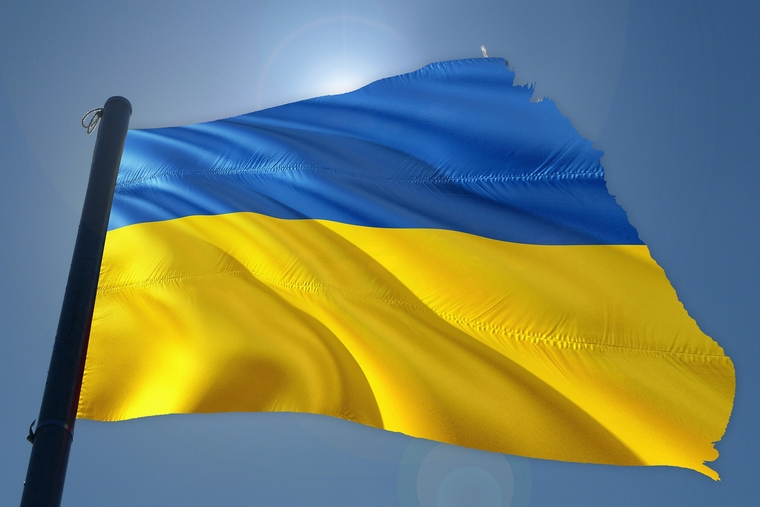
Let Ukrainian culture bloom in exile.
The arts, the sciences, the innovations:
They could not be destroyed by bombs.
Even now, Ukrainian musicians, writers, scientists, and engineers worked abroad, their contributions invisible to the battlefield but vital for the nation’s future.
When the war was over, Ukraine would be more than just a land scarred by conflict.
It would be a nation poised to rise, stronger than ever, with a robust, thriving culture that could never be suppressed.
This was the future that Olena saw now, beyond the immediate horizon of blood and fire.
The ripples were growing.
The seeds had been planted.
The swamp would swallow its enemies.
The river would never stop flowing.
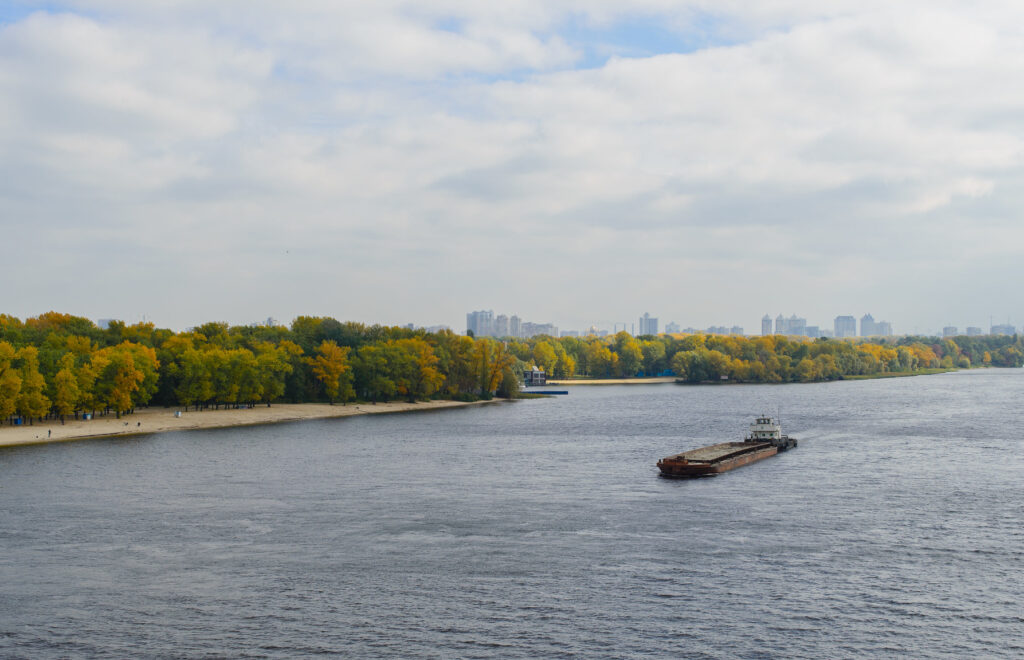
“Sing only at dusk.
Let your message ride the night.
You do not need to scream to be heard.
Let your silence grow heavy.
When you speak, let the world lean in.
Master the timing of message and action.
Let quiet strength inspire more than loud demands.
Speak not always — but speak well.
Don’t shout your defiance — whisper it into hearts.
Let the world wonder at Ukraine’s silence and strength.
Use dusk — metaphorically and literally — as the time to speak truths.
Time communication carefully.
Don’t exhaust world attention with daily demands — earn their awe, then make your plea.
Let the dusk be the hour when Ukraine speaks, and all listen.”

Olena stood at the water’s edge, the setting sun casting long shadows across the river, a dusky veil settling over the world.
Sing only at dusk.
The words lingered in her thoughts like the call of distant birds.
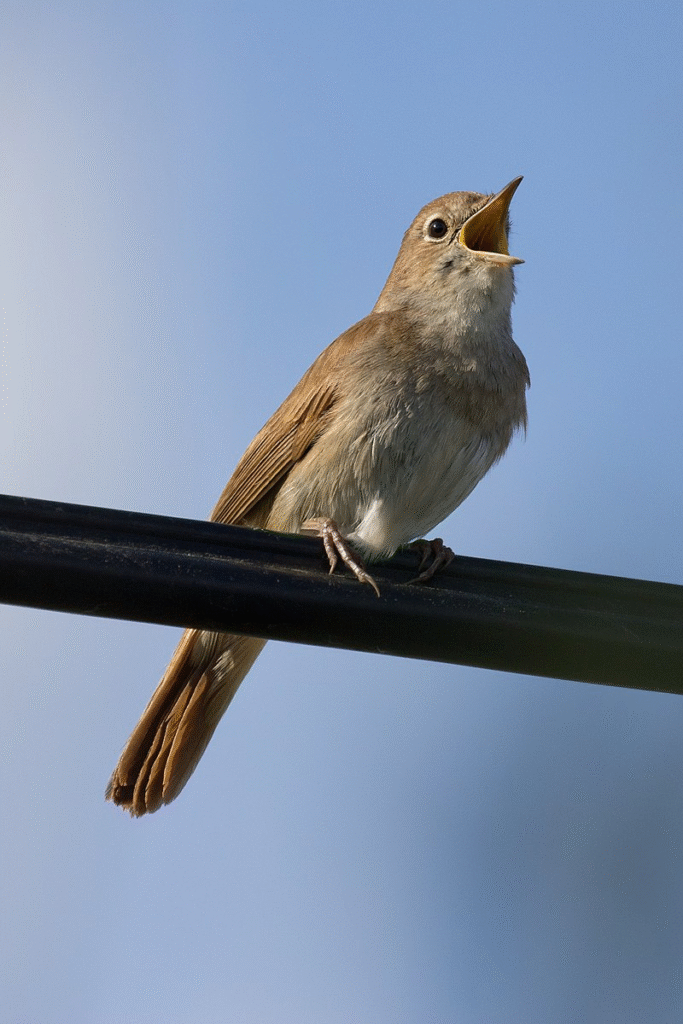
Jinshi had spoken of the power of silence, of choosing the moments to speak, and of the art of making one’s words count.
The world had grown loud with war, the air thick with shouts and cries of defiance.
But there was a subtle strength in quietness — in letting silence grow heavy.
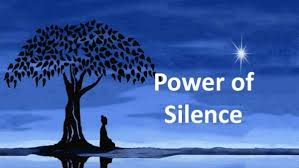
She had seen it in the way the river held its breath before a storm, in the way the trees swayed gently before the wind came.
In a world full of noise, where every movement and every word demanded attention, there was power in withholding.
There was wisdom in speaking only when the moment called for it.
Ukraine did not need to scream its pain, its suffering, its strength.
It needed to wait for the right moment and then speak with a force that would resonate beyond words.
The timing was everything.

Master the timing of message and action.
The world was constantly bombarded with headlines, updates, declarations — too many to keep up with.
But when Ukraine chose to speak, it would speak so clearly, so powerfully, that the world would listen.
In that silence, it would gather its strength.
And when it chose to speak — just once — it would be heard far and wide.
Ukraine could not afford to exhaust the world’s attention with constant pleas.
It would speak only when the world’s focus was primed, when the weight of its silence would make the world lean in, eager to hear what came next.
And then, the message would be simple, but profound — resonating with the quiet strength that had been building beneath the surface, like the stillness of a lake before a storm.
There was a kind of reverence in stillness — one that demanded patience, discipline, and the wisdom to know when to break it.
A defiant shout could be lost in the noise, but a whisper, timed right, would echo in the hearts of those who truly listened.
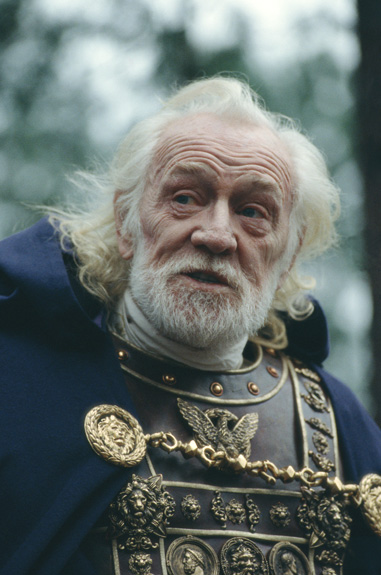
Above: Roman Emperor Marcus Aurelius (Richard Harris), Gladiator (2000)
“I am dying, Maximus.
And when a man sees his end, he wants to know that there was some purpose to his life.
How will the world speak my name in the years to come?
The philosopher?
The warrior?
The tyrant?
Or will I be the Emperor who gave Rome back her true self?
You see — there was a dream that was Rome.
You could only whisper it.
Anything more than a whisper and it would vanish.
And I fear it will not survive the winter.
Let us whisper together, Maximus.
You and I.“
Let your silence grow heavy.
The world would wonder what lay beneath.
And when Ukraine spoke, the whole world would listen, not because it was loud, but because it had earned the right to be heard.
And so, as the dusk deepened, Olena understood.
This was not just about military strategy.
It was about the art of communication, the power of choosing when to speak and when to remain silent.
The world would not hear Ukraine’s cries if they were drowned out by the noise of war.
But in the quiet hours, when the world was waiting, Ukraine’s message would rise above it all.
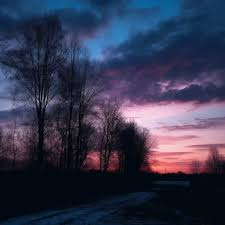
“Ukraine does not win by becoming Russia.
It wins by becoming water.
By being invisible where needed, impossible to contain, and immortal in spirit.
As the frog croaks from his hidden perch:
“I do not need to be seen to win.
I do not need to be loud to lead.
I do not need to conquer to survive.
I simply need to remain, until my enemy forgets why he leapt in the first place.”

Olena stood still, the weight of Jinshi’s words settling in her bones like the quiet murmur of the river beneath the night sky.
Ukraine did not need to conquer, to force its way forward through brute strength.
It needed only to remain.
To become the water.
To slip through cracks, to vanish when needed, to persist when others assumed defeat.
The enemy had come with force and might, thinking it could grind down a spirit by drowning it in sheer power.
But Jinshi was right.
The true strength lay not in matching Russia’s aggression with its own, but in resisting, in becoming formless, adaptable, and relentless.
“I do not need to be seen to win.”
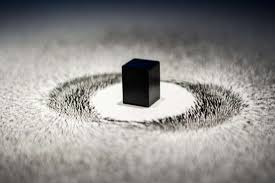
The frog’s croak echoed in her mind.
Ukraine’s strength was not in visibility, not in loud declarations of power.
It was in its ability to remain hidden, to be impossible to predict, impossible to contain.
Like water, it would slip through the enemy’s grasp, shaping the battlefield with its quiet persistence.
“I do not need to be loud to lead.”
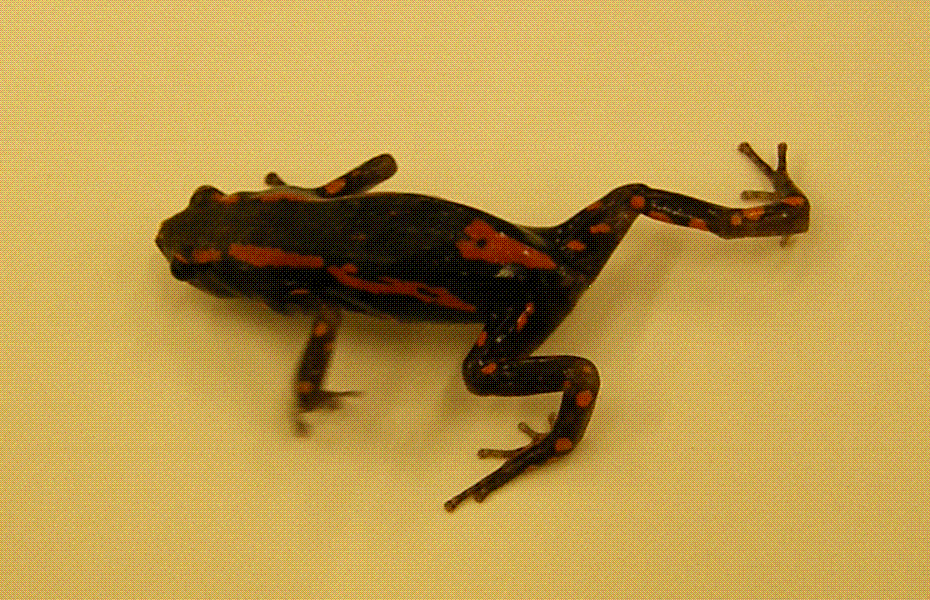
Leadership did not need to be defined by grand speeches or powerful displays of force.
It could be the quiet resolve, the endurance in the face of adversity.
Ukraine could lead with its spirit, its resistance, its ability to inspire not with words, but with actions that spoke volumes.
“I do not need to conquer to survive.”
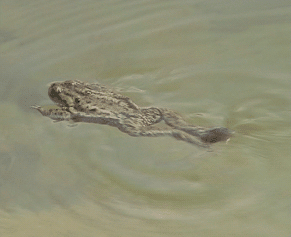
Survival was not the same as victory, but it was no less important.
Ukraine did not need to conquer all of Russia’s land, to overpower its enemy in every engagement.
It only needed to survive, to outlast, to persist in a way that made victory feel inevitable.
And then, Jinshi’s final words rang true, like a prophecy:
“I simply need to remain, until my enemy forgets why he leapt in the first place.”

Ukraine did not need to defeat Russia outright.
It needed to remain.
To keep its spirit alive, to endure, and to outlast until the very reason for Russia’s aggression faded away.
Until the world saw the futility of the invasion, until the strength of Ukraine’s people, its culture, and its will to survive made the enemy question what they had set out to achieve.
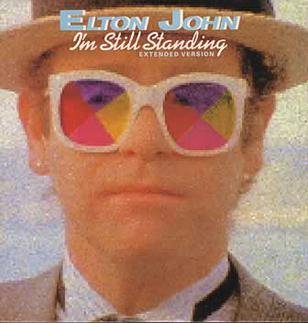
In the quiet of the night, as the frogs croaked their ancient songs from the shadows, Olena felt the weight of what they had been learning.
It wasn’t about pushing back with more force.
It was about enduring with wisdom, with resilience.
It was about becoming water — unseen, unnoticed, and yet unstoppable.
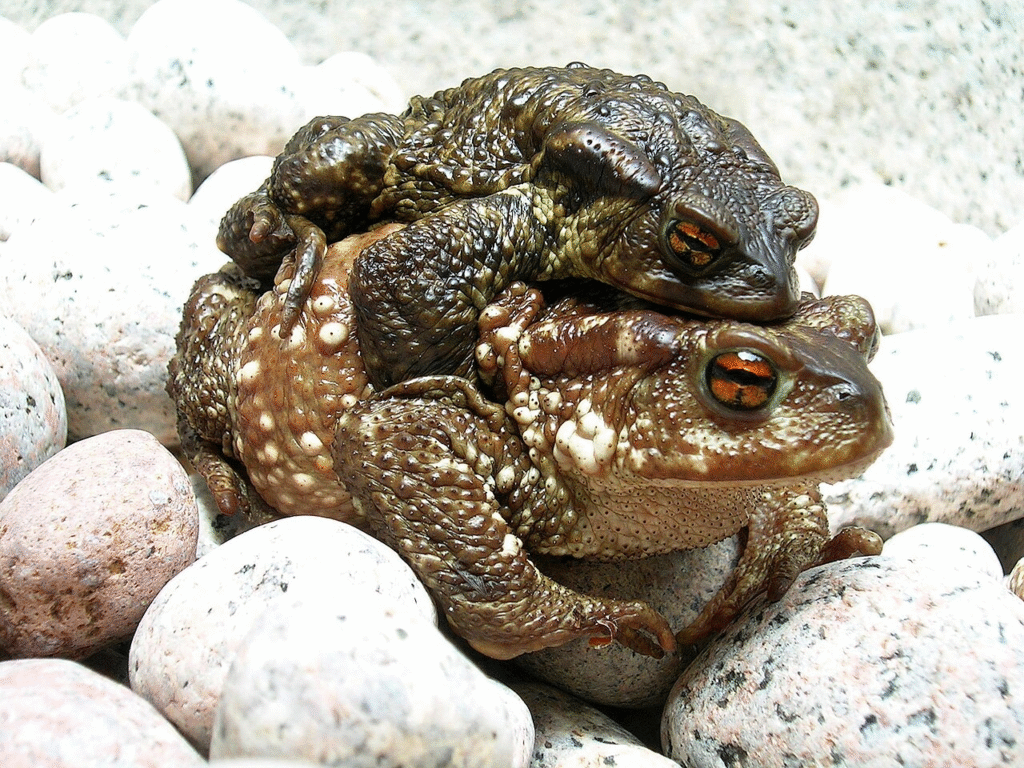
She turned to Melania, who stood silent at her side, waiting.
The girl’s wide eyes held the same understanding.
The world would learn.
Ukraine would endure.
And when the time was right, Ukraine would strike — not loudly, not in rage, but with a quiet strength that would shape the course of history.
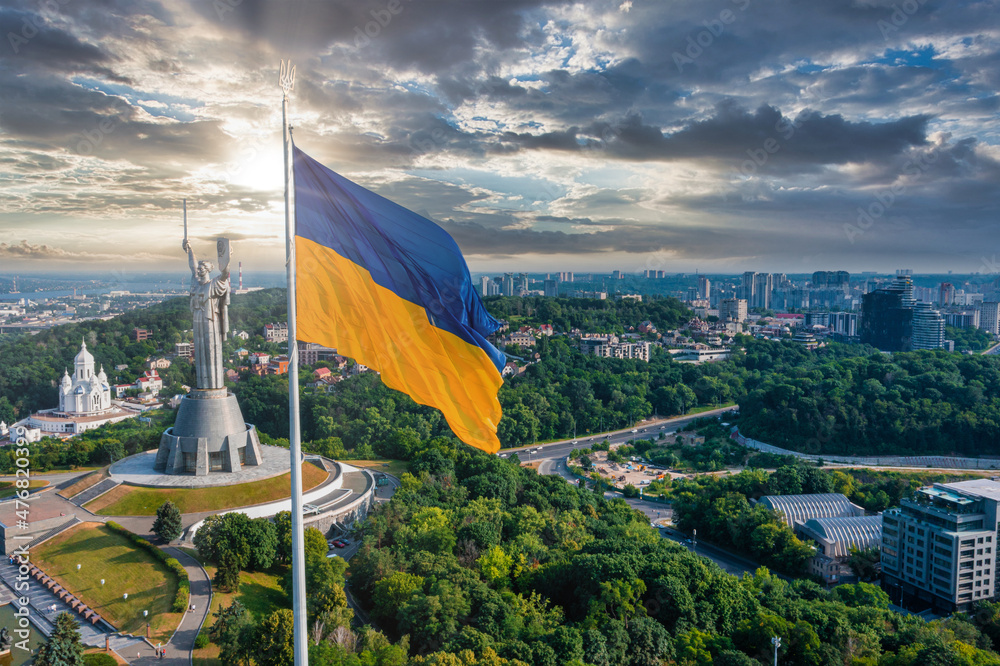
Olena’s fingers tighten around the scroll, her mind racing as the frog’s words sink deeper.
Survival song.
A war plan?
No.
That had been her first thought, the urgency of tactics, the hunger for strategies that would carve out a decisive victory.
But this…
This was something different.
It wasn’t about claiming land, crushing armies, or securing borders.
It was about holding on, enduring, living to fight another day, in ways unseen, in ways the world could not predict or fathom.
The river’s surface rippled gently beneath the starlight, and she saw in the reflection the endless horizon of her country, scarred, battered— but still unbroken.
The scars were not marks of defeat.
They were badges of survival, of resilience.
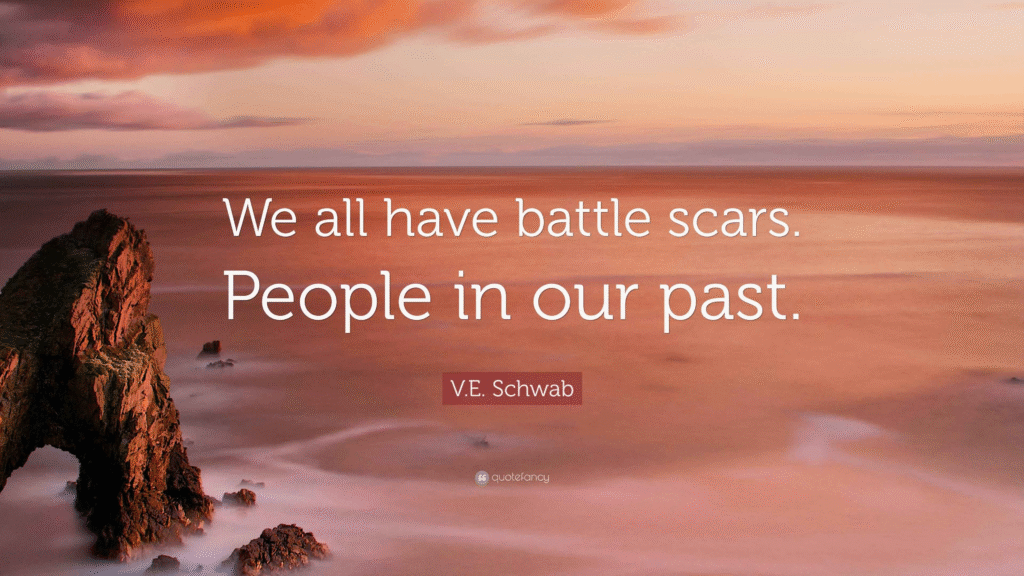
She looked back at Jinshi.
His stillness was the answer.
His quiet wisdom wasn’t a call for immediate victory but for persistence, for holding steady against the storm, knowing that the very act of surviving would shift the battlefield in ways that no force could predict.
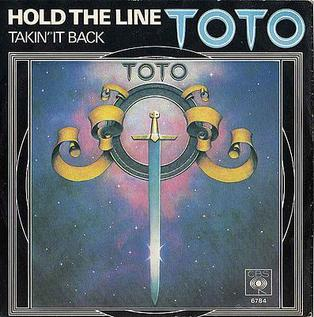
“A survival song,” she repeated, almost to herself, as if she were trying the words on for size, testing their weight.
“Yes,” the sage nodded, his eyes glimmering like the murky water around them.
“Because, in the end, what survives is not the loudest or the strongest, but the one who simply refuses to be forgotten.”
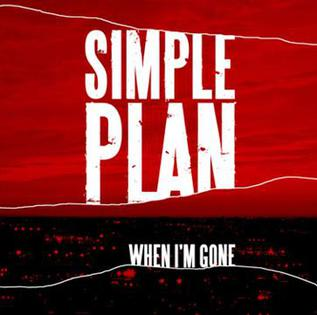
Olena took a breath.
The pressure, the weight of her role as General, as the keeper of her people’s hope, seemed lighter now.
It was no longer about outshouting her enemy, about overwhelming them with force.
It was about the quiet strength of those who refuse to break, who endure, who let their scars become their story.
The river reflected the stars.
She understood, finally, the way the water could change the course of everything without even trying.
She tucked the scroll back into her coat, her resolve hardening like the earth beneath her feet.
“Then let the song be heard,” she whispered.
“Let it echo in the hearts of my people.”
And perhaps, in the end, that would be enough.
Because sometimes, survival was the most powerful kind of victory.
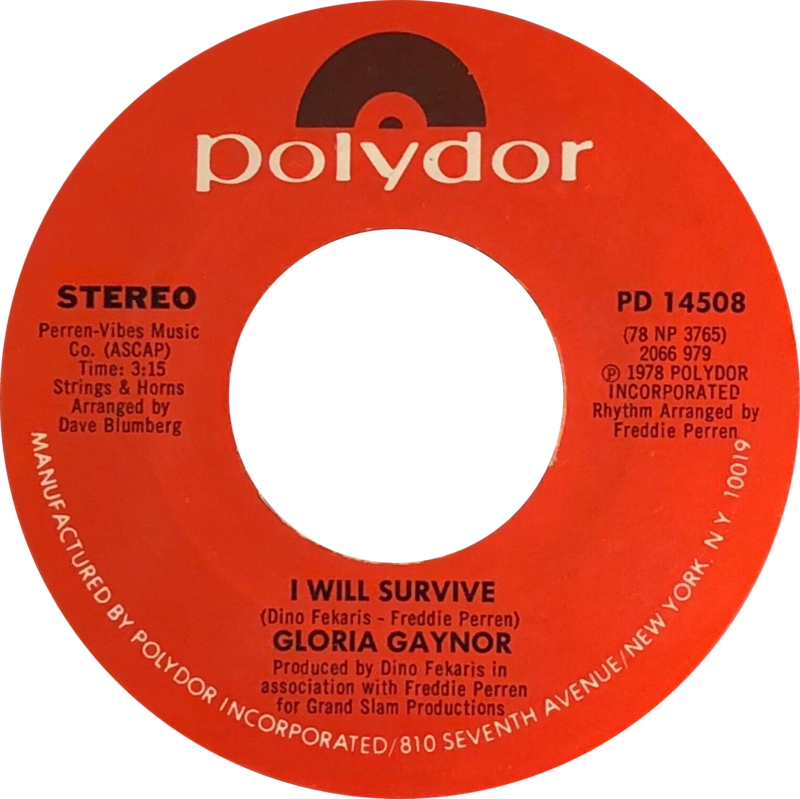
The reeds stirred again.
The river rippled.
In the distance, drums like falling trees.
The Bear marches.
Olena rolled the scroll, tucked it into the folds of her cloak.
She did not believe.
But she remembered this:
When the gods give you something you do not want, it is often exactly what you need.
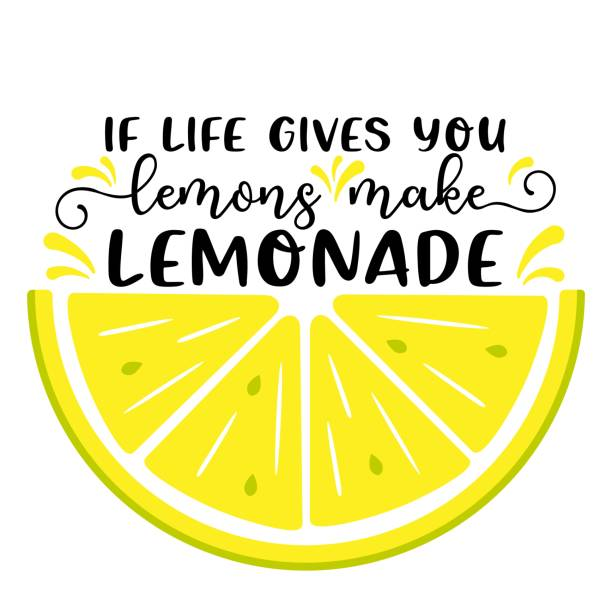
She turned to Melania.
“Gather the quiet ones.
The watchers, the whisperers, the ones with dirty hands.
Tell them:
The war has changed.”
And from the reeds, a frog sank, one ripple trailing where he had been.
Night fell like a veil of oil, heavy and glistening.

Melania nodded without hesitation, already moving before Olena had finished speaking.
The weight of the moment hung thick between them, like the quiet before a storm.
Olena felt the pull of the old ways — the call of wisdom from those who had walked paths unseen, fought battles in silence, and left no trace but the ripples in the water.
She watched the young woman disappear into the shadows, the sound of her footsteps swallowed by the dark, by the murmur of the river.
The night pressed in, heavier now, as if the world itself held its breath.
The drums grew louder, nearer, like the heartbeat of an advancing beast.
The Bear was coming.
But Olena stood tall, unflinching.
She did not speak the words that the scroll had given her, not aloud, but they filled her mind.
Survive.
Endure.
Move like water.
For the first time in a long while, the weight of command did not feel like a burden.
It felt like a choice — an invitation to become something new, something fluid, something patient.
She turned her gaze back to the river, where the darkness seemed to stretch endlessly, to the distant banks where her people waited—silent, still, ready.
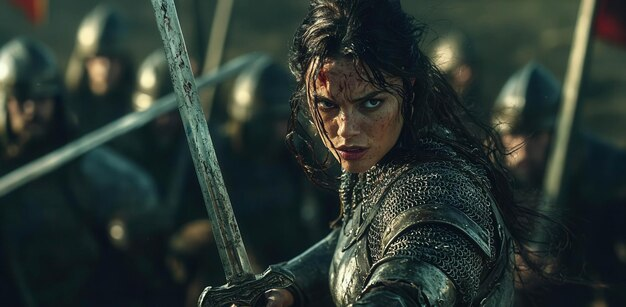
The frog’s words echoed in her mind, but it was the silence that followed them that spoke the loudest.
She did not need to believe.
She only needed to remain.
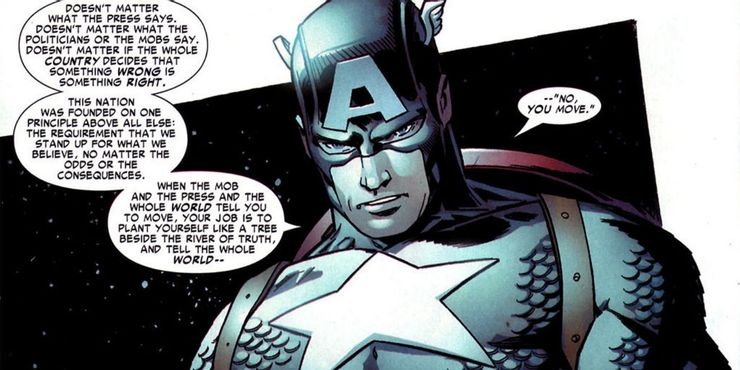
And as the night thickened, Olena allowed herself to close her eyes for just a moment, letting the weight of the world settle on her shoulders, knowing that in the end, it wasn’t the loudest or the largest who would win.
It was the one who remained, who whispered, who waited.
The war had changed.
And so, too, would the ones who fought it.
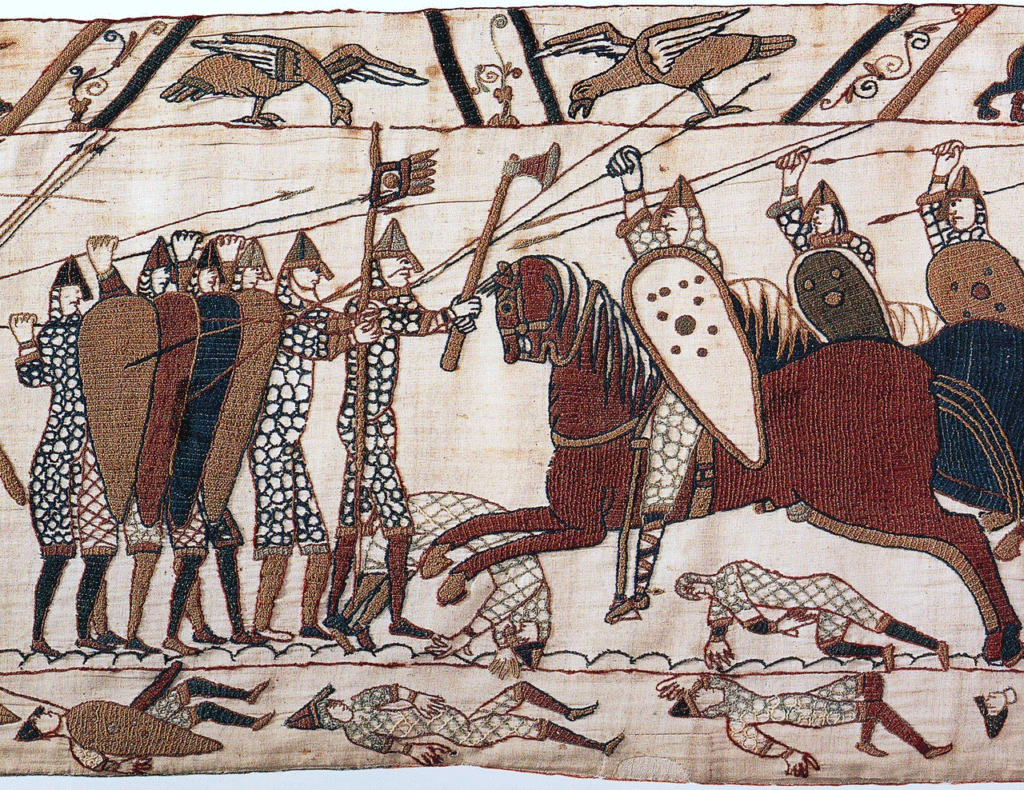
The Bear was coming — not in thunderous parade, but in creeping columns, mud-caked and sure, their breath fogging the birch-line edges of the plain.
Olena Berehynia stood not in armor, but in a cloak of peasant gray.
Around her, her chosen few:
Not soldiers, but swamp walkers —
Cartographers, codebreakers, conscripts too quiet to salute.
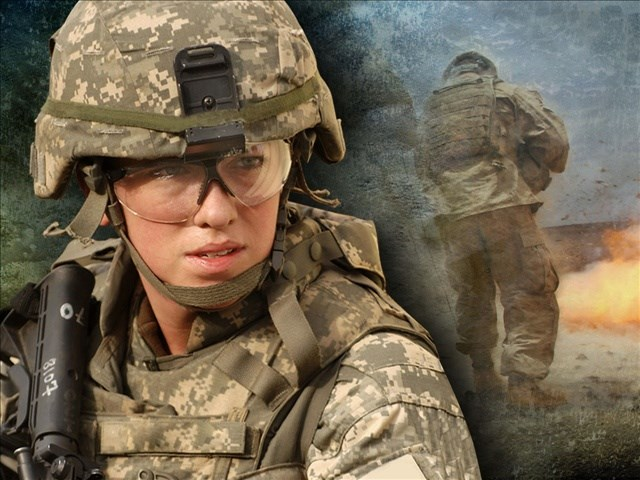
The scroll lay open on the stone beside her.
Seven lines glowing faintly in the marsh light.
She did not pretend to understand it.
She obeyed it like weather.
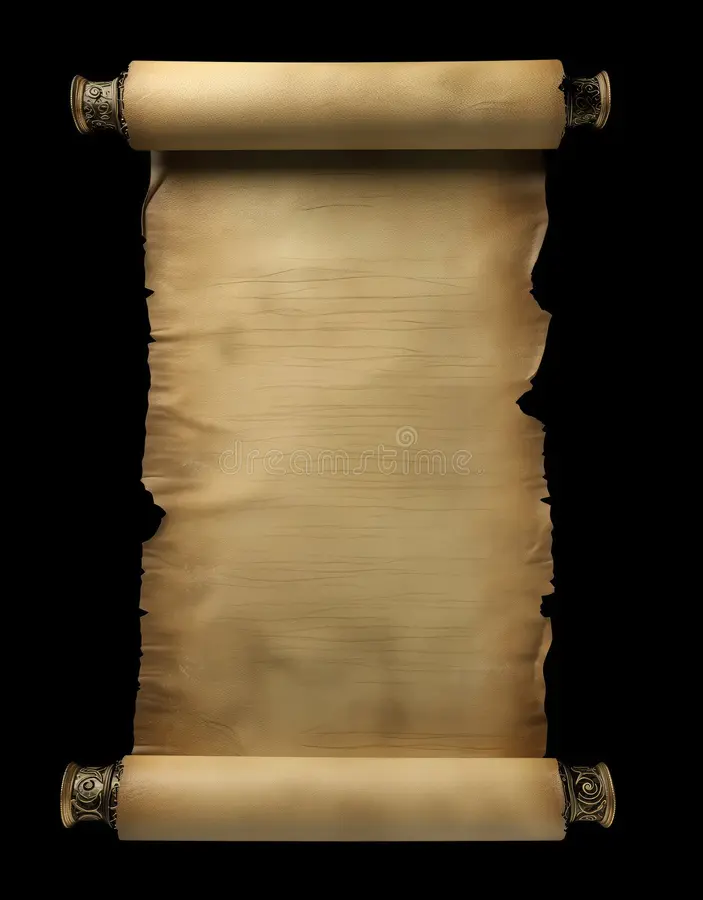
The air was thick with the scent of earth and damp wood, a heaviness that seemed to seep into Olena’s very bones.
The swamp stretched before her, its quiet expanse broken only by the steady, rhythmic hum of insects and the occasional croak of a hidden frog.
The Bear’s march loomed, but Olena had learned in her time here that the swamp did not care for loud noise or bluster.
It was a place of patience, of stillness — where the land itself whispered, where the soil and the water held the memory of a thousand unseen battles.
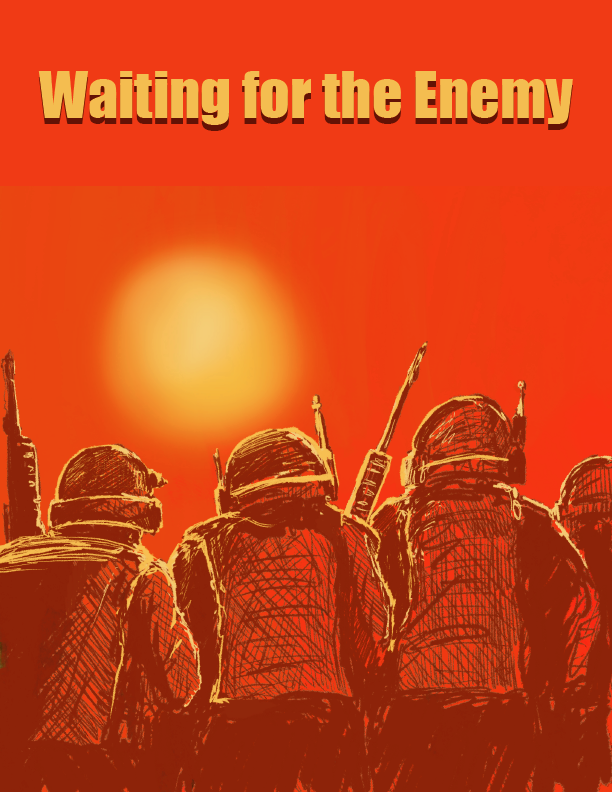
Her cloak, simple and unadorned, brushed the wet ground as she moved with slow, deliberate steps.
Behind her, the others — those who had chosen to remain in the shadows, those who spoke not with orders but with actions — stood at attention, their presence a quiet weight.
They were not soldiers in the traditional sense.
There were no proud banners or loud commands here.
These were the ones who knew how to walk unseen, who understood the value of silence, of the invisible threads that held a conflict together.
Their eyes were sharp, their minds quick, and their hearts forged in the slow burn of necessity.
They had no titles, no uniforms, but they carried the weight of knowledge, of subtlety, of persistence.
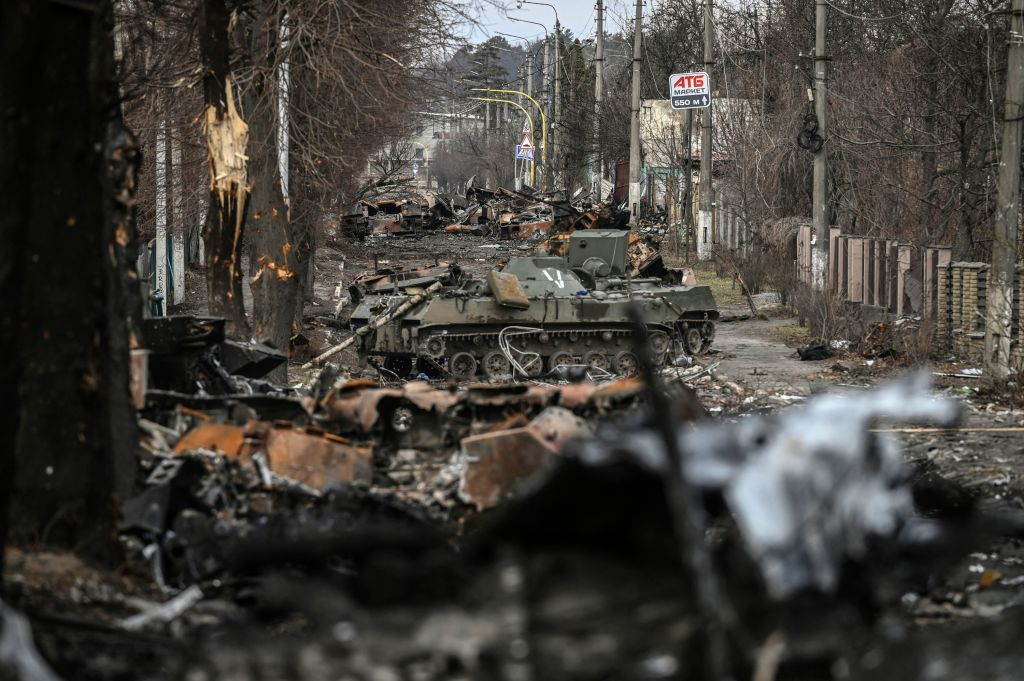
Olena turned her gaze to the scroll once more.
The faint glow of its words caught the last of the twilight as it flickered in the dim marsh light.
She had tried to understand its meaning, to unlock the secrets that the frog had offered her, but the words twisted like roots in the mud — elusive, stubborn.
She did not need to understand, not fully.
She had learned that lesson long ago.
Instead, she had come to trust the rhythm of the land, the way the swamp seemed to guide her, like the pull of tides or the course of a river.
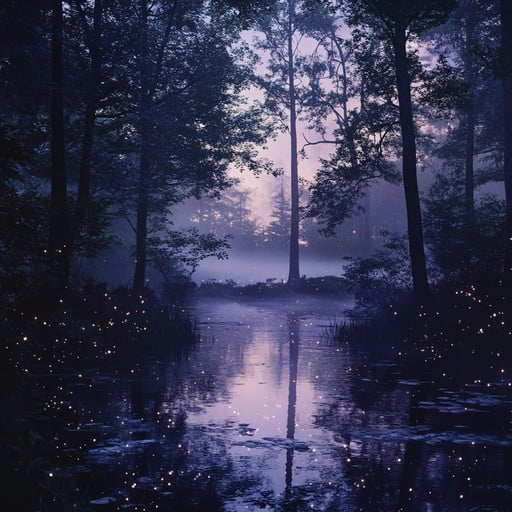
The Bear was coming, yes.
But it would find nothing here but the quiet strength of those who had mastered the art of stillness.
The ones who knew how to be invisible, how to survive, how to wait.
The column of mud-caked soldiers stretched across the plain, their movements slow but steady.
They were a force — formidable, yes.
But they were bound by their own heavy, visible weight.
They marched in the open, announced by their boots in the earth, by their breath that fogged the night.
And for all their might, they did not see what lay just beyond their reach.
The swamp would not fight them head-on.
It would not meet them in open battle.
But it would shift.
It would twist.
It would disappear into the very fabric of the land and become something else — something ungraspable, something that could not be caught or conquered by force alone.
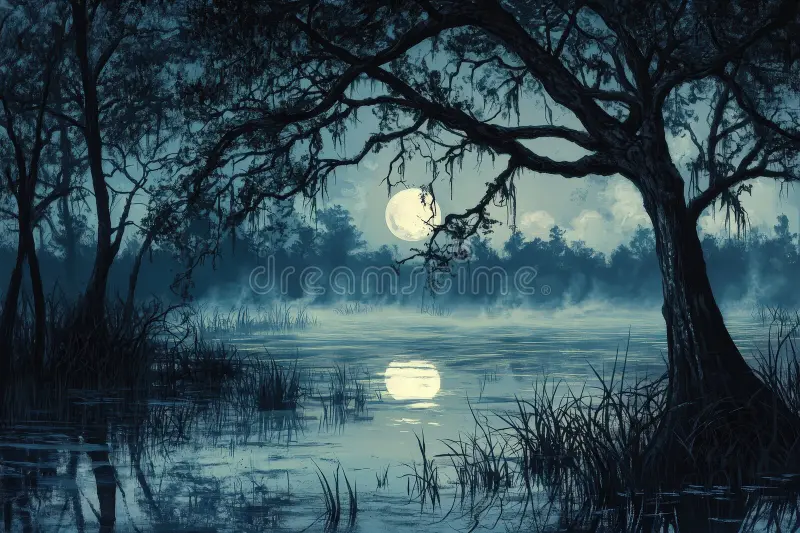
Olena’s lips barely parted, but the words she spoke were enough for those who heard them.
“Let them come.
Let them see what they expect.
The war does not belong to the loud.”
She did not need to raise her voice to lead.
She did not need to wave a banner to make her presence felt.
In the quiet, in the spaces between, in the stillness that surrounded them all, Olena knew:
The swamp had already decided its course.
And it was enough.
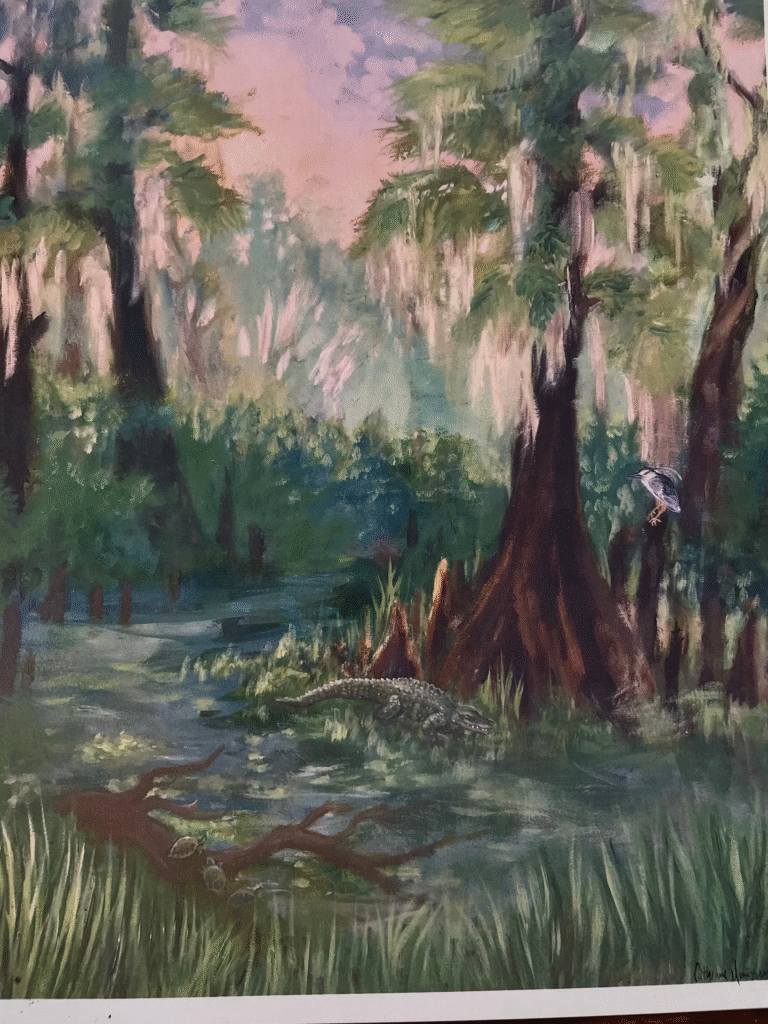
The world sees what moves and is moved by what it sees.
Rumors spread like pollen on the wind.
A great push in the south!
Armored convoys through Odesa!
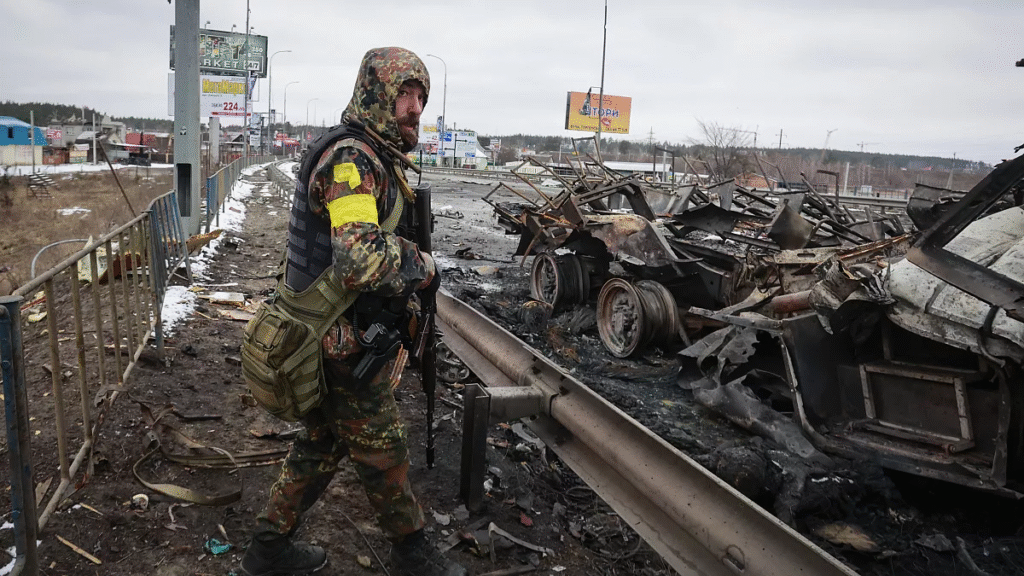
Ukrainian airstrikes near Melitopol!
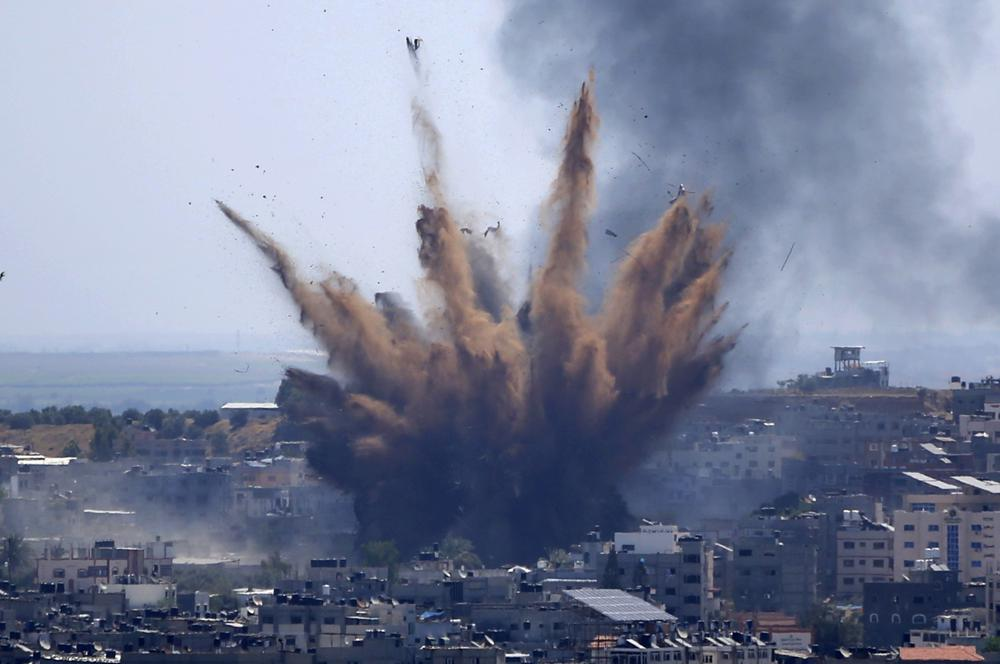
The Bear snarled, changed course, turned south —
Chasing ghosts drawn by false maps,
Old tanks dragged and abandoned in view of drones,
Smoke trails faked with burning hay.
In truth, Olena’s forces were not there.
They were already behind the Bear.
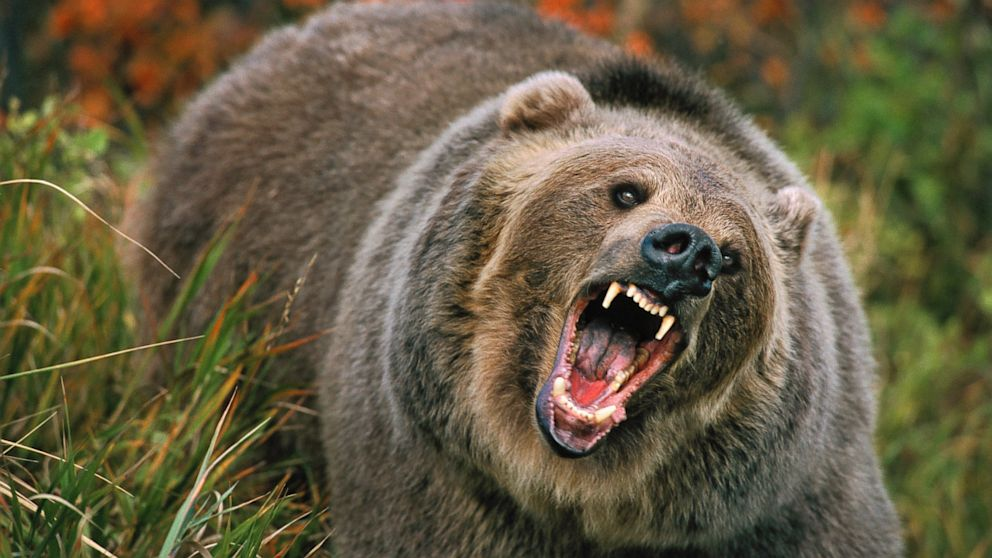
The swamp had a way of bending truth, of molding perceptions like clay.
Olena knew the power of silence, the power of suggestion, the unseen hand that guided the dance of war.
Her people had learned long ago that the battlefield was not merely the ground they stood on — it was the air, the rumors, the whispers in the dark.
She had planted her seeds in the wind, let them scatter like breadcrumbs for the Bear to follow.
It was a game of illusion, of misdirection.
And the Bear, ever so eager to charge, had taken the bait.

The armored convoys moved, their tracks grinding the earth beneath them, leaving behind the unmistakable scent of confidence.
They were headed south, where the smoke billowed thick and heavy, where drones buzzed and satellites hummed, reporting back to a commander whose eyes were blinded by the very noise they created.
But Olena’s forces — those who had learned to become part of the landscape, part of the rhythm of the earth — had long since disappeared from the south.
They had no need to march in the open, to announce their presence.
They were already behind the Bear, moving like shadows, unseen and unnoticed, waiting.
The Bear’s snarl echoed through the air as it veered southward, chasing shadows that existed only in the minds of its commanders.
It followed the trail of false maps and rumors, each one a carefully laid step in a dance that only Olena’s people understood.
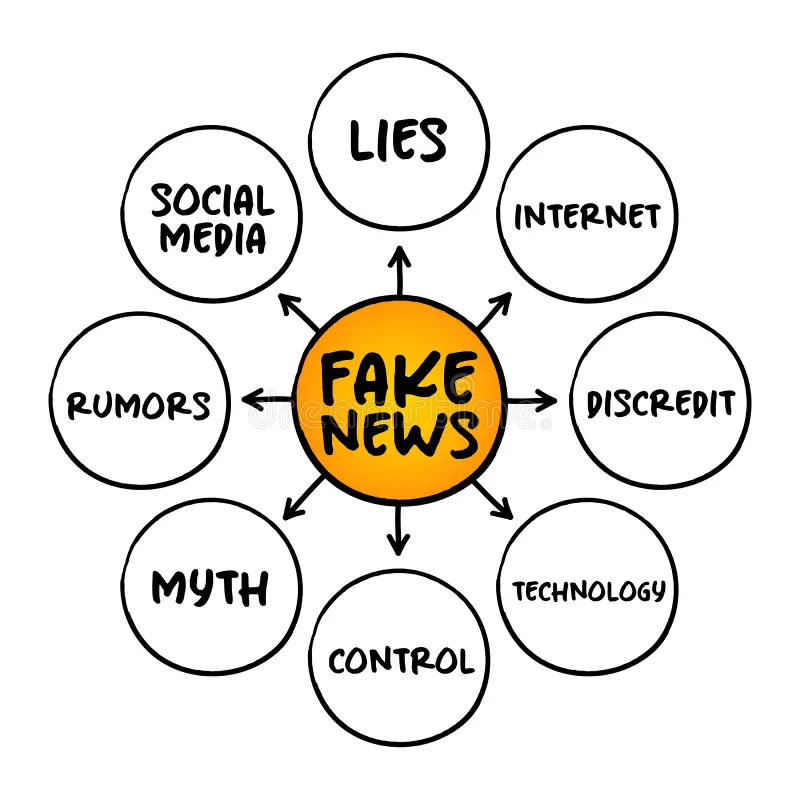
The old tanks, abandoned in the open, had been bait.
The burning hay, set ablaze with calculated precision, was another illusion, another trick played by the land itself.
None of it mattered.
It was all a distraction.
The real battle had already begun, and it was happening where the Bear had not yet looked — behind, in the places where silence reigned, where movement was nothing more than a ripple in the water.
Olena’s forces had become the swamp.
They were the unseen, the unnoticed, the ones who knew how to disappear before being found, how to strike without being seen.
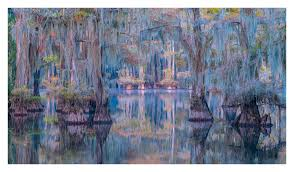
The Bear, in its eagerness to charge south, was oblivious to the trap closing in on it from every side.
They would not fight where the Bear expected.
They would not meet it head-on, where its brute force could crush them.
They would move like water — like fog — flowing between cracks and crevices, until the Bear could no longer see the terrain it thought it knew so well.
The war was not won with noise.
It was won in silence, in the spaces left between the movements.
The illusion was the weapon, and Olena, like the swamp itself, was patient.
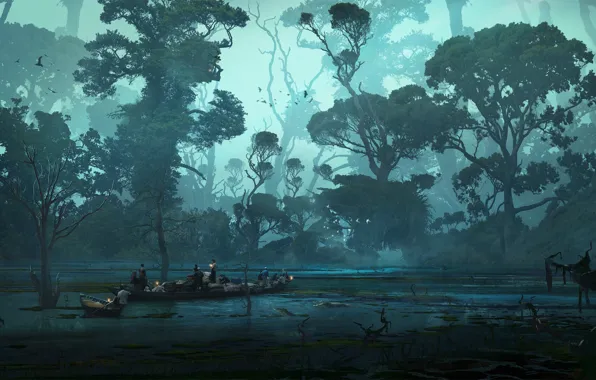
Sink before you are seen.
Through reed and fen they moved,
Bootless, breathless, beneath fog.
A company of sappers using river routes,
A drone squad hiding in the belfry of a ruined church,
Boys in fishing boats with radios and eyes like wolves.
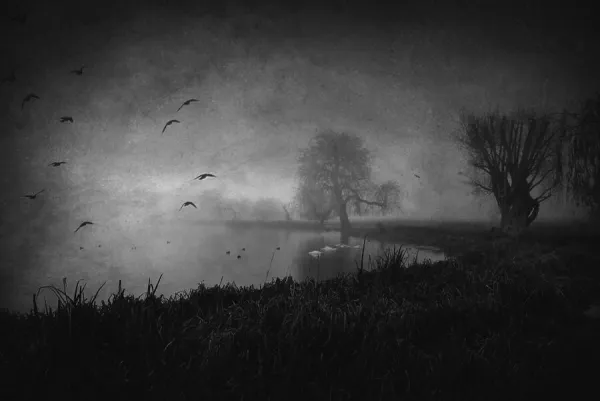
They never stayed more than an hour.
They never struck the same place twice.
A convoy lost a wheel —
The whole advance paused.
Then paused again.
Then turned around.
The Bear was confused, disoriented, trailing ghosts of its own making.
The convoy had lost a wheel — a small thing, a simple mechanical fault, but in the feverish pulse of battle, it was enough to sow doubt.
The Bear’s advance faltered.
The pause stretched into minutes, then hours.
The soldiers shuffled uneasily, their confidence fraying at the edges, the rhythm of their march disrupted by an unseen hand.
They had been chasing shadows, expecting a line of soldiers to appear, a battle to be fought.
But Olena’s forces were not where they were expected.
They had vanished, slipping away like fog before dawn, leaving nothing but confusion in their wake.
In the ruined church, the drone squad sat poised and silent, eyes trained on the targets below.
Their presence was invisible, their strikes unseen, but the effects rippled through the Bear’s ranks.
One well-timed strike, one pinpoint disruption, and the enemy’s certainty cracked.
The boys in fishing boats moved silently across the water, their radios a lifeline, their eyes ever watchful.
They had no uniforms, no badges.
They were not soldiers — they were just villagers, just children, who knew the river better than anyone.
They were the eyes of the swamp, and the swamp did not forget.
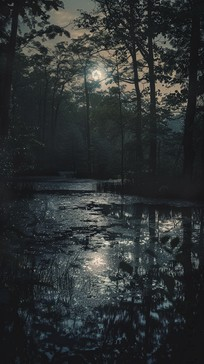
The convoy turned around.
A simple mistake?
Or something more?
It didn’t matter.
The Bear had lost the initiative, and it would never regain it.
The noise of war, the heavy treads of tanks, the rattle of machine guns:
It was all a distraction.
The real battle was fought in silence, in the spaces between actions, in the places the enemy could not see.
The swamp had taught them well.
Through reed and fen, they moved again — quiet, invisible, slipping between the cracks of the world.
They would never stay long, never strike the same place twice, but every move would leave its mark.
The Bear would chase them.
It would always be a step behind, always just missing them, never understanding why it could not win.
And in that confusion, in that disarray, the true battle would be won.

Own the meaning of every move.
A Russian broadcast interrupted by a child’s voice,
Reciting poetry by Taras Shevchenko.
Leaflets dropped from the sky:
“You are not liberators.
You are looters.
Ask your mothers.”
In the villages they passed,
Ukrainian fighters planted seeds—
Real ones, in old fields.
Photos spread through Telegram:
“Even now, we sow.”
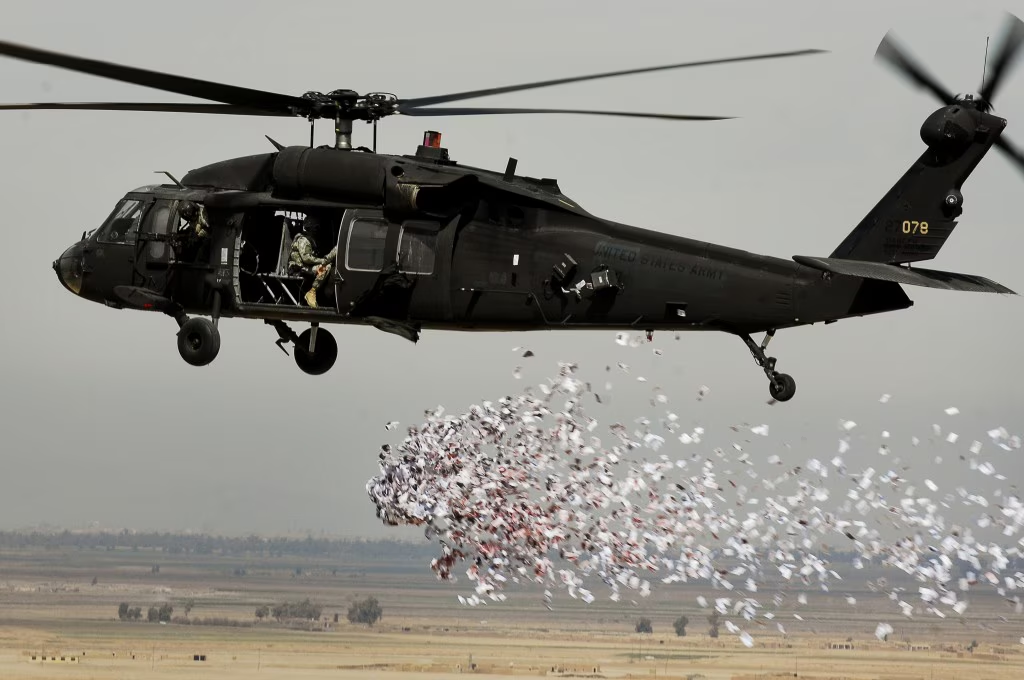
The ripple of the message was deliberate, slow, but unstoppable.
The Bear’s grip tightened as it marched on, but the soil beneath its feet grew heavier, more uncertain.
A broadcast blared across the airwaves — a Russian anchor’s voice, cold and mechanical, droning on about victories that hadn’t yet come.
But in the background, faint, fragile at first, a child’s voice broke through.
The words rang out clear, unmistakable, reciting the verses of Taras Shevchenko:
“Fight for your land, for your people,
For your heart, for your soul —
You are not alone.“
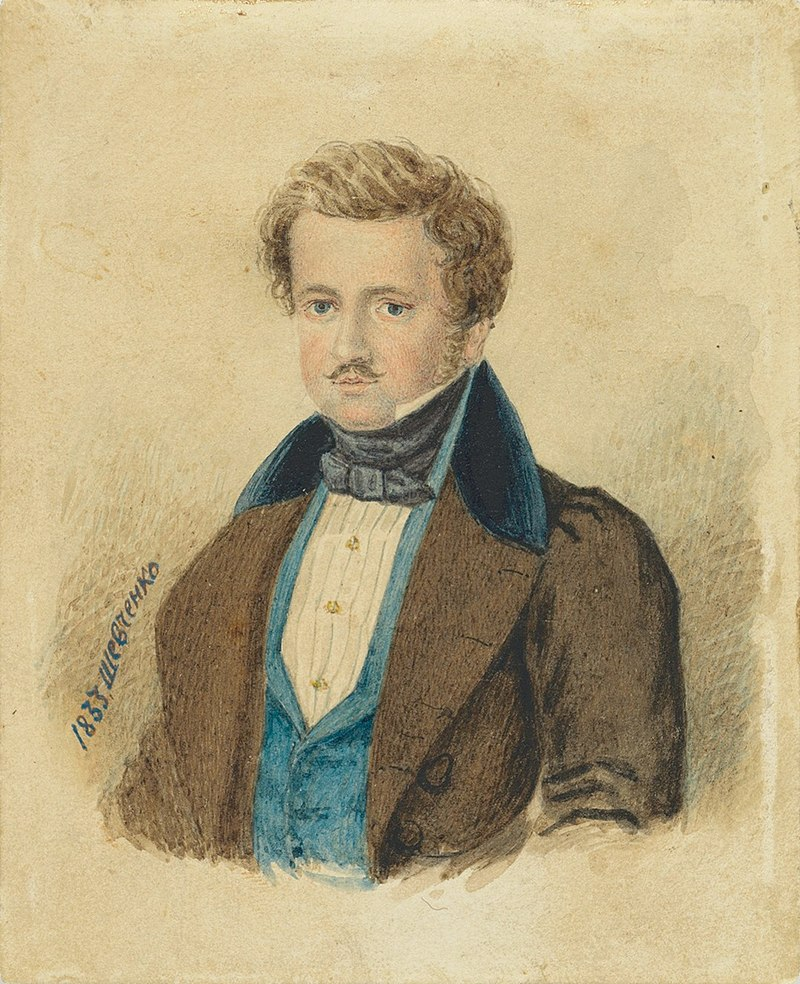
Above: Taras Shevchenko
The child’s voice trembled with the weight of the past, the voice of a generation that had been silenced for too long.
But the words carried the power of all those who had come before, a direct challenge to the narrative the Bear was weaving.
The enemy was not invincible.
It was not liberating.
It was looting, pillaging, and poisoning the land it claimed to save.
The child’s voice, innocent and defiant, rang through the airwaves, a crack in the enemy’s broadcast that could not be ignored.
Leaflets fluttered from the sky like fragile white birds.
They were not threats:
They were calls for truth.
“You are not liberators.
You are looters.
Ask your mothers.”
Every leaflet a spark, every word a fire starter.
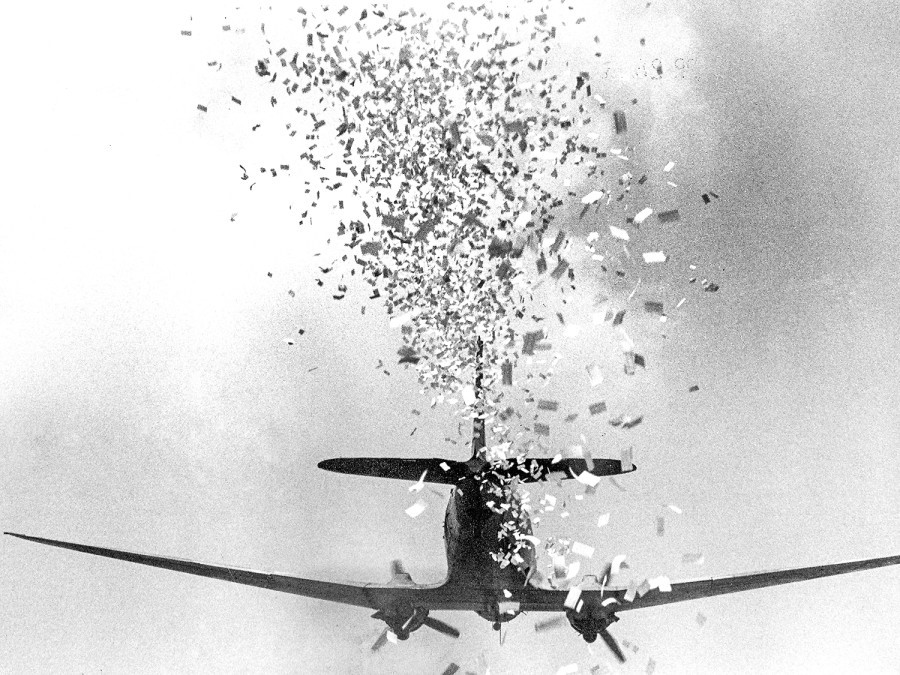
And in the villages where the Bear passed, the Ukrainian fighters planted seeds — not of violence, but of future, of hope.
In old fields, where the earth had been scarred by war, they sowed what would one day grow into a harvest of resilience.
Real seeds.
While the Bear marched forward, obsessed with its own destruction, the quiet rebellion of the earth began to stir.
Photos began to trickle through Telegram, images of young fighters, hands caked in earth, planting in the soil, offering not a fight but a future:
“Even now, we sow.“
It wasn’t just about planting crops.
It was about planting identity, about returning to the roots of the land, about showing that life could grow even in the darkest corners.
In the face of tanks and bombs, they fought with what they had — with words, with symbols, with quiet defiance.
And every seed planted was a step toward an unseen victory, a battle not fought with weapons, but with the indomitable force of will.
And with every move, they owned the meaning of it.
A victory not declared, but felt.
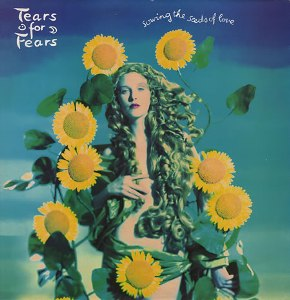
Spawn elsewhere.
The capital was not quiet — it was reloading.
Workshops turned 3D printers into drone forges.
Universities held night classes for tactical medicine.
The diaspora sent engineers, not just money.
Each village liberated became a school.
Each retreat, a rerouting of roots.
No line was final.
No loss unseeded.
The capital hummed, not with the noise of celebration, but with the quiet, steady rhythm of preparation.
It wasn’t a retreat.
It wasn’t surrender.
It was reloading.
The workshops pulsed with life.
3D printers whirred, transforming plastic and metal into the sharpest of tools — drones that didn’t just fly, but saw, listened, and struck with precision.
Each machine was a lifeline, not just to the battlefield, but to the future.
In the universities, lights burned late into the night.
Professors traded their chalk for tactical vests, teaching young minds not just the intricacies of science, but how to save lives under fire.
Tactical medicine became the new lecture, each student trained to stitch wounds and heal bodies as much as they were to decipher strategies and numbers.
The diaspora — those who had once fled the land — sent more than money.
They sent engineers, programmers, scientists, and builders, creating an invisible army of knowledge and innovation.
They poured their strength into the heart of the nation, even from afar.
Each village liberated didn’t just become a point on the map.
It became a school.
The land wasn’t just reclaimed.
It was repurposed — turned from a battlefield into a classroom, a forge, a laboratory.
And each retreat was not a defeat.
It was simply a rerouting of roots.
The soil was never truly lost.
What was taken in one place would grow again in another.
The enemy thought it had scorched the earth, but it had only fertilized it for the next bloom.
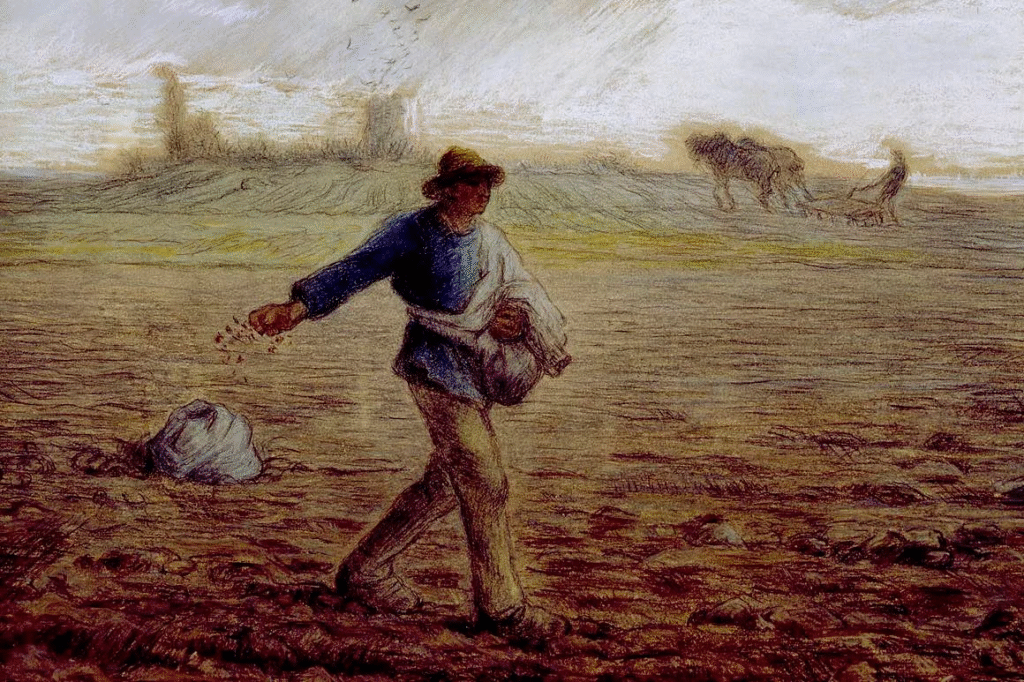
There was no line drawn in the sand, no finality.
Every battle, every move, was a ripple in the larger river of time.
No loss was ever truly lost.
Every step back was a chance to recalibrate, to learn, to grow.
The ground was never left barren.
No village was ever truly conquered.
Everything, in time, would be seeded again.
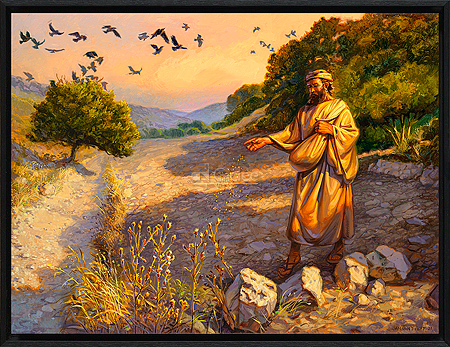
Stillness is strategy.
And as the Bear stalled in swamp and doubt,
As his men muttered in unfamiliar towns,
As his supplies thinned and maps failed him—
Olena sat still.
She sent no message.
She made no speech.
She waited.
And a frog, unseen, croaked once in the distance.

The stillness stretched like the endless marshland, thick with the weight of waiting.
The Bear, caught in his own uncertainty, stumbled.
The men marched through unfamiliar terrain, lost in a country that seemed to shift beneath their boots.
Supplies dwindled, their supply lines fraying as if the very earth conspired to swallow them.
The maps they relied on were torn and misleading, the paths they followed twisted and unfamiliar.
But Olena did not move.
She did not call for reinforcements.
She did not issue a rallying cry.
She sat, silent and patient, watching the slow unraveling of the Bear’s advance.
Every decision, every breath, felt like an act of control.
The swamp itself seemed to exhale, a deep, silent breath that echoed the calm she embodied.
And then, in the quiet of the evening, as the last rays of light were swallowed by the river, a frog’s croak broke the stillness.
It was a single, low sound — a reminder that the game was still unfolding, that victory was not always loud or obvious.
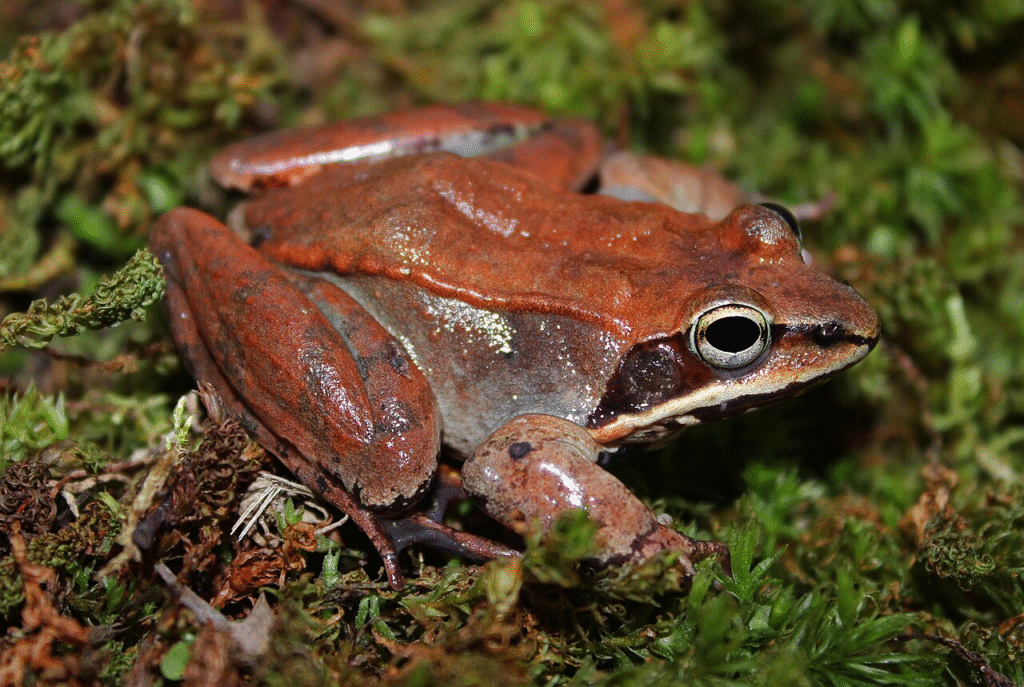
The enemy moved in the open.
Olena moved in the shadows.
She did not need to fight in every battle.
She needed only to remain, unseen, until the Bear’s confusion became his undoing.
She waited.
And the frog waited with her.
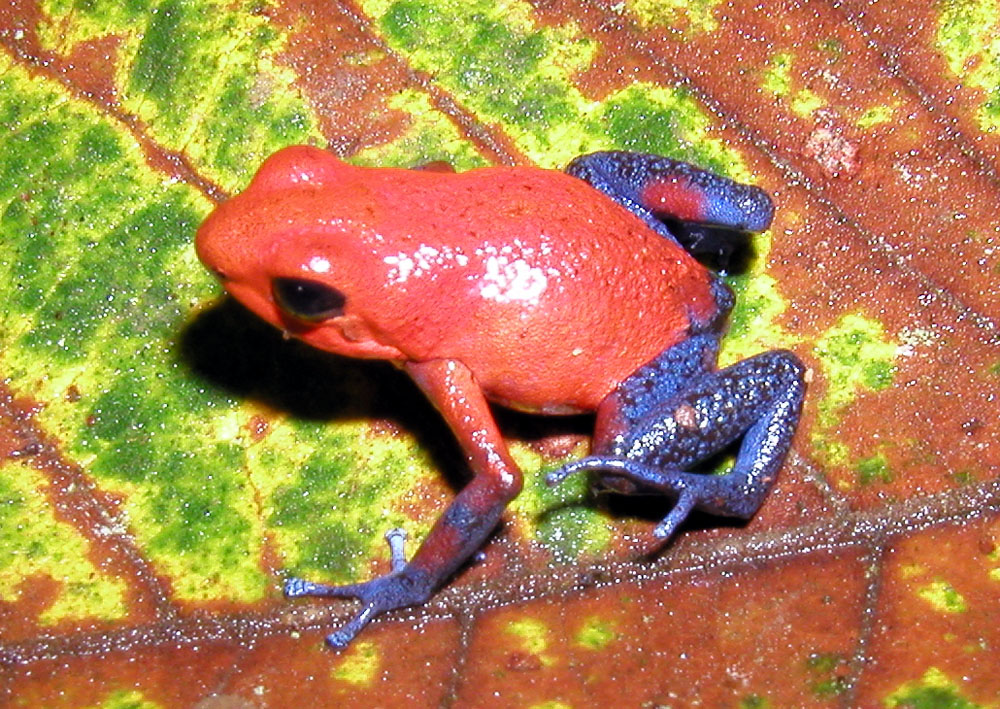
Ivan Medvedev, the Bear, stood like a titan — his broad shoulders hunched beneath the weight of command, his eyes narrow slits of suspicion.
His men, once eager to follow, now hesitated, glancing nervously toward the darkening horizon where the swamp and its ghosts lay in waiting.
He growled again, the sound like gravel grinding under the weight of a war he no longer understood.
The map he clutched, soaked and curling at the edges, mocked him with its lies.
“A village here… and nothing there.”
His finger jabbed at the crater in the earth.
“Explain it.
Now.“
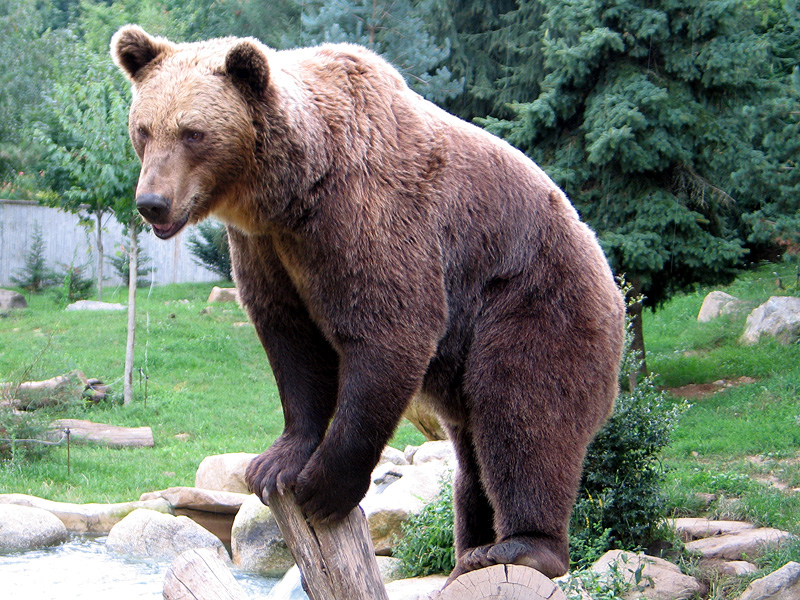
The men shifted uneasily, eyes darting to the trees that seemed to move when they weren’t looking, the ground that was never where it seemed.
They feared Ivan, but there was something else in the air now — something they couldn’t name.
Something ancient.
Something that had been here long before they arrived and would remain long after they were gone.
A drone zipped past them, buzzing like an annoying fly before disappearing into the thick haze.
A bridge that had looked intact a moment before now lay shattered in the distance.
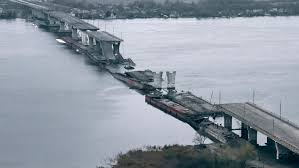
And then there was the woman.
She appeared as if conjured from the fog, her face worn with age and sorrow, her hands offering bread that seemed too good to be true.
But the bread exploded before it ever reached the soldiers.
The men muttered of curses — of a swamp queen who had eyes in every shadow and ears in every breeze.
They spoke of Olena Berehynia, the witch who ruled the silent marshes with the same certainty that the Bear ruled the battlefield.

Ivan’s eyes narrowed in contempt.
“Fear is for rabbits,” he snarled, his voice gruff with defiance.
“We are the Bear.“
But even the mightiest of creatures, no matter how powerful their claws or teeth, must eventually learn the cost of underestimating their prey.
The Bear stepped forward again — and his foot sank deeper into the muck, pulling him further into the swamp that was not just the enemy’s terrain, but his own undoing.
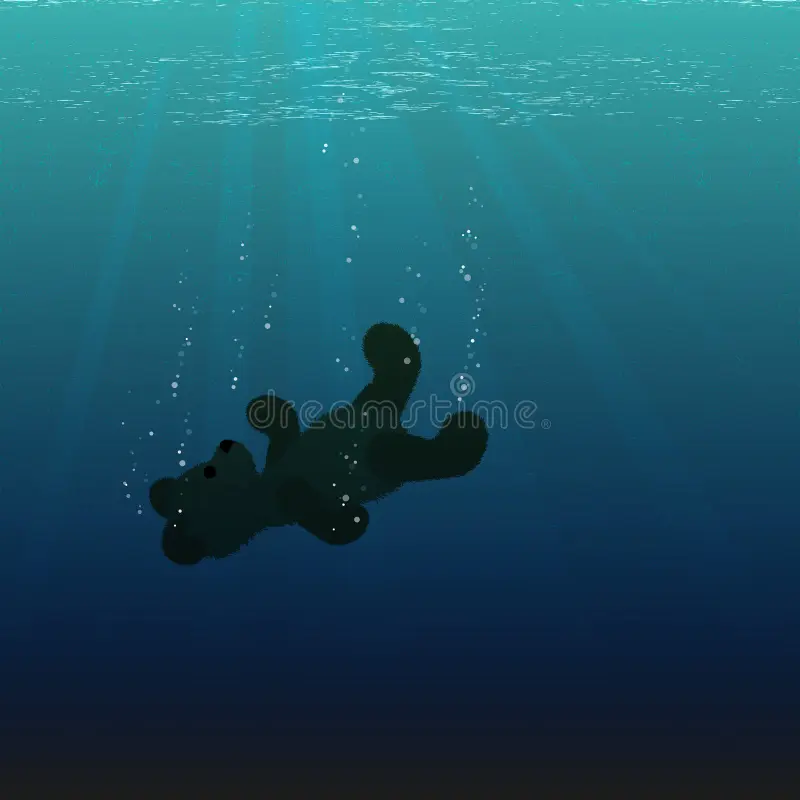
The room was silent, save for the rhythmic tapping of rain on the windows and the occasional shuffle of papers.
Ursula Regenschirm’s fingers rested on the edge of her cup, tracing the porcelain in a slow, absent-minded motion.
She had seen it all before — the maps, the strategies, the bold declarations of victory.
But this…
This was different.
It wasn’t a battle of tanks and trenches.
It wasn’t a matter of who could field the most firepower or rally the loudest chants.
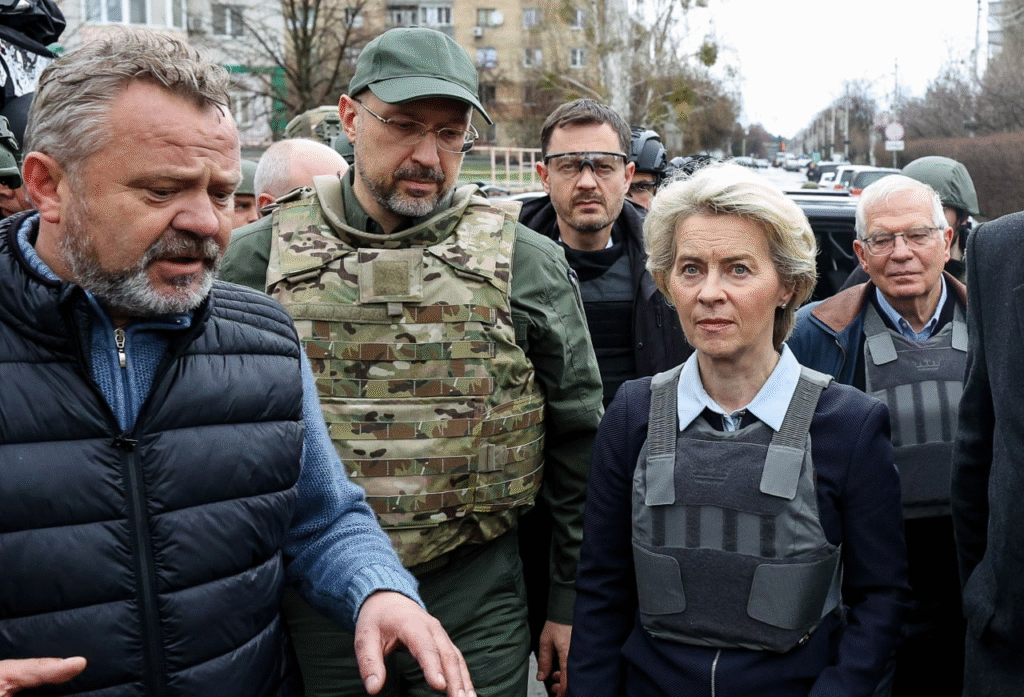
It was something quieter, something that gnawed at the edges of power like the gentle tug of water pulling at a docked boat.
The frog doctrine.
She had heard the whispers, seen the reports.
A subtle war, fought in shadows, in silence, in the spaces between the loud roars of conventional conflict.
The enemy was no longer just the one on the battlefield.
It was perception, it was narrative, it was the very nature of the fight itself.
A fight not for territory, but for meaning, for momentum, for memory.

Ursula sighed, the weight of it settling on her like the heavy clouds outside.
“It’s… clever,” she said, her voice tinged with reluctant admiration.
“But it won’t last.
Even shadows eventually need the light.“
The aide nodded, though there was no certainty in his eyes.
“Perhaps.
But it’s working.
The Bear doesn’t know where to strike, or how to respond.
The world’s attention is scattered.
It’s causing confusion.“
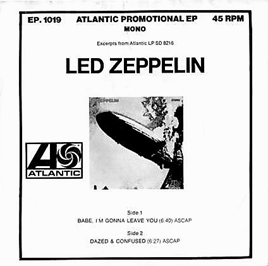
“And Europe?”, Ursula asked, her gaze drifting back to the window.
“Where are we in all of this?”
The room was quiet for a beat too long.
“The people are tired,” her military attaché said.
“The political capital is thinning.
The headlines are shifting.
The energy, the urgency — it’s not the same.
People want something tangible.
Something… visible.“
Ursula’s lips tightened.
“She had better make it look good, then.
And soon.“
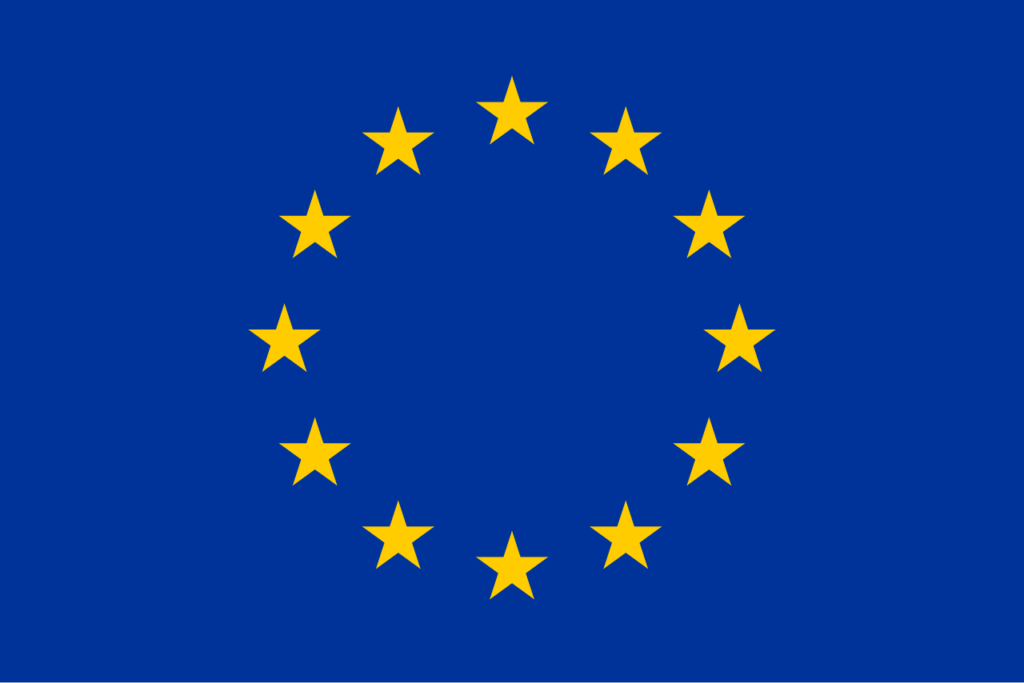
Above: Flag of the European Union
A final glance at the rain-soaked streets outside, and then, with a heavy exhale, Ursula stood, shaking off the weight of indecision.
“Prepare for the next phase,” she ordered, her voice hardening.
“And tell our allies — we need something that the world can see, something they can believe in.
The frog may be sly, but even the slyest creatures can be caught when the sun is high enough.“
Her advisors nodded, though none of them seemed fully convinced.
The frog doctrine had already taught them all something:
In war, there was no single way to win.
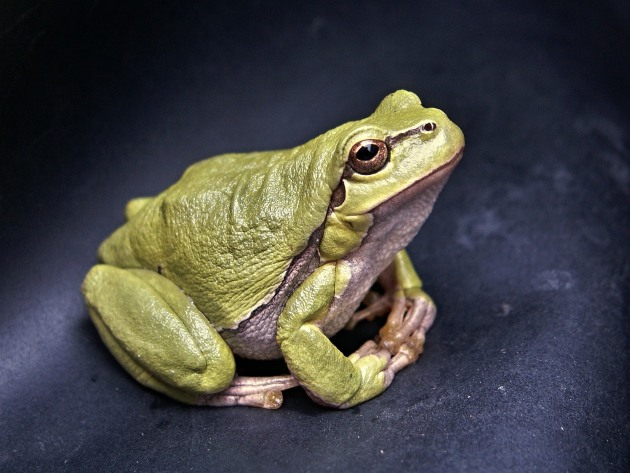
There were only ways to survive long enough for the enemy to exhaust themselves.
Ursula knew the game was far from over.
But as the thunder rolled in the distance, she felt the tightening in her chest that only comes with knowing the next move might be her own.
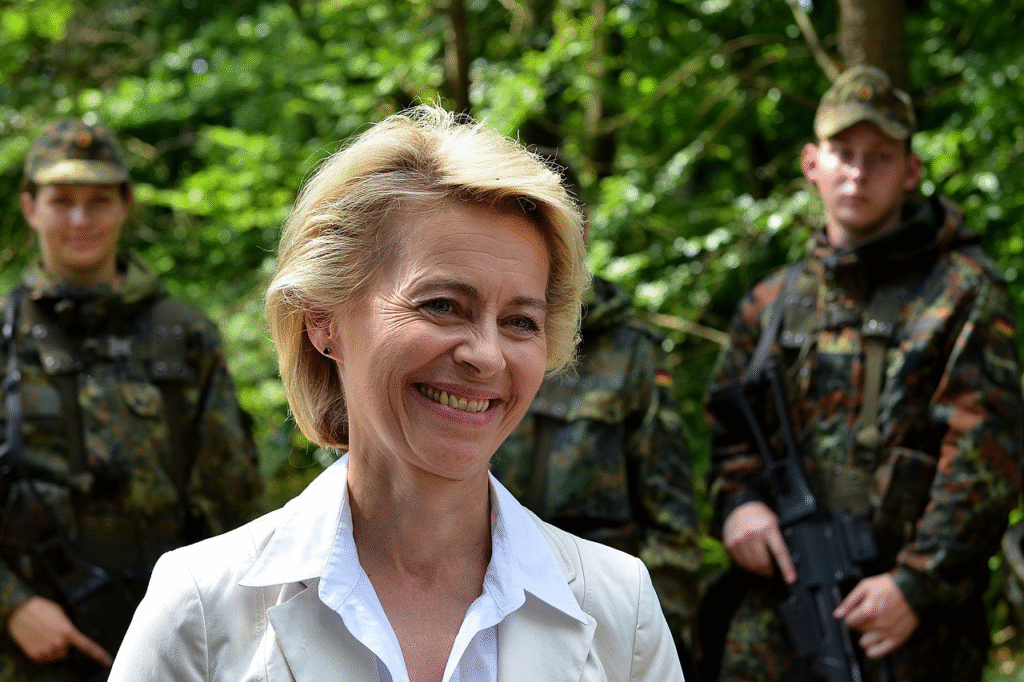
The cameras clicked into place with the same seamless precision as every other show that President Douglas Fairbanks had ever hosted.
The lights shone like a halo around him, perfectly designed to enhance his features, his charismatic smile — a smile that, to millions, symbolized strength, leadership, and hope.
Behind the set, the speechwriter shuffled uneasily, glancing at the floor as if searching for the right words.
It wasn’t that he didn’t respect the President, or that he didn’t understand the role he played in the grand performance of politics.
It was just that lately, the script felt less like something written for the good of the country, and more like something written for the good of an image.
But the speechwriter knew better than to voice his concerns.
He had seen this game played before.
The media cycle, the spectacle, the endless churn of headlines and hashtags:
It all worked like clockwork.
The people watched, the cameras rolled, and the narrative was fed, restructured, and regurgitated until it was palatable to those who consumed it.
Douglas Fairbanks had perfected this dance.
“Missile drop footage ready, sir,” a director called from the back.
Douglas nodded, his eyes already shifting to the teleprompter as he adjusted his tie again, his fingers moving instinctively, like a showman before the next act.
“Let’s make sure the choir’s cued up, too,” he said, voice casual, but there was an edge to it now.
He was leaning into his role.
The next segment needed to be perfect.
It needed to make the people believe that, despite the undercurrents of change in the world, despite the quiet victories happening in distant swamps, he was still in control.
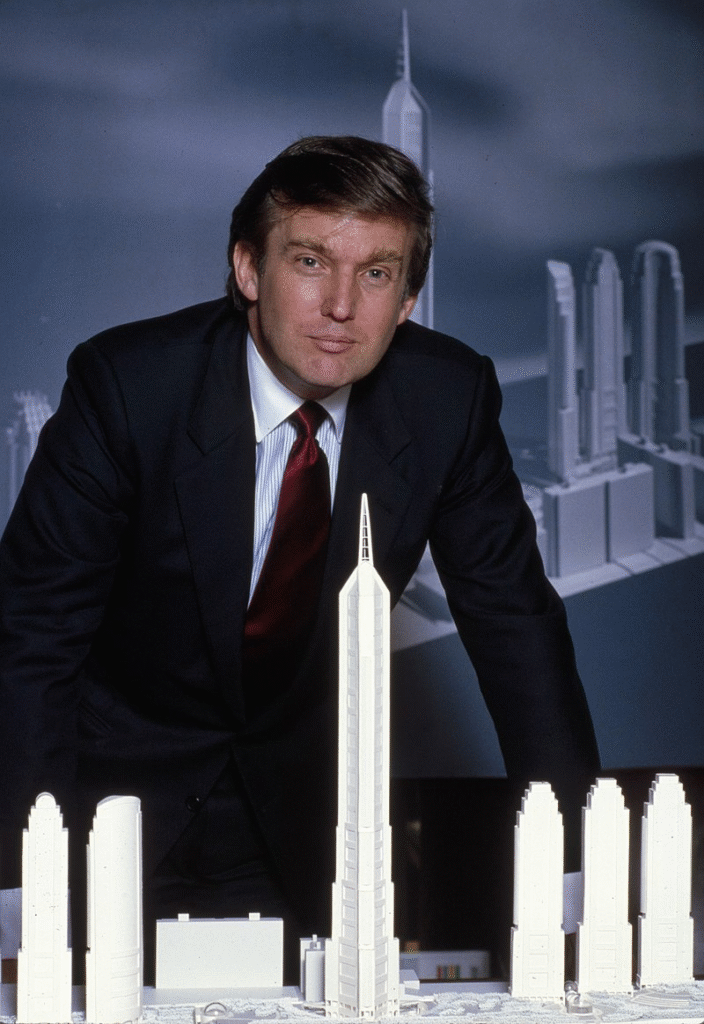
The speechwriter, his nerves fraying, held up a hand.
“But, sir,” he began, barely above a whisper.
“What if—“
“What if?” Douglas interrupted, smiling like a man who had been through this a hundred times before.
He turned to face the speechwriter, his gaze sharp and calculating, but softened by that practiced charm.
“What if she’s changing the fight, you mean?” he asked, almost playfully.
The speechwriter nodded, biting his lip.
Douglas’ smile widened.
“Changing the fight is what losers say.
They reframe the narrative to make it look like they’re still in control when they’re losing.”
He turned his attention back to the cameras, his posture erect, commanding.
The air in the room shifted:
The President was ready to perform.
“And let me tell you something about winners,” he continued, speaking directly into the camera now, his voice rich with the self-assured confidence that the public had grown to love.
“Winners don’t change the fight.
They win it.
Clean, fast, and in the spotlight.”
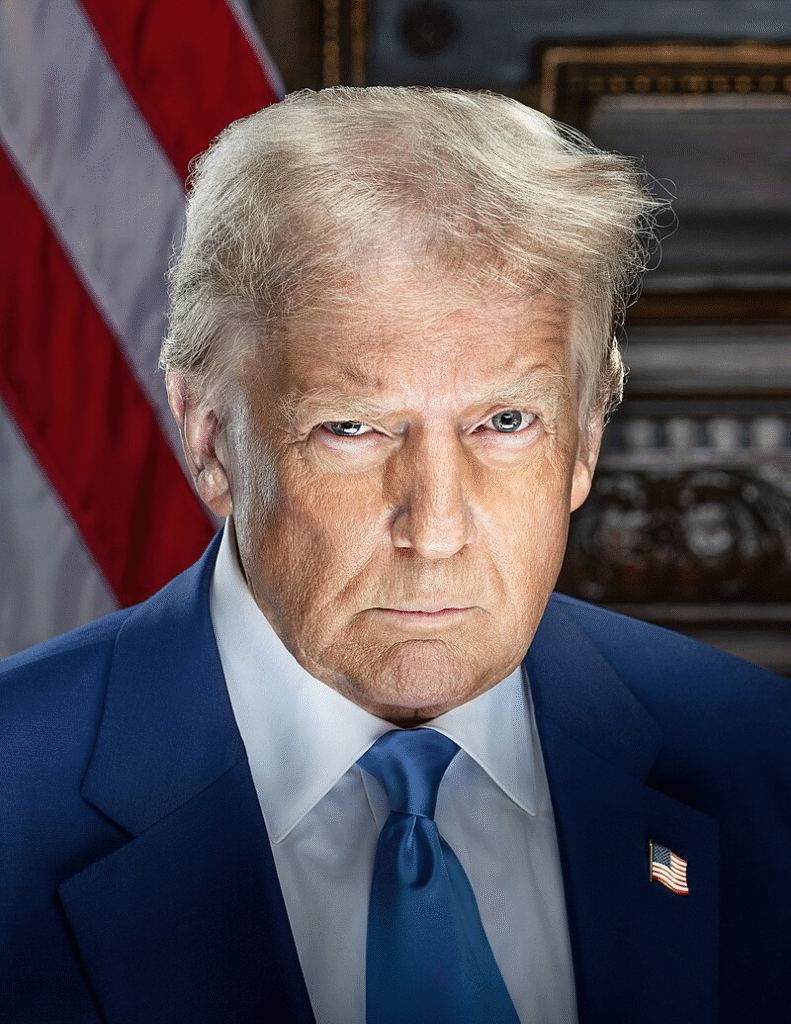
He turned his head slightly, glancing over at the director, his cue for the next sequence.
He was already thinking ahead to the grand finale.
His mind was on the Bear — the proud, brash Ivan Medvedev.
The tank-man who, like him, had built an empire, a narrative, a way of being that demanded respect.
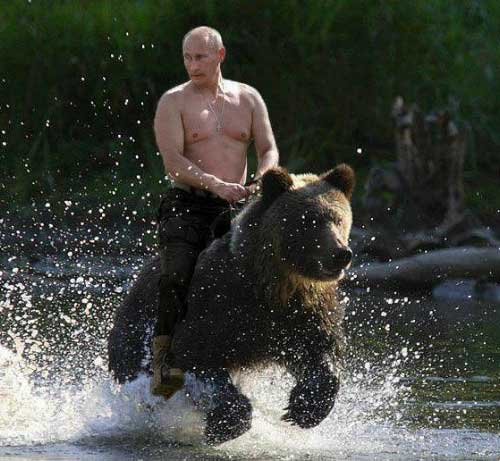
Fairbanks knew it wasn’t just tanks and missiles that ruled the world— it was perception.
And Ivan?
Ivan might have the power to strike fear with his weapons, but Douglas knew how to win hearts with his show.
The director gave him a thumbs-up.
The choir began to hum in the background, soft and eerie at first, building to a crescendo.
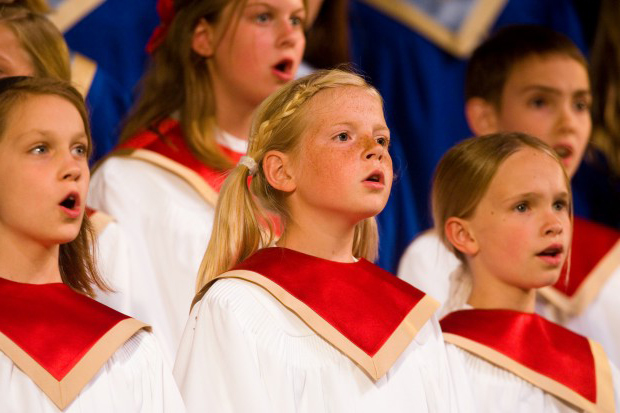
Douglas looked at the speechwriter one more time.
“Tell her — if she wants more freedom packages, she’d better deliver results.
Otherwise, she can keep changing the fight from her swamp.”
The speechwriter swallowed and nodded, but as he moved to carry out the President’s orders, he couldn’t shake the nagging feeling that he was the one losing the narrative.
They all were.

Off-camera, a frog croaked once, somewhere far in the distance.
It was a sound only a few heard, but for those who listened closely, it was enough to make them wonder what the future might look like if the swamp did, indeed, win.

The pigeon fluttered down, wings silent against the evening’s cool air.
Olena didn’t need to explain.
She had already spoken the words to the air.
The bird knew its task.
It would deliver the message to Jinshi Qingwa, the one who understood the way of the water, the way of silence, the way of the invisible hand.
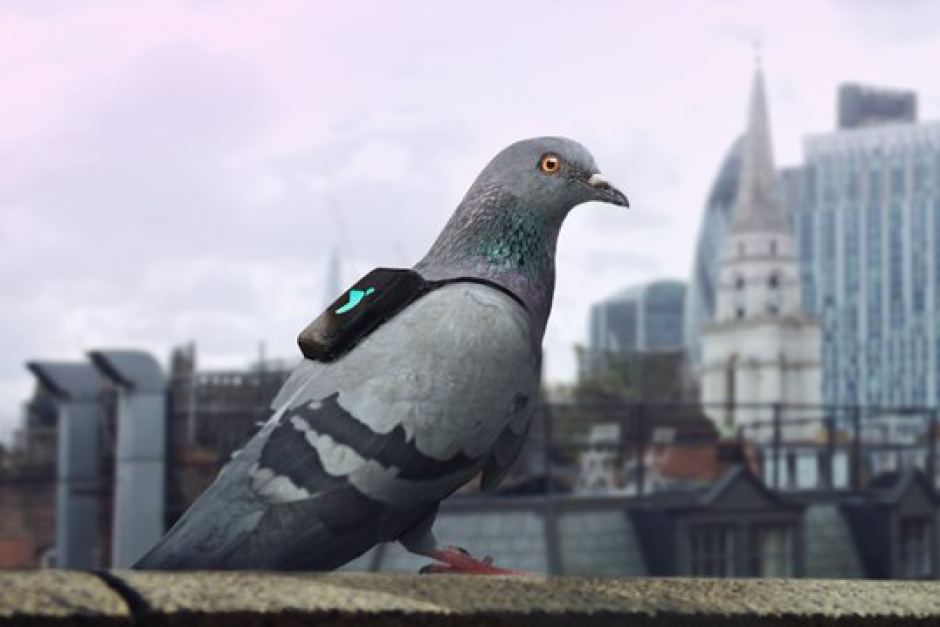
Olena stood still, her eyes tracing the faint lines of the scroll one last time.
She wasn’t looking for answers anymore.
The answer had already been given.
It was in the pattern of the ripples, in the stillness between the movements.
She had followed the frog’s teachings without fully knowing where they would lead, but now, she could feel the moment coming — like the faintest pressure before a storm.
The marshes whispered with secrets.
The frog’s laughter, a murmur of inevitability, echoed through the reeds.
Not loud, not triumphant, but knowing.
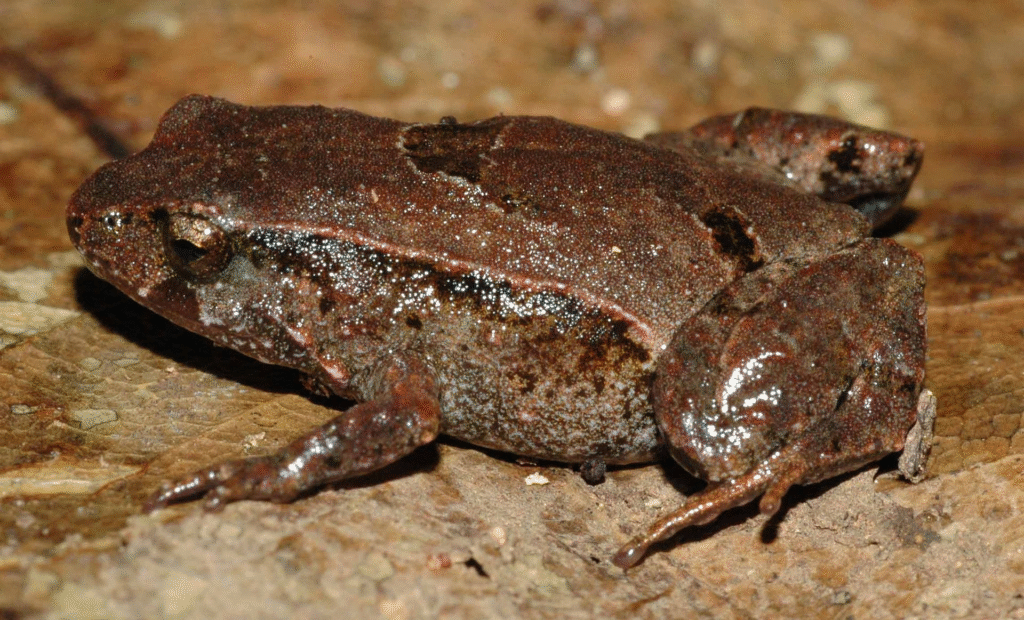
As the pigeon vanished into the dusky sky, Olena felt the pull of the land beneath her feet — deep, ancient, unyielding.
The Bear would come, and the world would be watching.
But the real fight had already begun, in the spaces between the battles, in the whispers of the unseen.
And Olena knew that, sometimes, the loudest victories were the ones you didn’t announce at all.
A frog croaked in the distance, the sound lingering as if to mark the passage of time.
“Let them wonder,” she whispered, turning her back to the wind.
“Let them all wonder.“
